As winter approaches, many rabbit owners wonder how to keep their furry companions warm and comfortable. Rabbits are resilient creatures, but the cold season requires extra preparation to ensure their health and happiness. Winter rabbit housing isn't just about providing shelter—it's about creating an environment that keeps them thriving despite the challenges of winter.
Click Here For a Guide to Understanding Your Rabbits Diet.

Why Winter Rabbit Housing Is Essential
Rabbits naturally tolerate cold better than heat, thanks to their thick fur coats. However, even the hardiest rabbit can struggle in extreme conditions. Cold weather increases the risk of hypothermia, frostbite, and respiratory issues. Proper housing ensures your rabbit stays warm, safe, and healthy throughout the season.
How to Prepare Outdoor Rabbit Housing for Winter
Choosing the Right Location
The location of your rabbit's hutch plays a big role in protecting them from harsh weather. Place the hutch in a sheltered area near a wall, under a sturdy overhang, or in a well-protected garden corner. This setup helps shield the hutch from strong winds, rain, and snow.
Winterizing the Hutch
Winterizing your rabbit's hutch is essential for keeping them safe outdoors. Start by elevating the hutch off the ground. This reduces exposure to dampness and cold seeping up from the earth. Next, inspect the hutch for any cracks or gaps that might let in drafts. Seal these with weatherproof materials such as caulk or wood panels.

For insulation, line the walls of the hutch with thick materials like blanket-covered cardboard or foam boards. Adding these layers helps trap heat and block out the chill. Use a combination of newspaper and fresh straw or hay on the hutch floor. This provides both warmth and comfort. Replace bedding regularly to prevent mold or moisture buildup.
For more tips on winterizing your outdoor rabbit hutch, check out our Cozy Hacks for Winterizing Rabbit Hutch blog here.
Protecting Against Predators
Predators like foxes, raccoons, and even neighborhood cats can pose a threat to outdoor rabbits, especially in winter. Ensure the hutch is securely locked and features sturdy, predator-proof wire. Consider using motion-activated lights near the hutch to deter nocturnal animals for added security.
Managing Extreme Weather
If you live in a region with heavy snowfall or freezing temperatures, monitor the hutch daily. Remove any snow that accumulates on or around it. Check for ice that could block ventilation or prevent your rabbit from accessing their food and water.
Indoor Winter Housing Tips
Setting Up an Indoor Habitat
Rabbits living indoors during winter enjoy a more stable environment, but their housing still needs attention. Place their enclosure in a draft-free area away from heating vents. Too much heat can make them uncomfortable. Use soft fleece blankets or mats to line the bottom of their habitat, giving them a cozy space to relax.
Ensuring Safe Exploration
Rabbits may have more opportunities to roam and explore indoors. Rabbit-proof the space by removing hazards like electrical cords, toxic plants, and small objects they could chew on. Provide tunnels, toys, and hiding spots to keep them entertained and mentally stimulated.
Feeding Your Rabbit in Winter
In colder months, rabbits need extra calories to maintain their body temperature. Adjust their diet to support this energy demand while keeping it balanced and healthy.

Essential Foods for Winter
Hay: High-quality hay, such as Timothy Hay or Orchard Grass, should make up the bulk of your rabbit's diet. Hay provides fiber, which aids digestion and generates warmth during metabolic processes.
Pellets: Rabbit-specific pellets offer essential nutrients and can supplement hay. Avoid overfeeding pellets to prevent weight gain.
Fresh Vegetables: Leafy greens like kale, spinach, and parsley are excellent winter options. Rotate these with other rabbit-safe vegetables to provide variety.
Fruits: Small amounts of fruit, such as apples or blueberries, can be offered as occasional treats. Be mindful of their sugar content.
Water: Check water bottles and bowls frequently to ensure they haven't frozen. Insulated bowls or heated waterers can prevent freezing and keep your rabbit hydrated.
Encouraging Healthy Eating Habits
Winter can affect a rabbit's appetite, especially if they're less active. Monitor their food intake and adjust portions as needed. Provide fresh hay daily and replace any wet or soiled pieces immediately. If your rabbit shows signs of decreased appetite, consult a veterinarian.

Keeping Rabbits Active in Winter
Physical activity is vital for your rabbit's health, even in winter. Exercise helps improve circulation, keeps their muscles strong, and prevents boredom. Set up a safe, dry play area indoors or outdoors, depending on your rabbit's housing situation.
For outdoor rabbits, clear an exercise area of snow and debris. Supervise them during playtime to ensure they stay warm and safe. For indoor rabbits, provide toys, tunnels, and opportunities for hopping around. Consider scheduling playtime during their most active hours, usually in the morning or evening.
Monitoring Rabbit Health in Winter
Signs to Watch For
Rabbits are skilled at hiding signs of illness, so pay close attention to their behavior. Signs of trouble include lethargy, loss of appetite, nasal discharge, or noisy breathing. These symptoms may indicate respiratory issues or other health concerns. Seek veterinary care if you notice any of these signs.
Grooming and Coat Care
Rabbits grow thicker coats in winter, which can lead to matting if not groomed regularly. Brush your rabbit weekly to remove loose fur and prevent tangles. For long-haired breeds, more frequent grooming may be necessary.
Transitioning Rabbits Between Indoor and Outdoor Housing
When temperatures drop significantly, outdoor rabbits may need to be moved indoors. This transition should be gradual to prevent stress. Start by placing them in a cooler area like a porch or garage before moving them into a heated room. Keep their new environment calm and free of sudden temperature changes.
Helpful Resources for Winter Rabbit Care
For more guidance on winter rabbit care, explore these trusted resources:
- House Rabbit Society: A wealth of rabbit care advice for every season.
- Bunny Lady: Learn to understand your rabbit’s behavior and needs.
- Rabbit Hole Hay: Guides on rabbit nutrition and housing.
- SnuggleSafe Heating Pads: Safe, effective solutions for keeping rabbits warm.
Final Thoughts on Winter Rabbit Housing
Winter rabbit housing is about more than warmth—providing a safe, comfortable space where your rabbit can thrive. By preparing their housing, adjusting their diet, and staying attentive to their needs, you can ensure your rabbit has a happy and healthy winter.

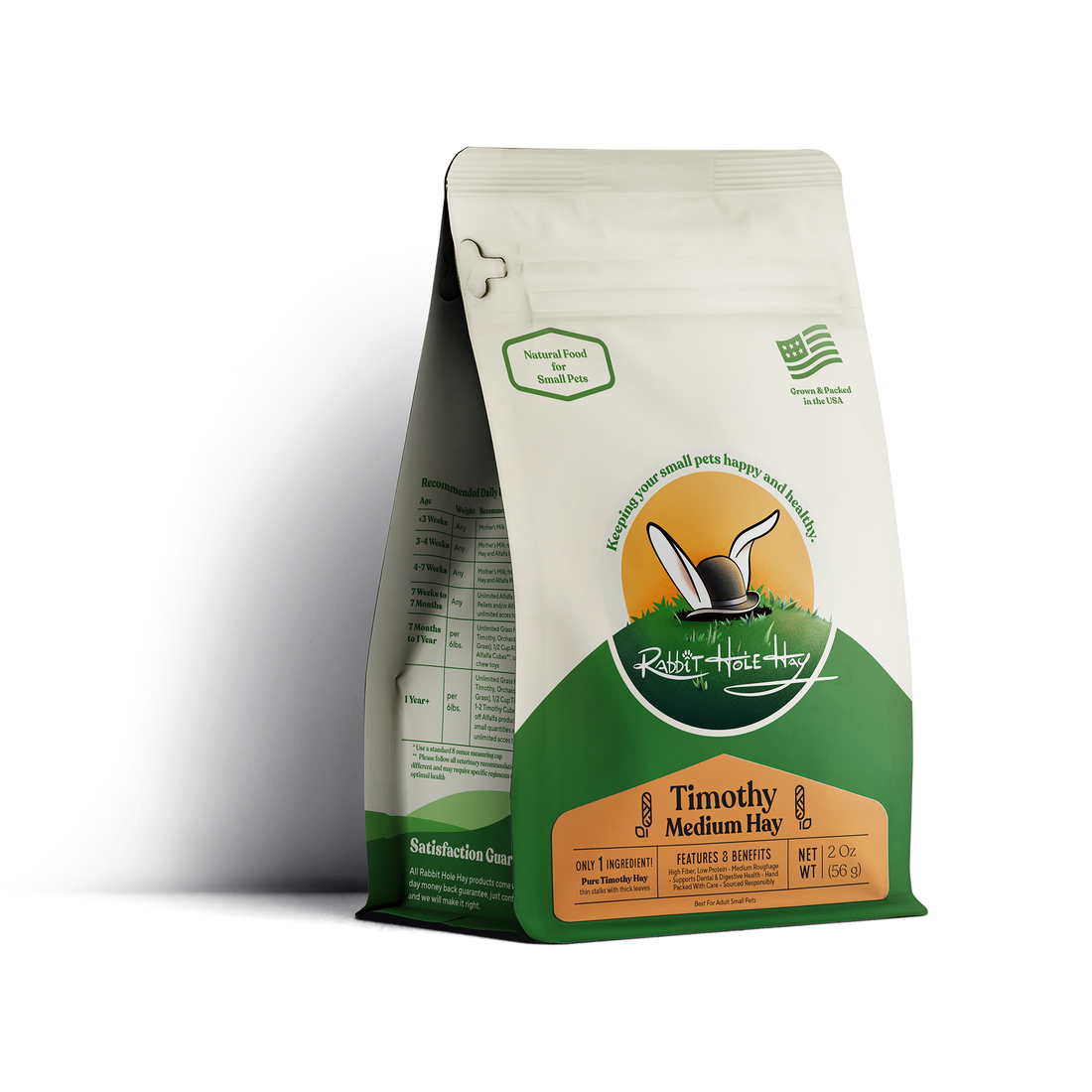
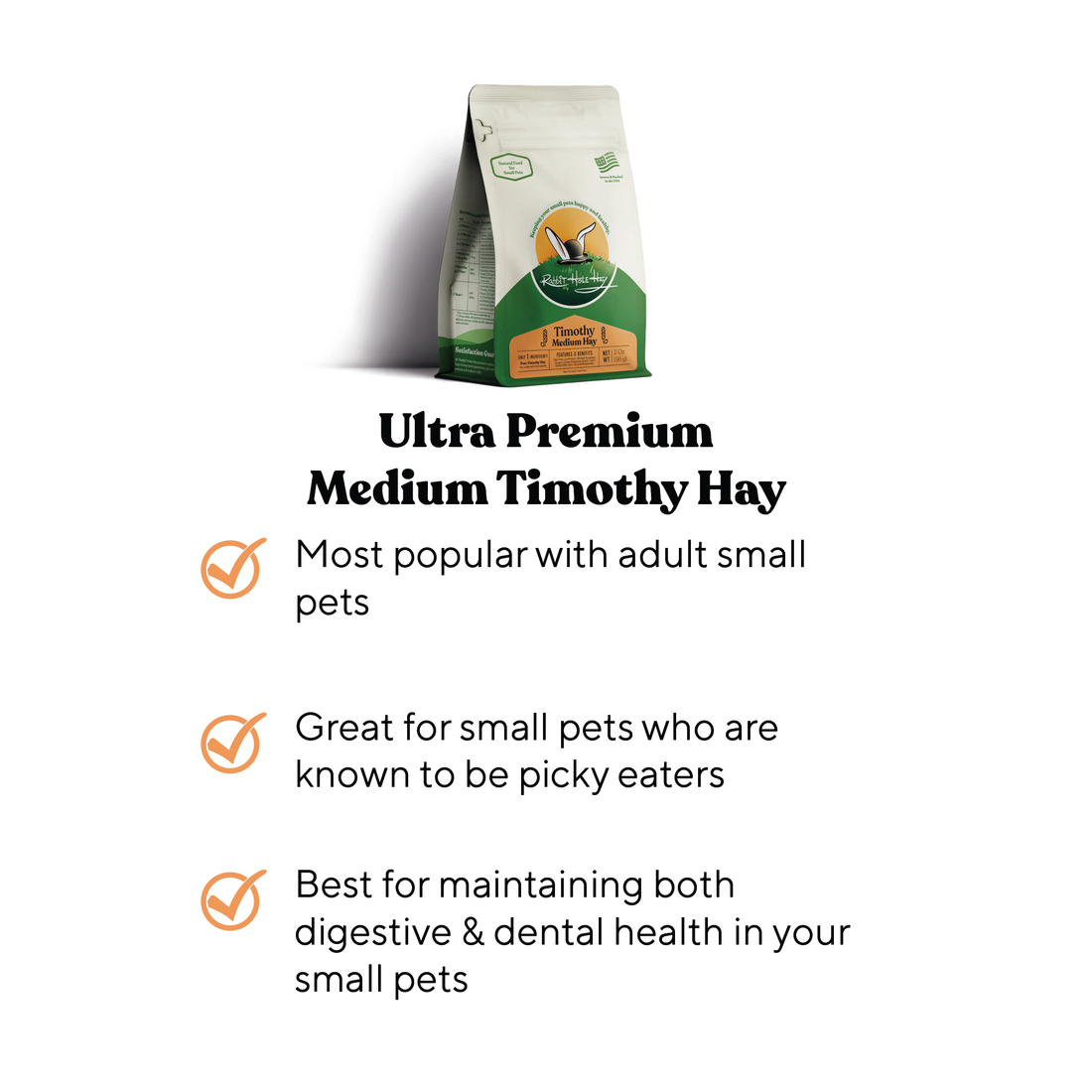
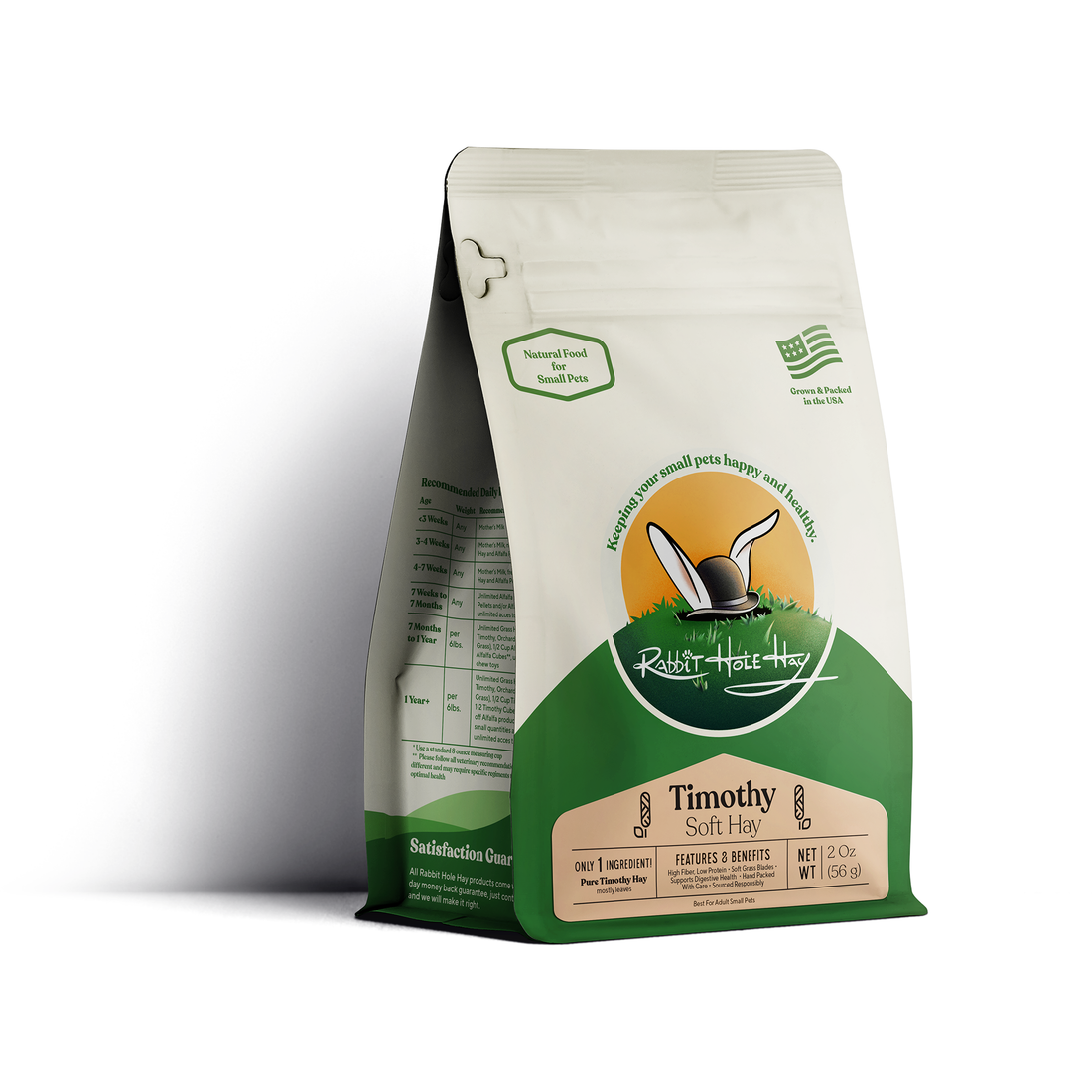
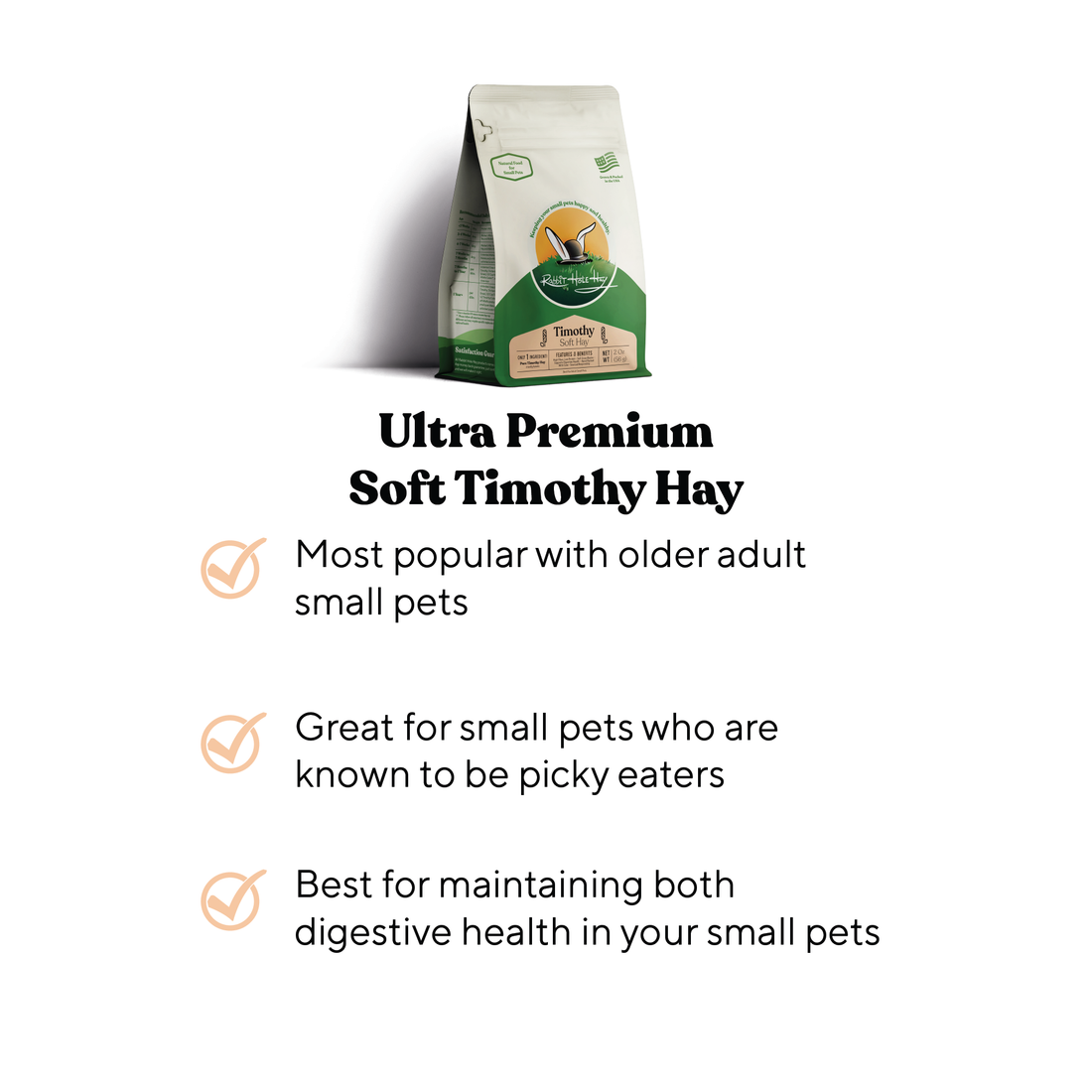
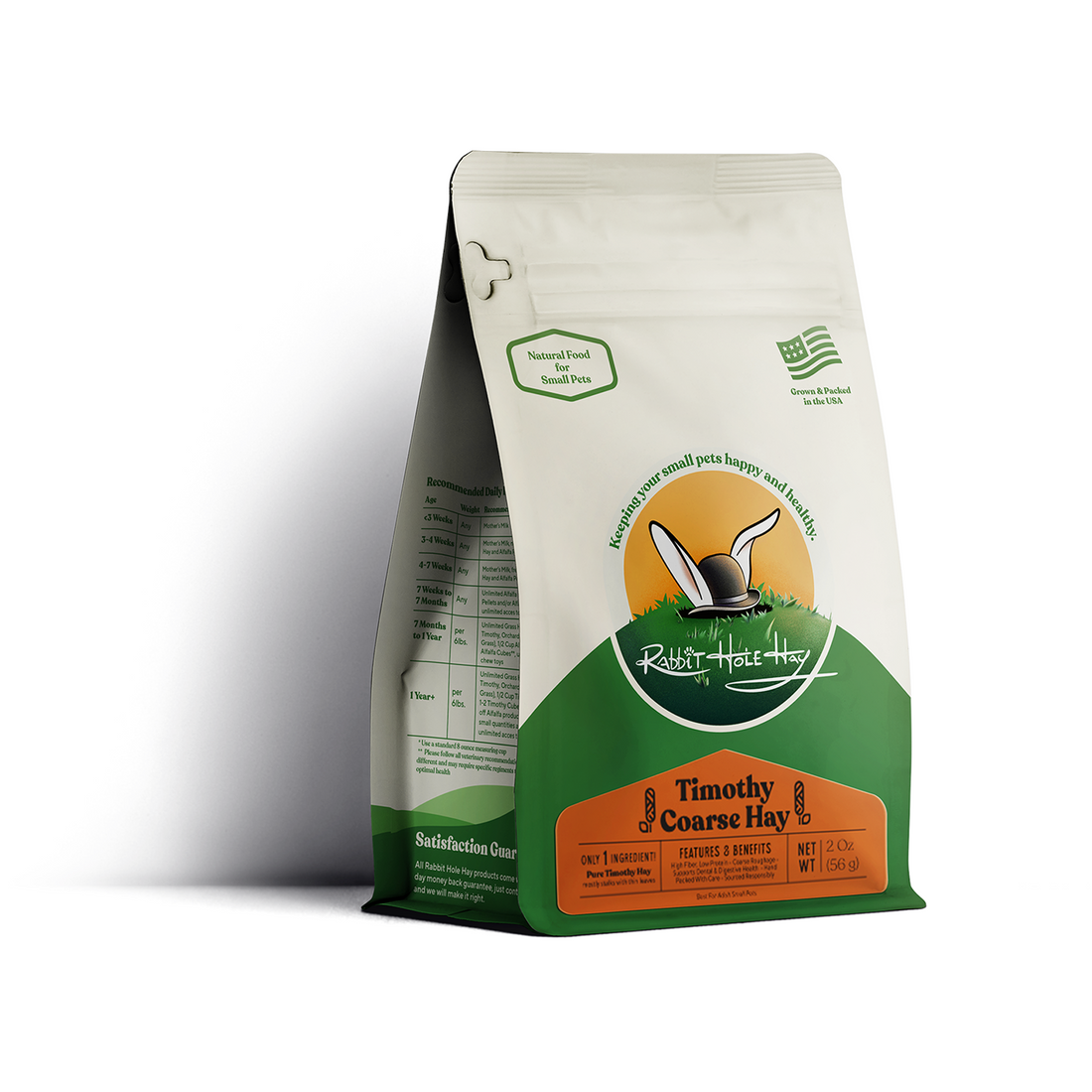
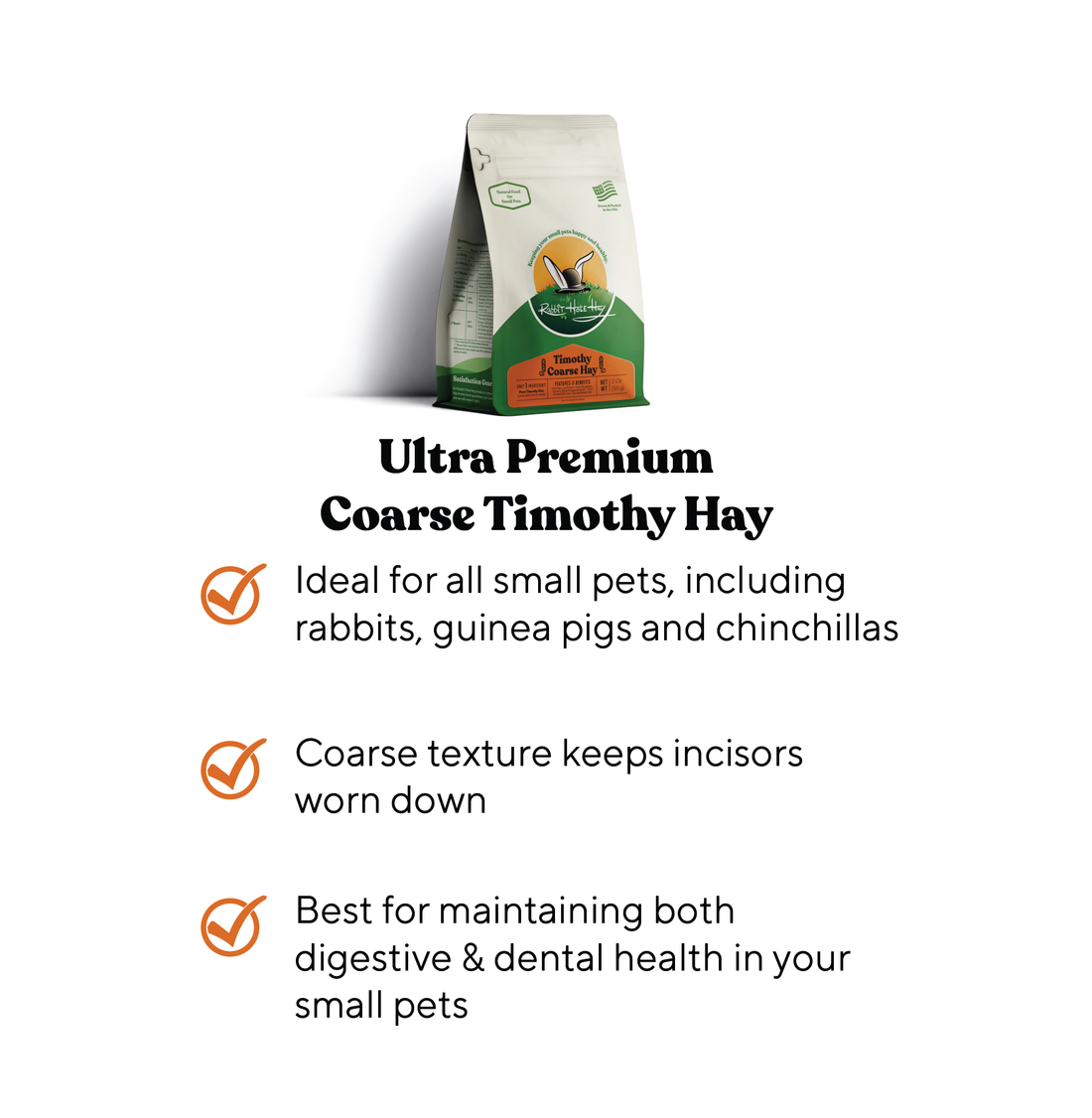
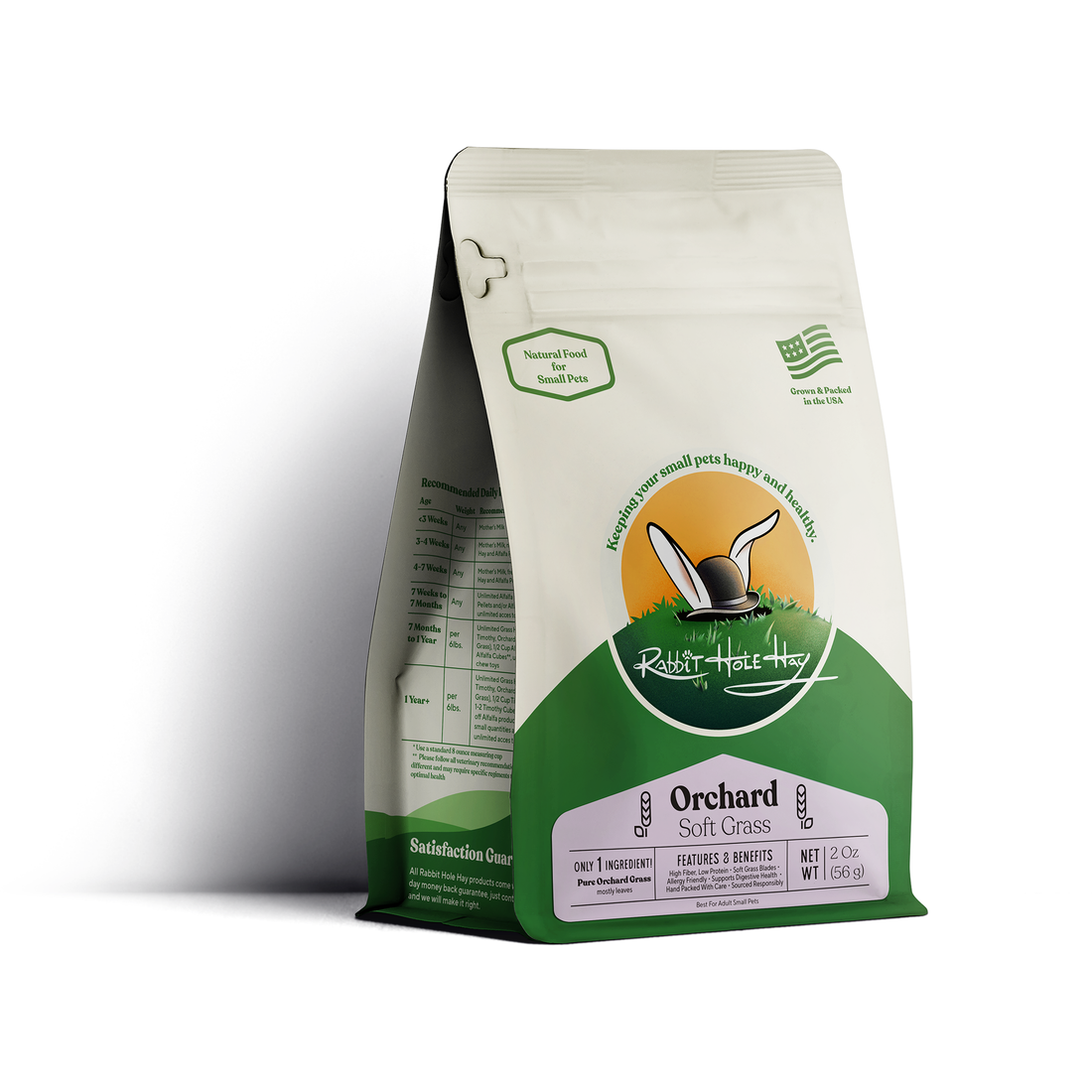
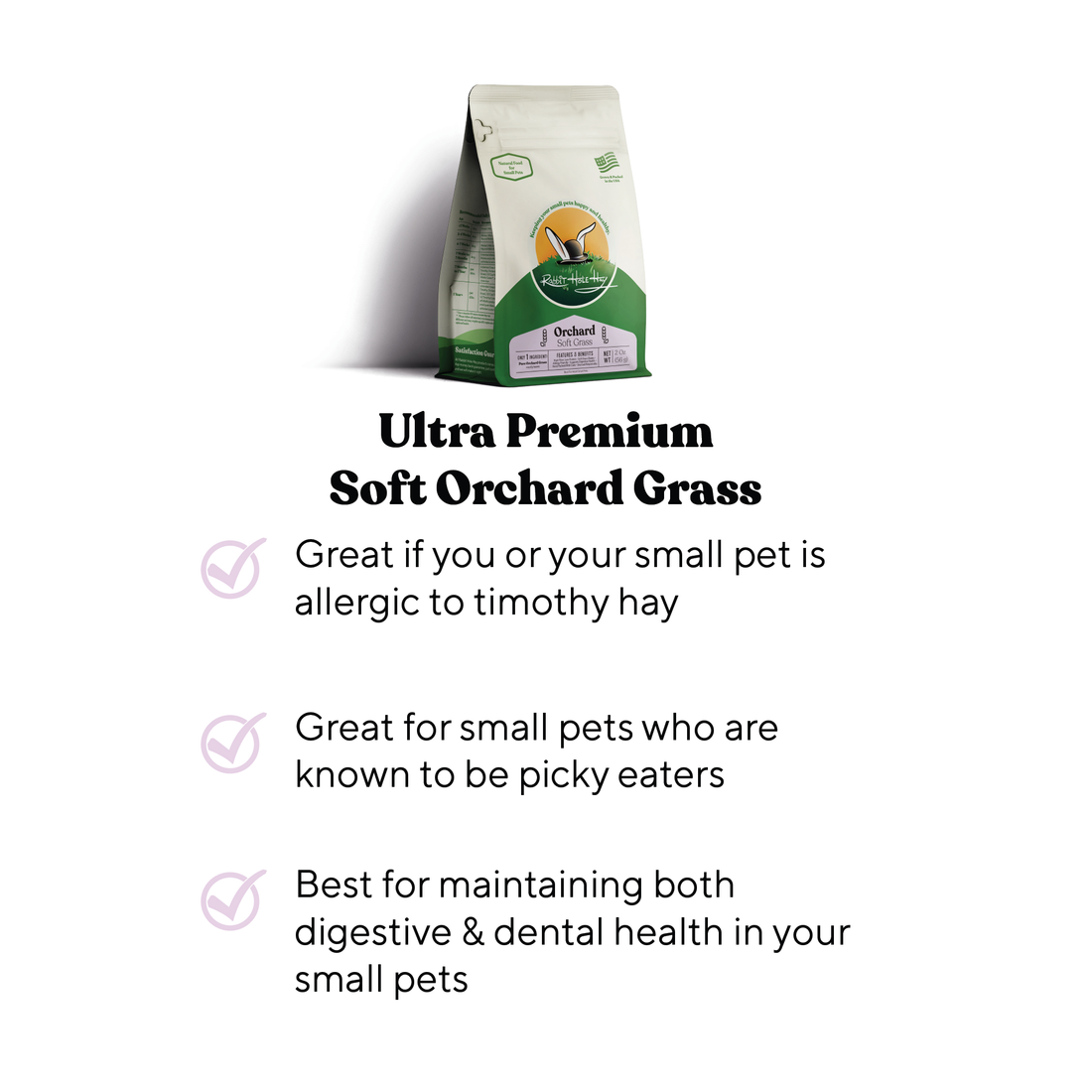
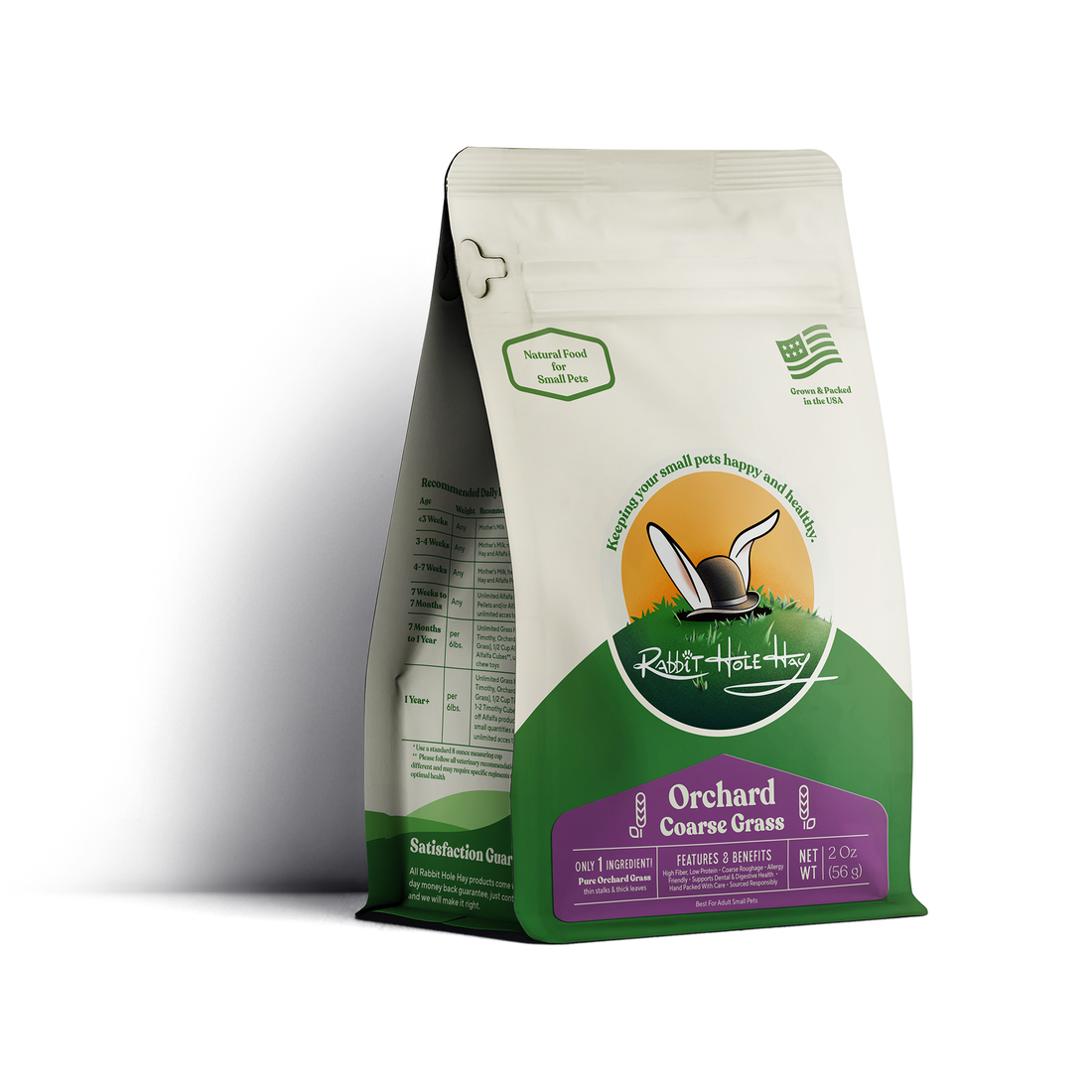

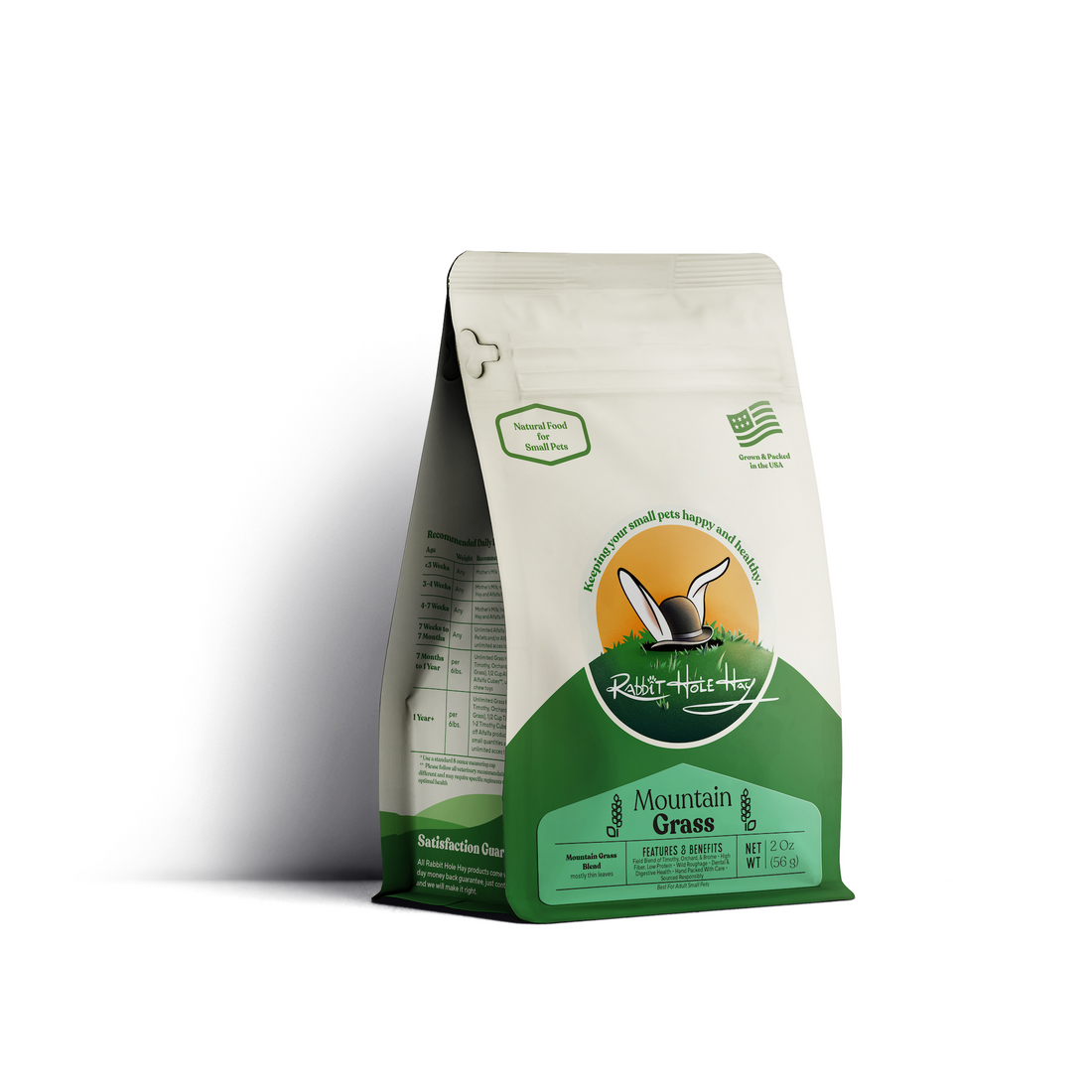
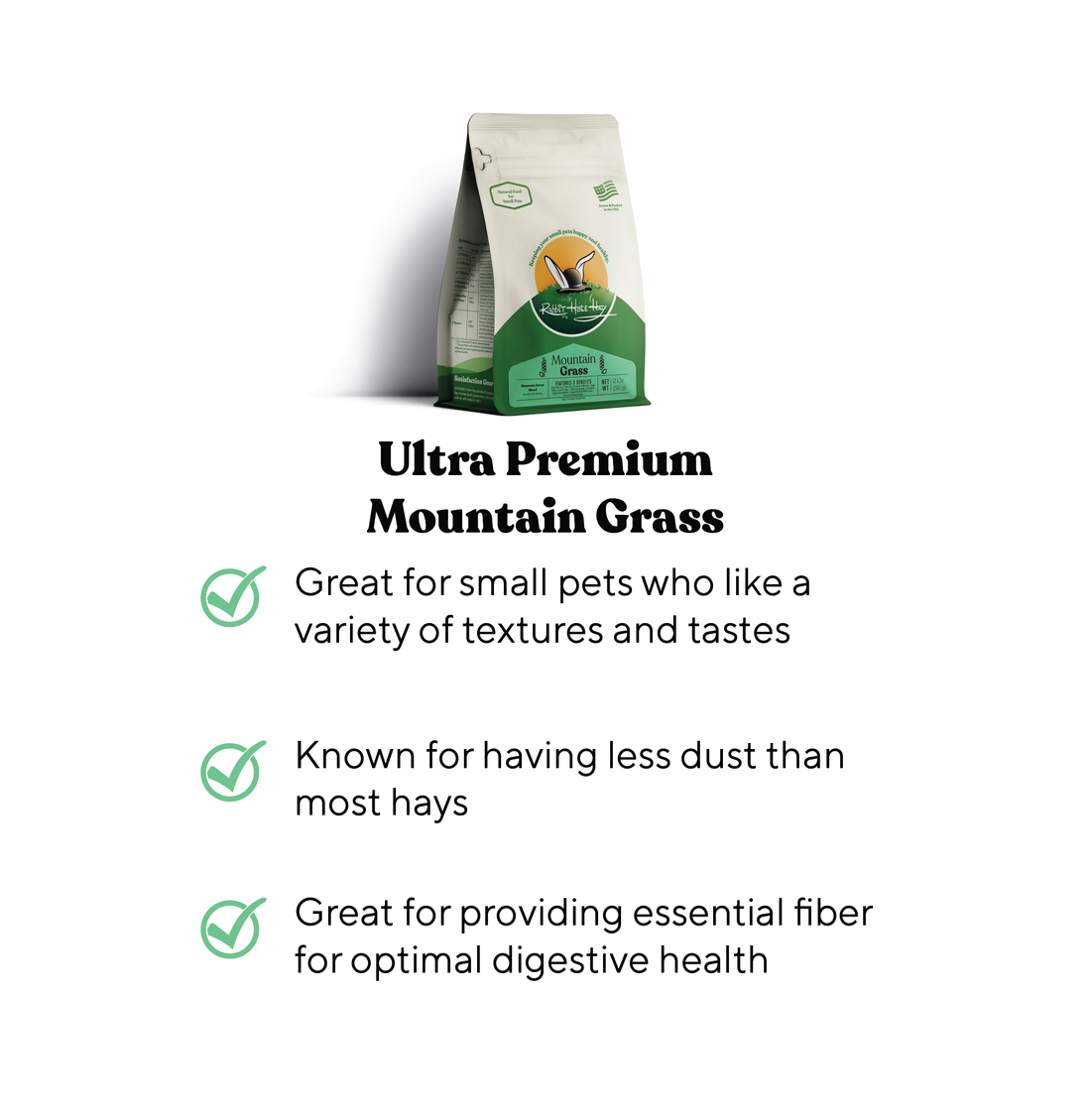
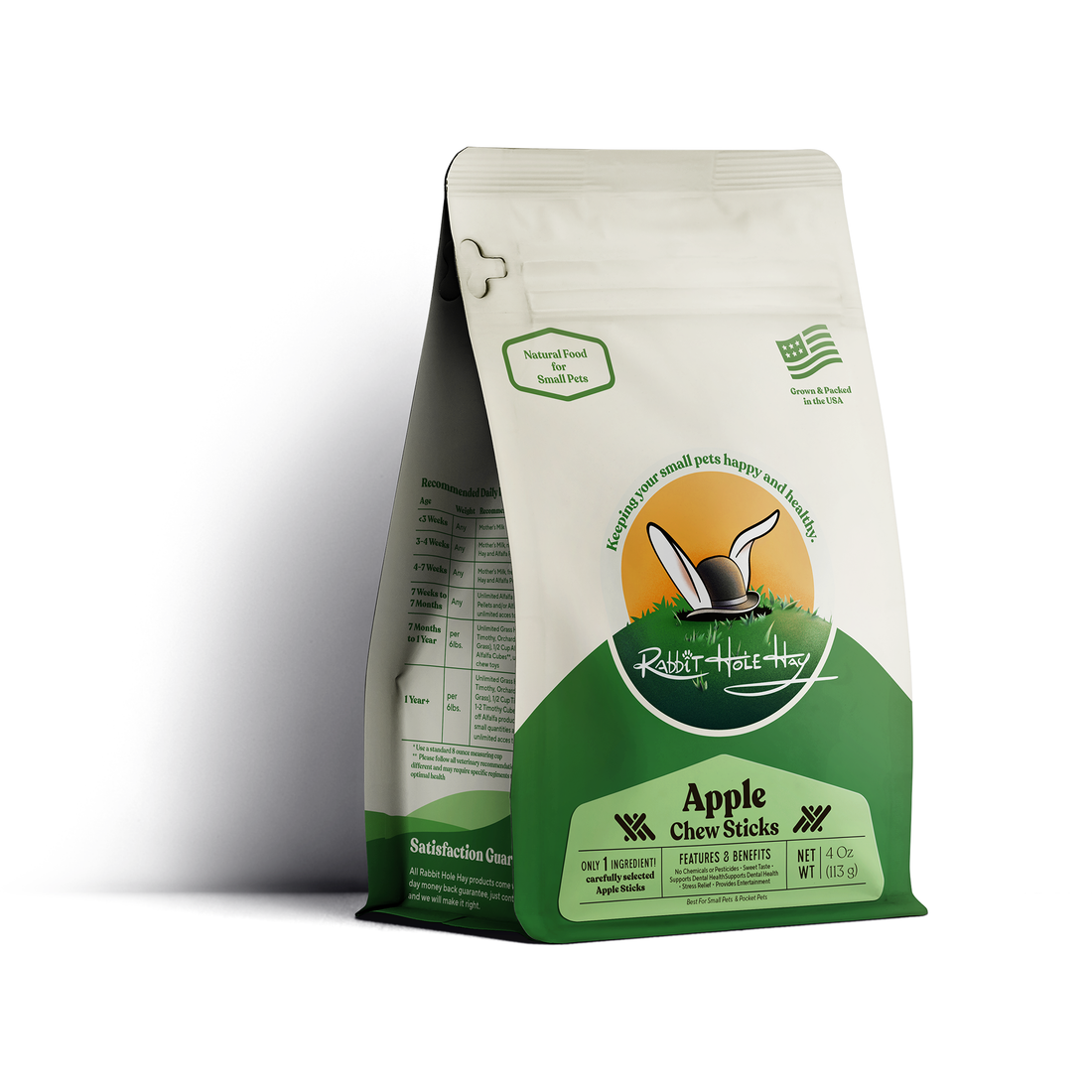

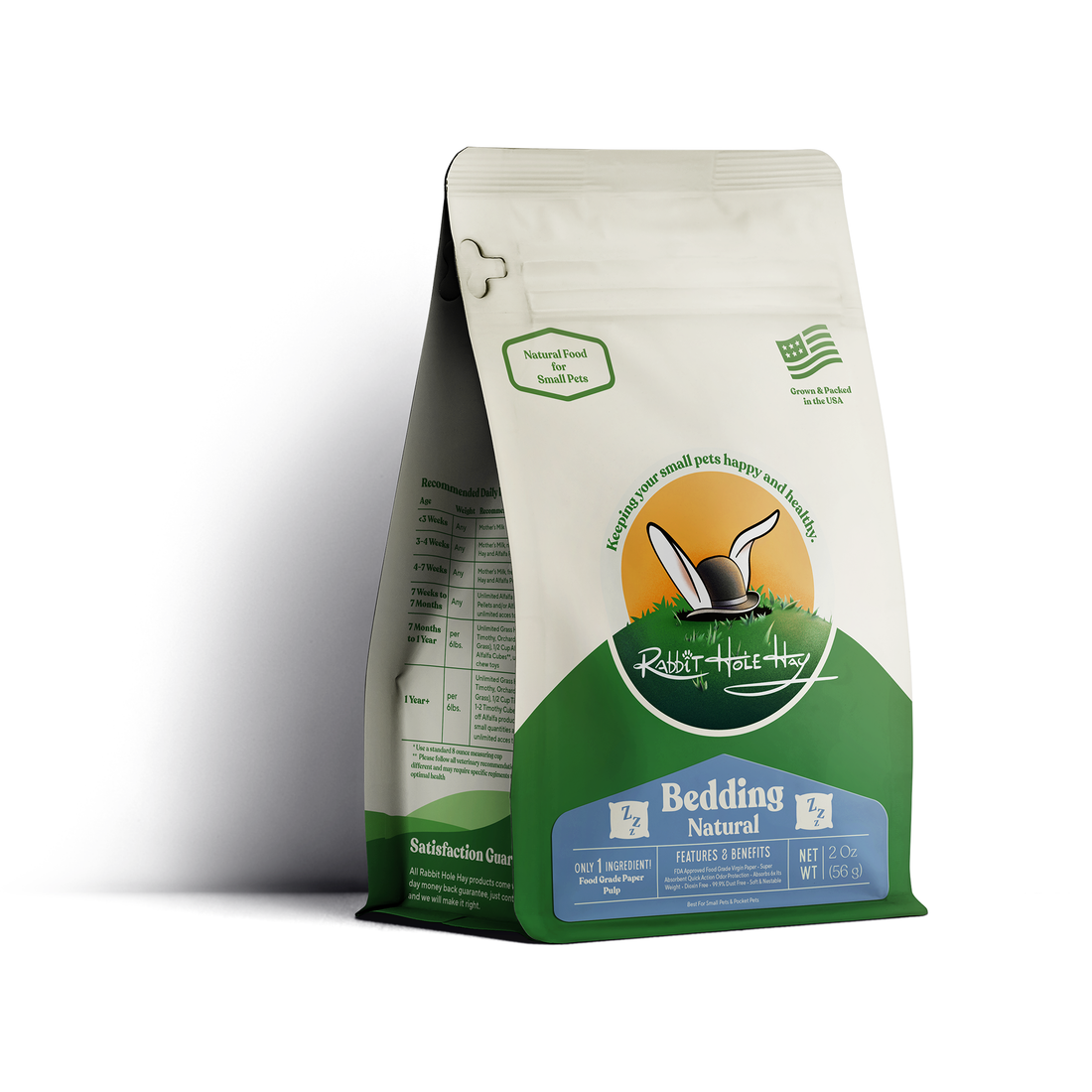
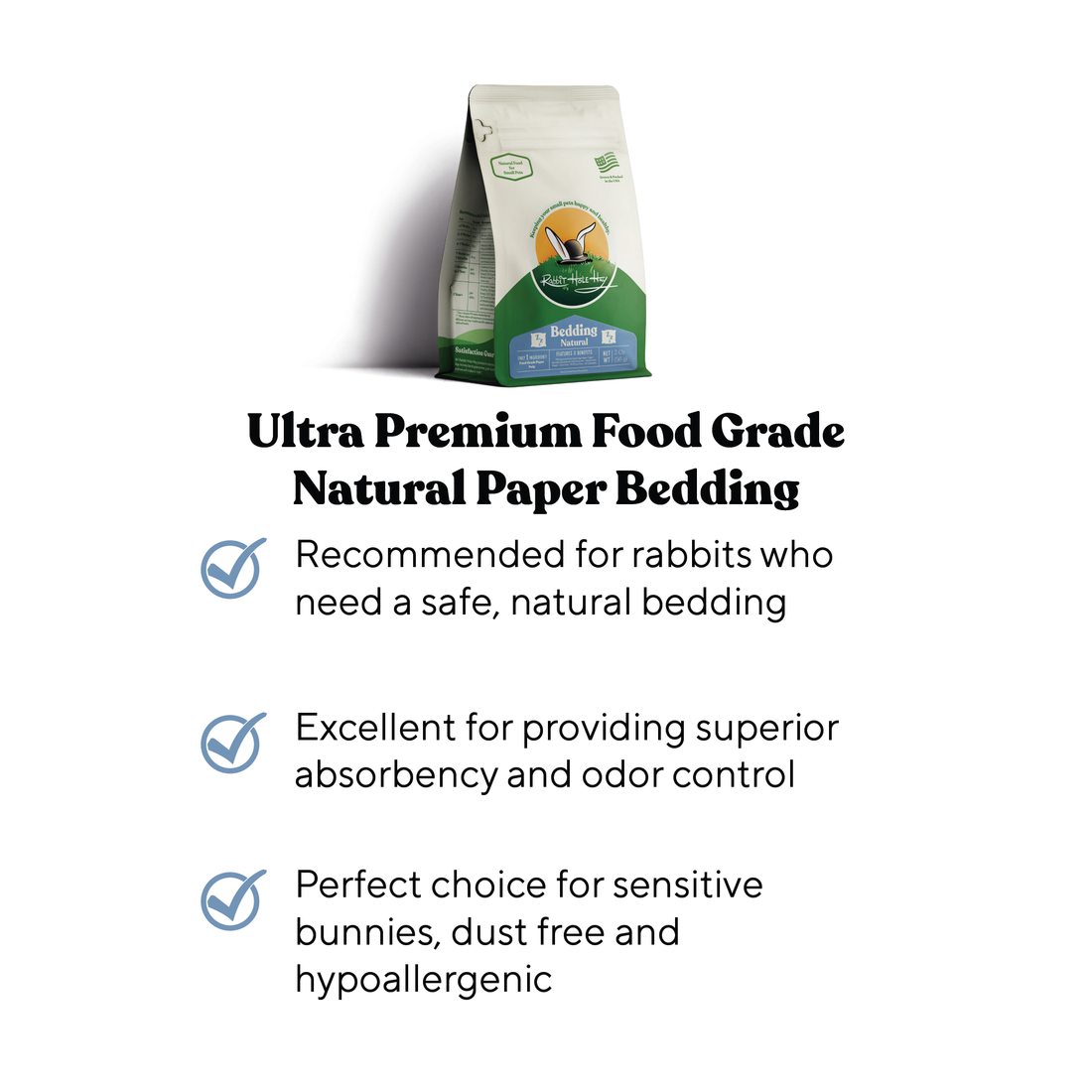
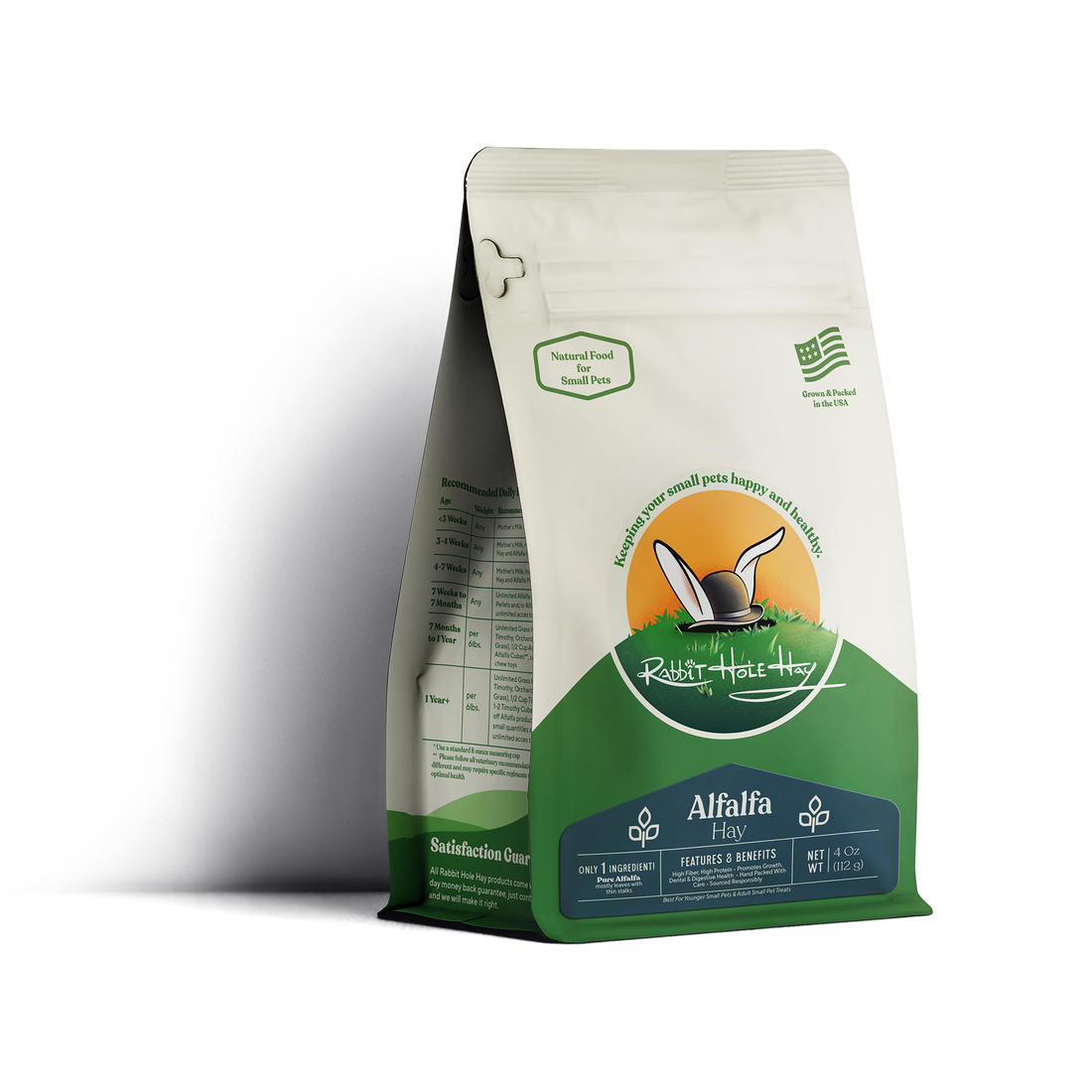
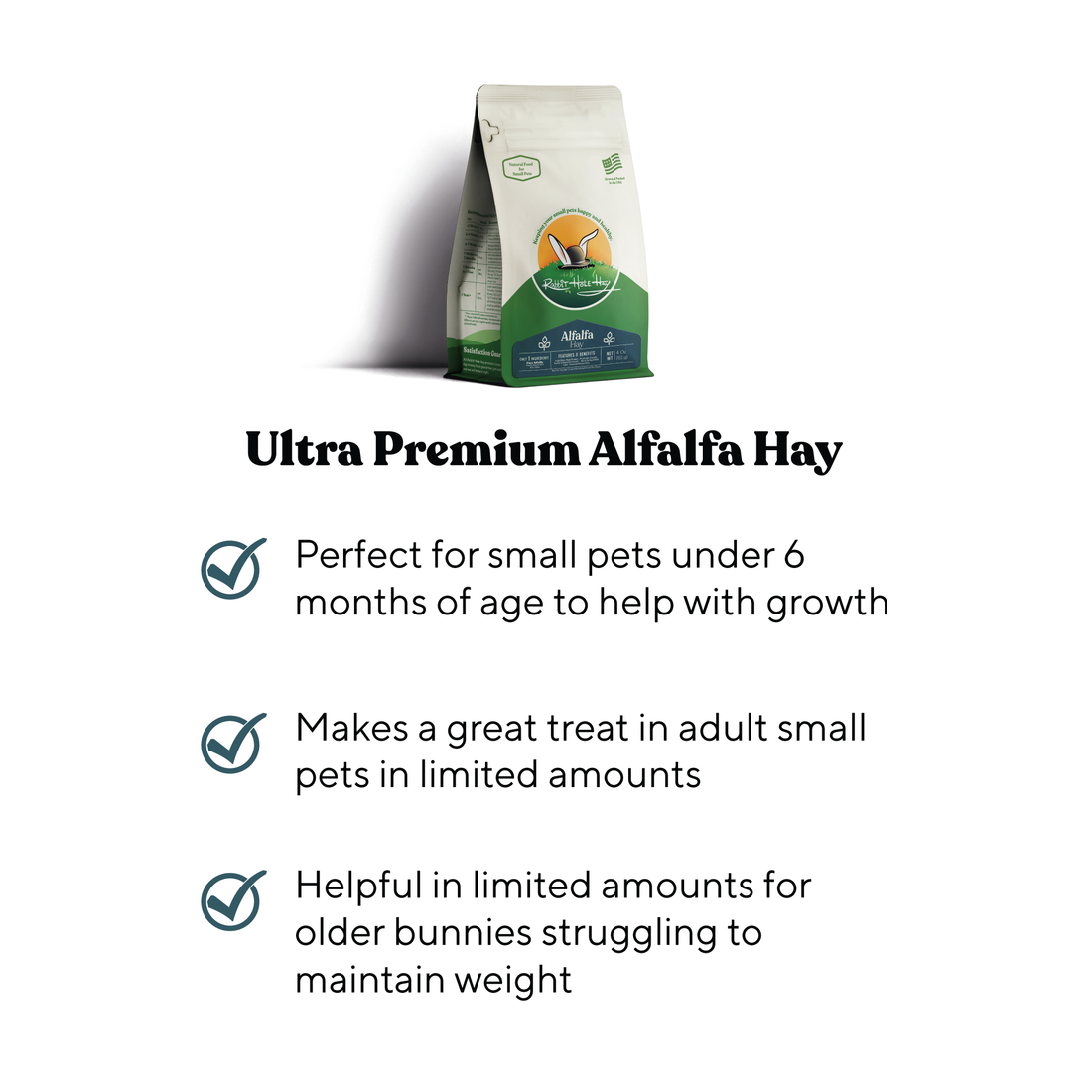
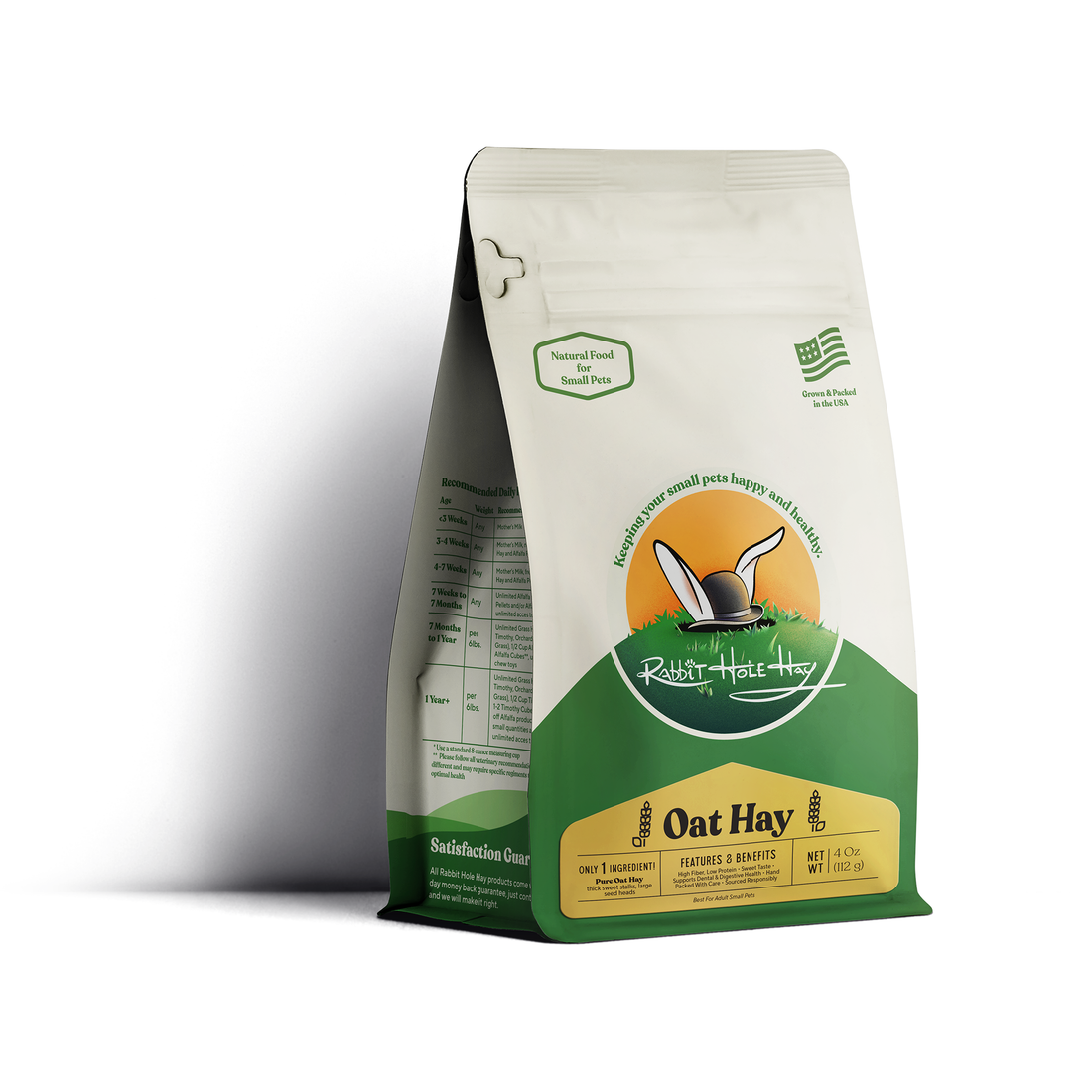
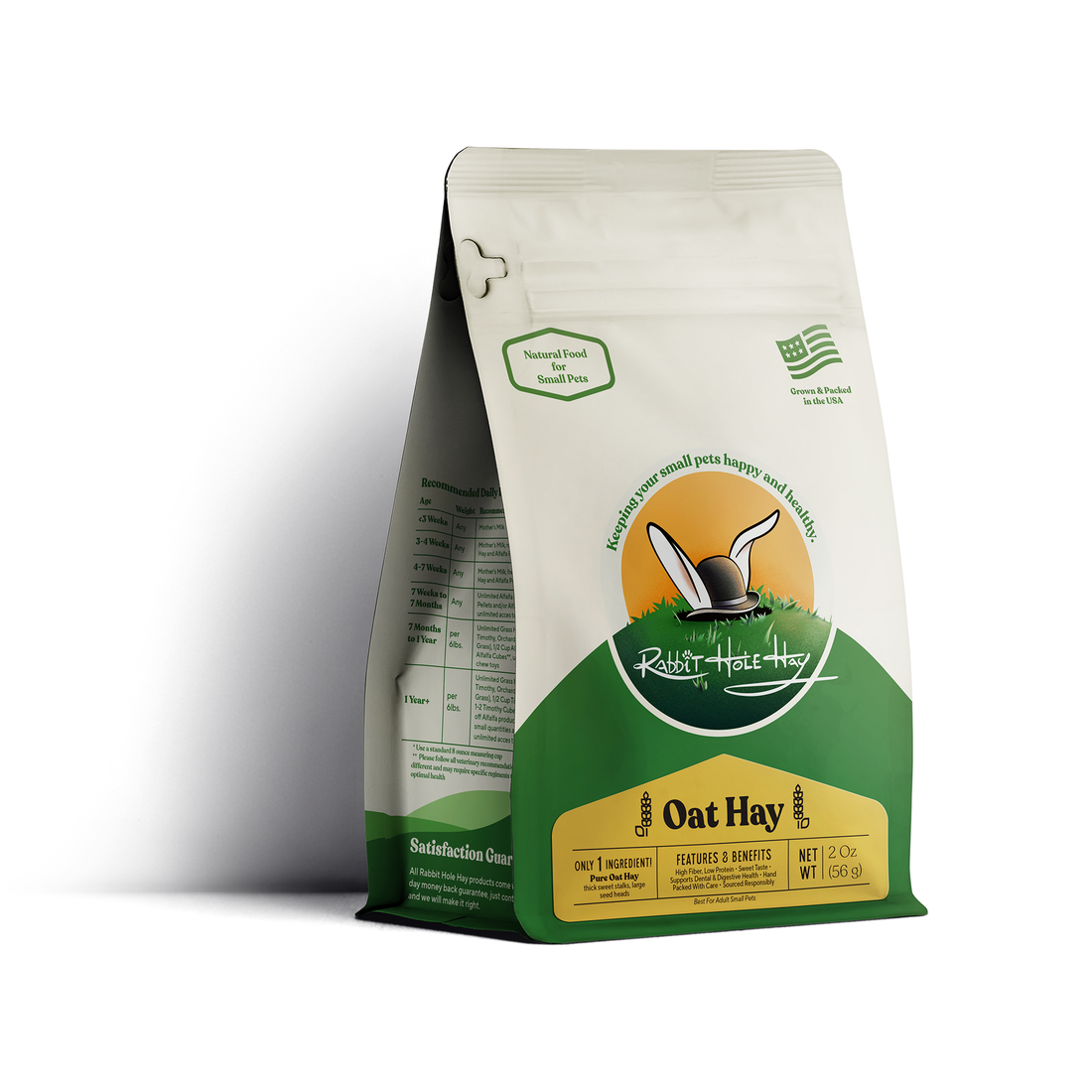
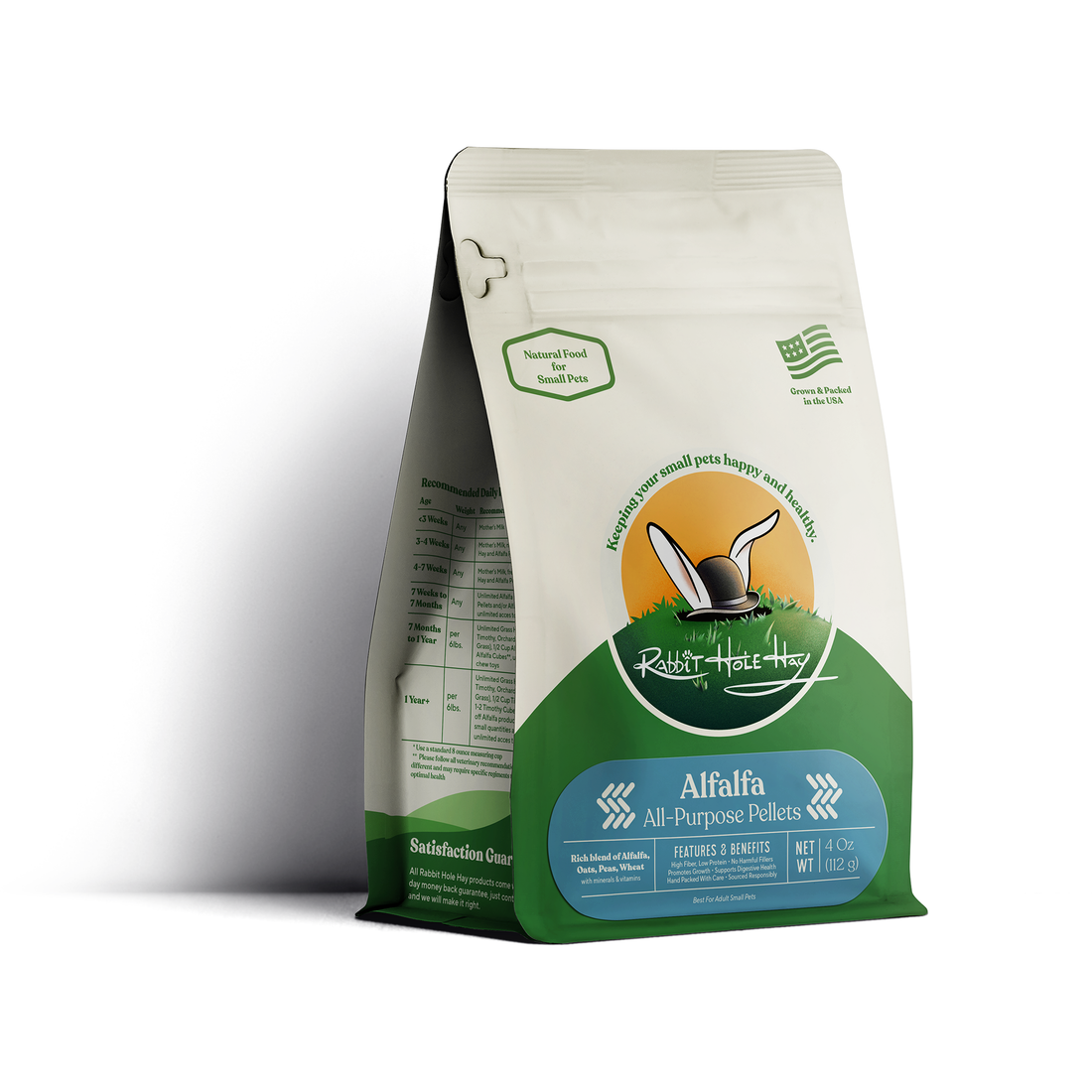
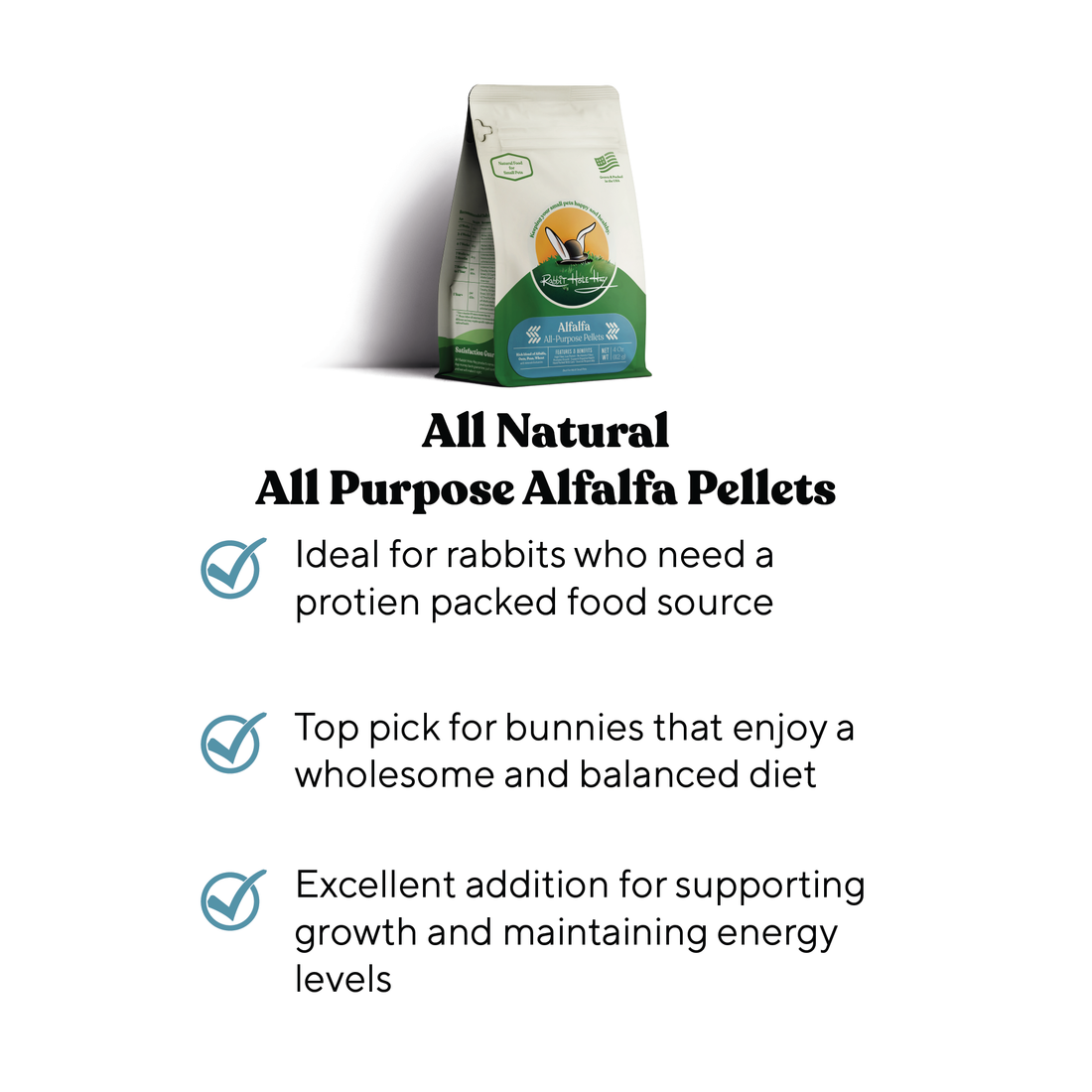
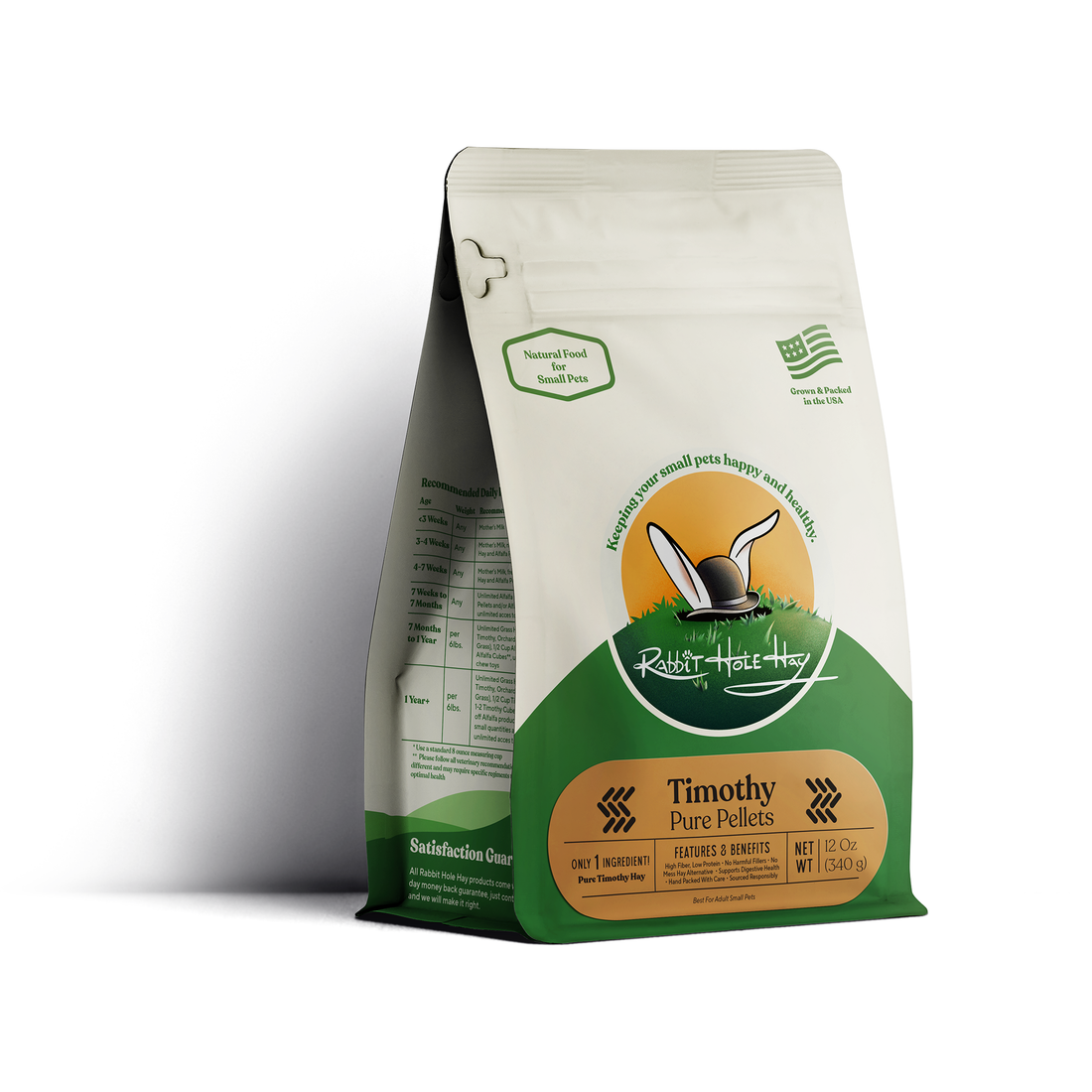
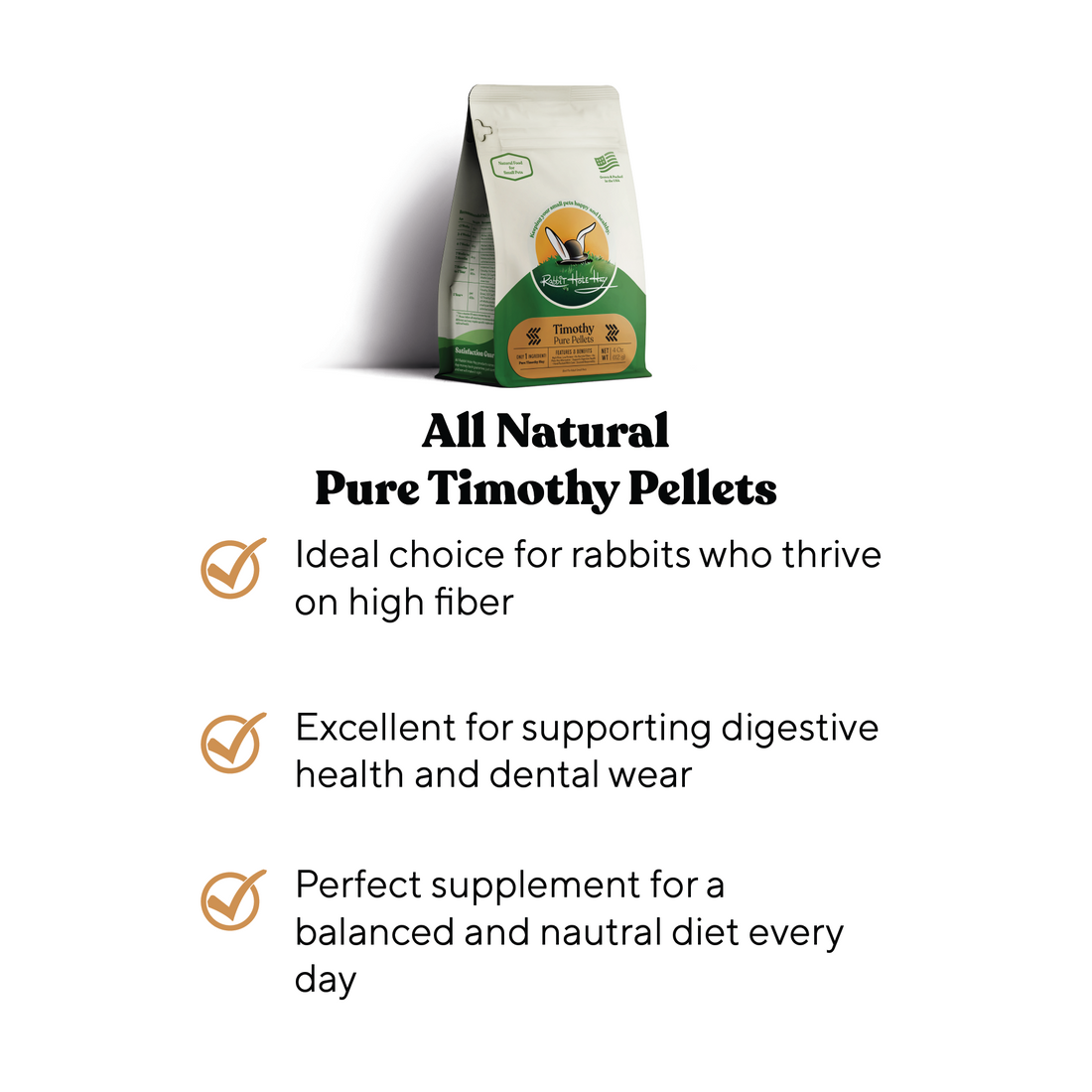
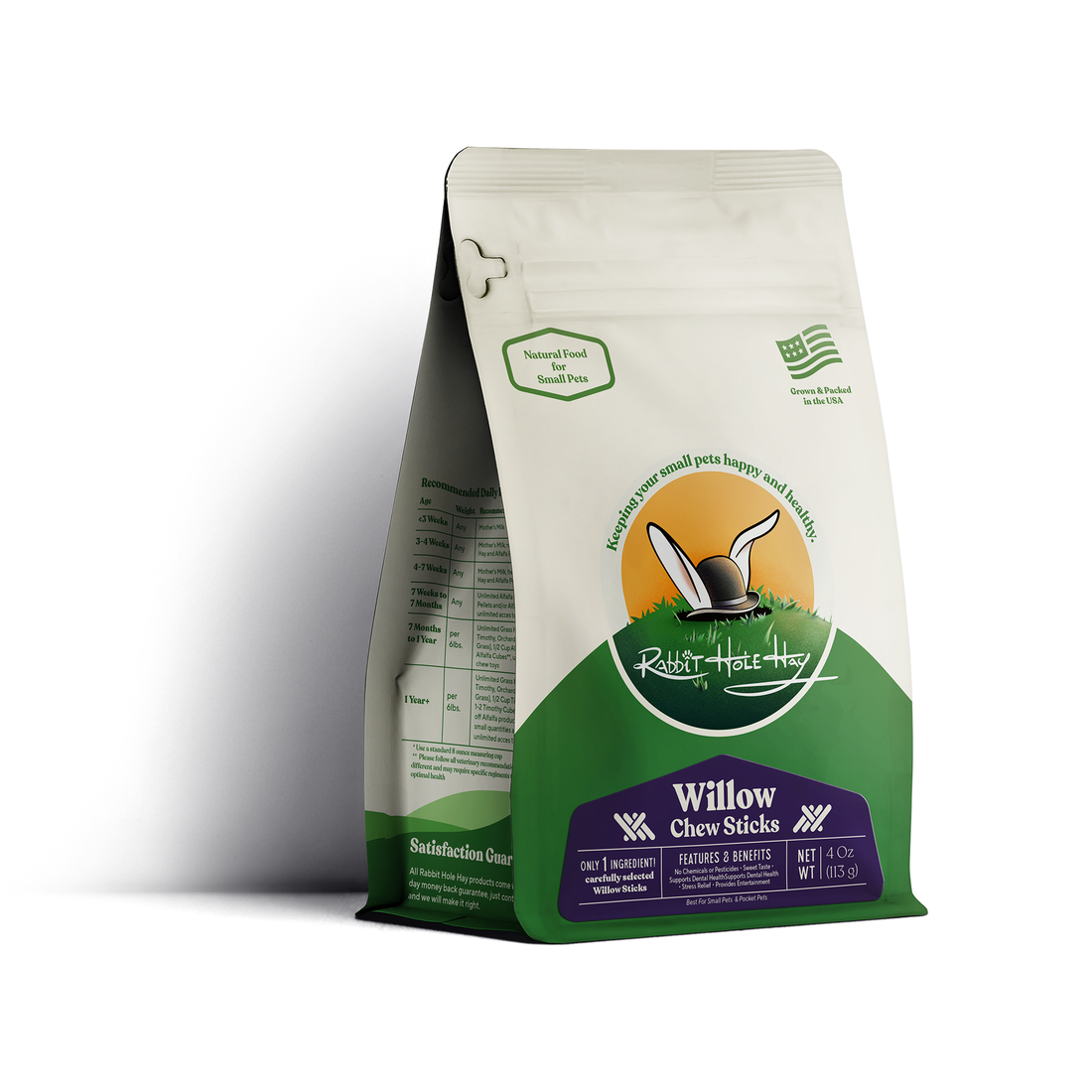
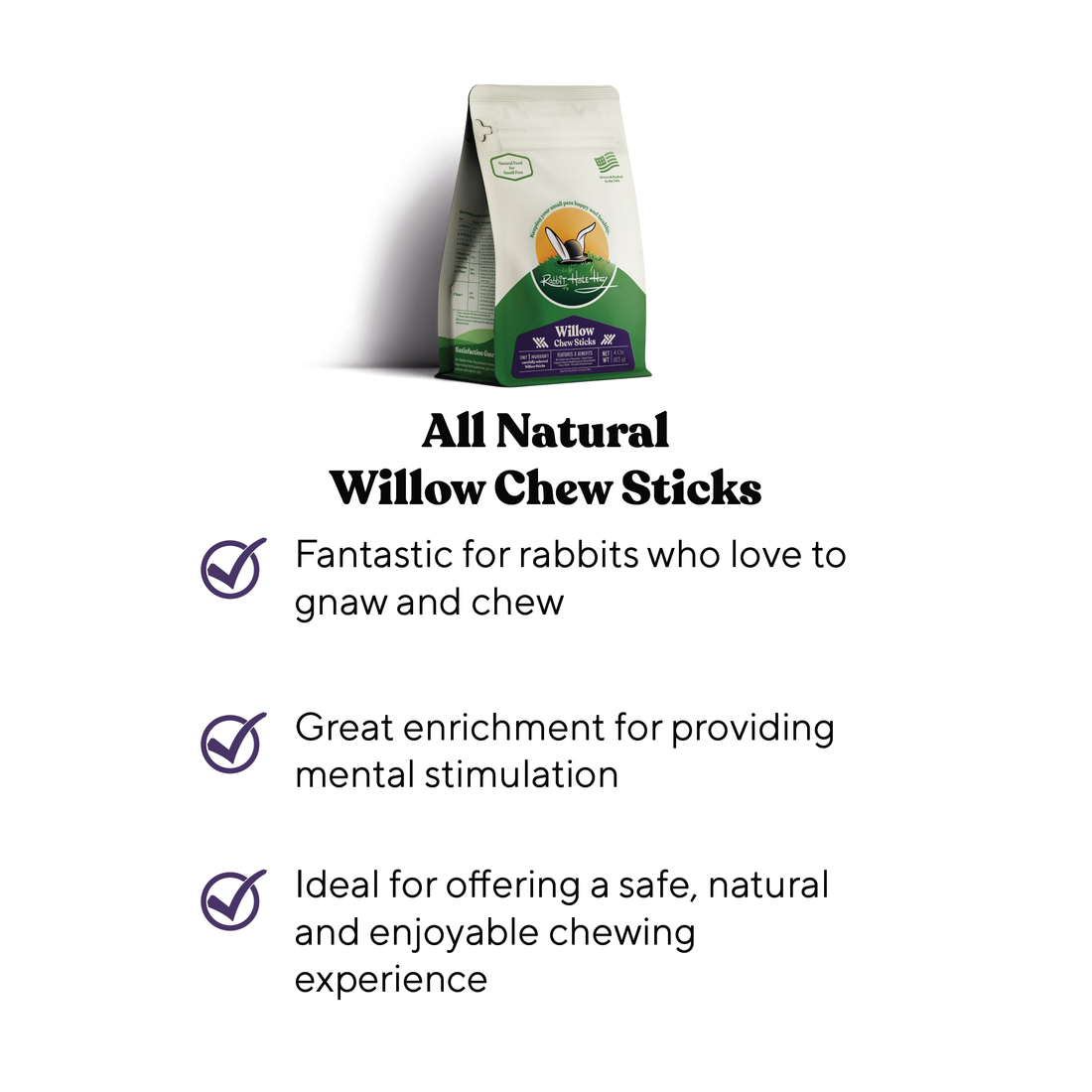
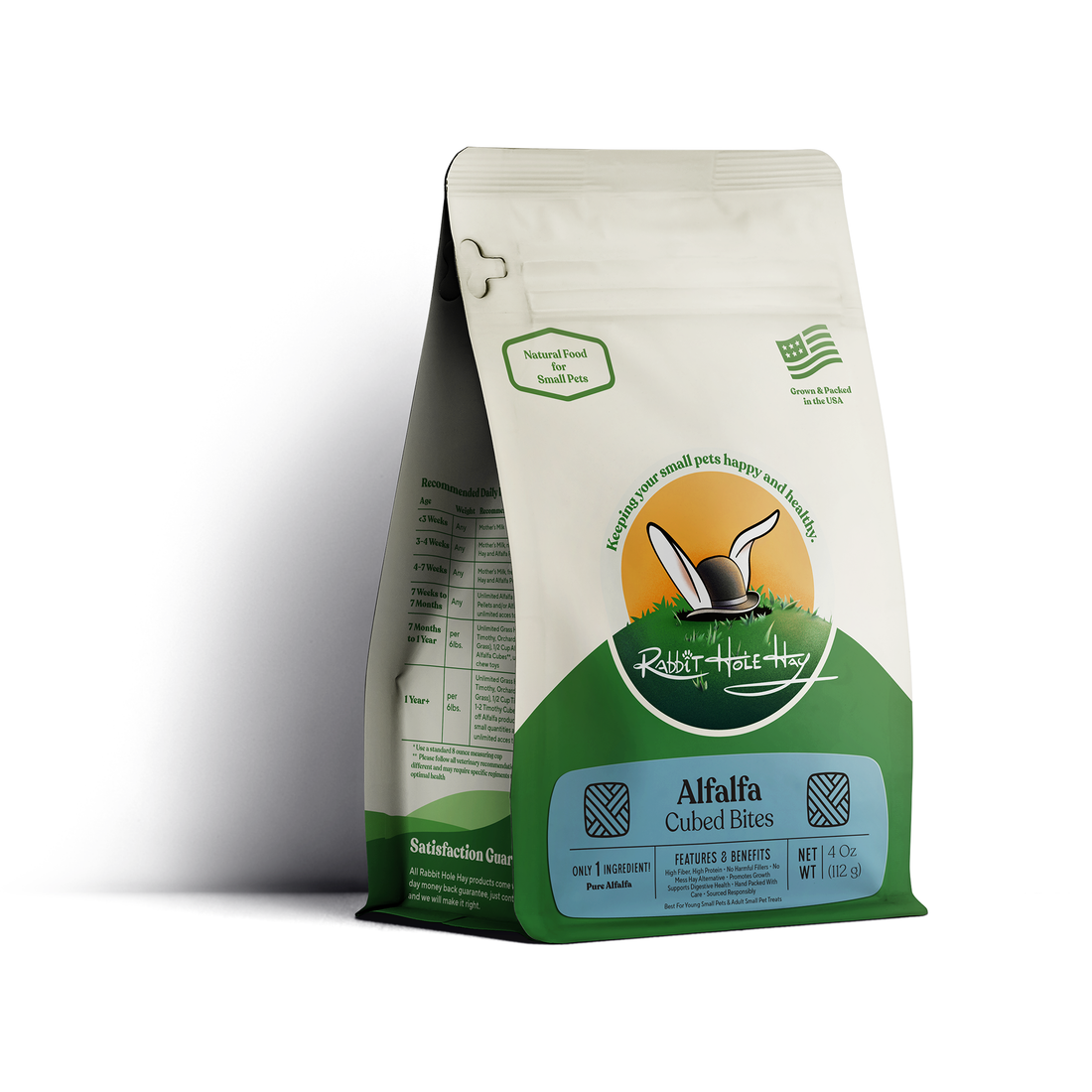
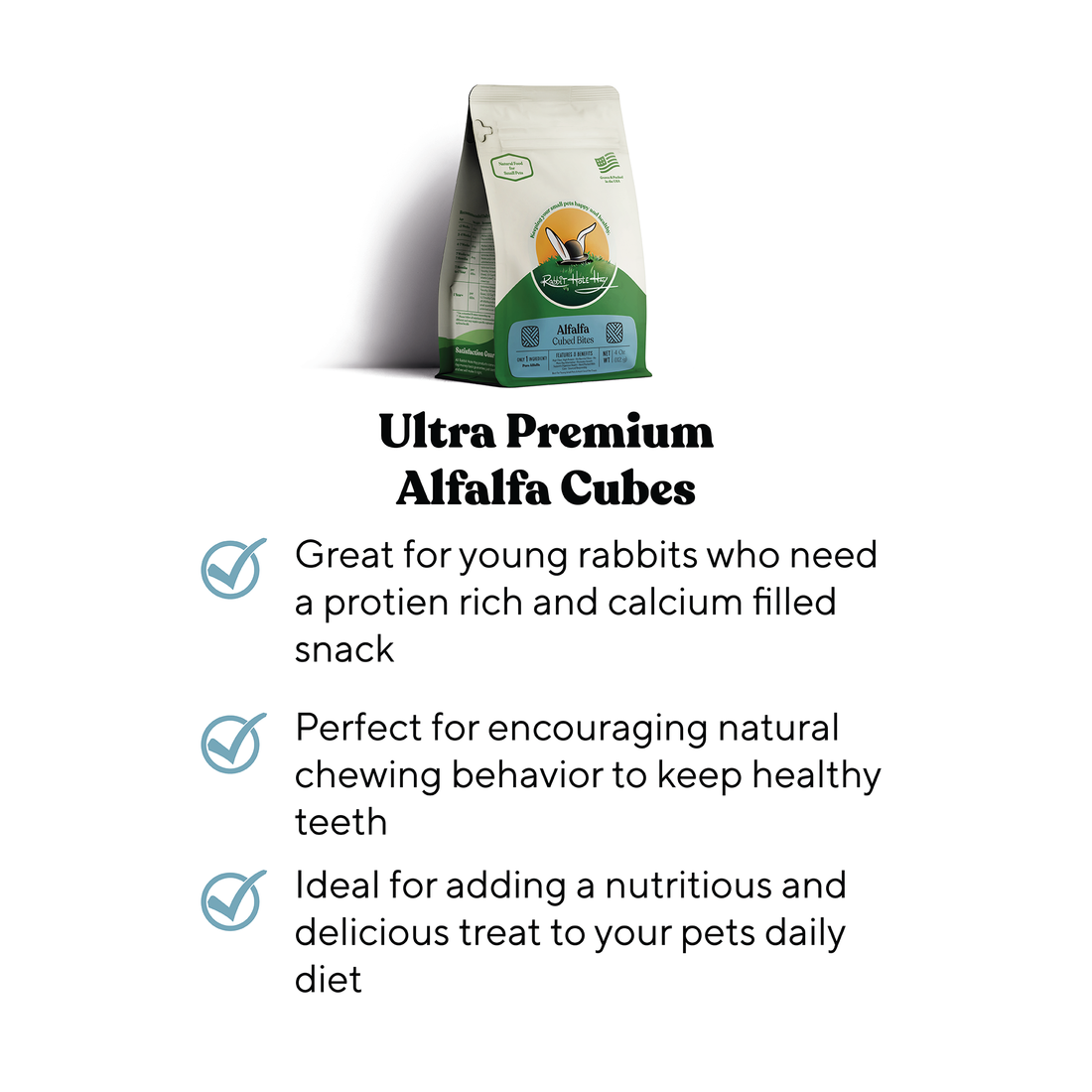
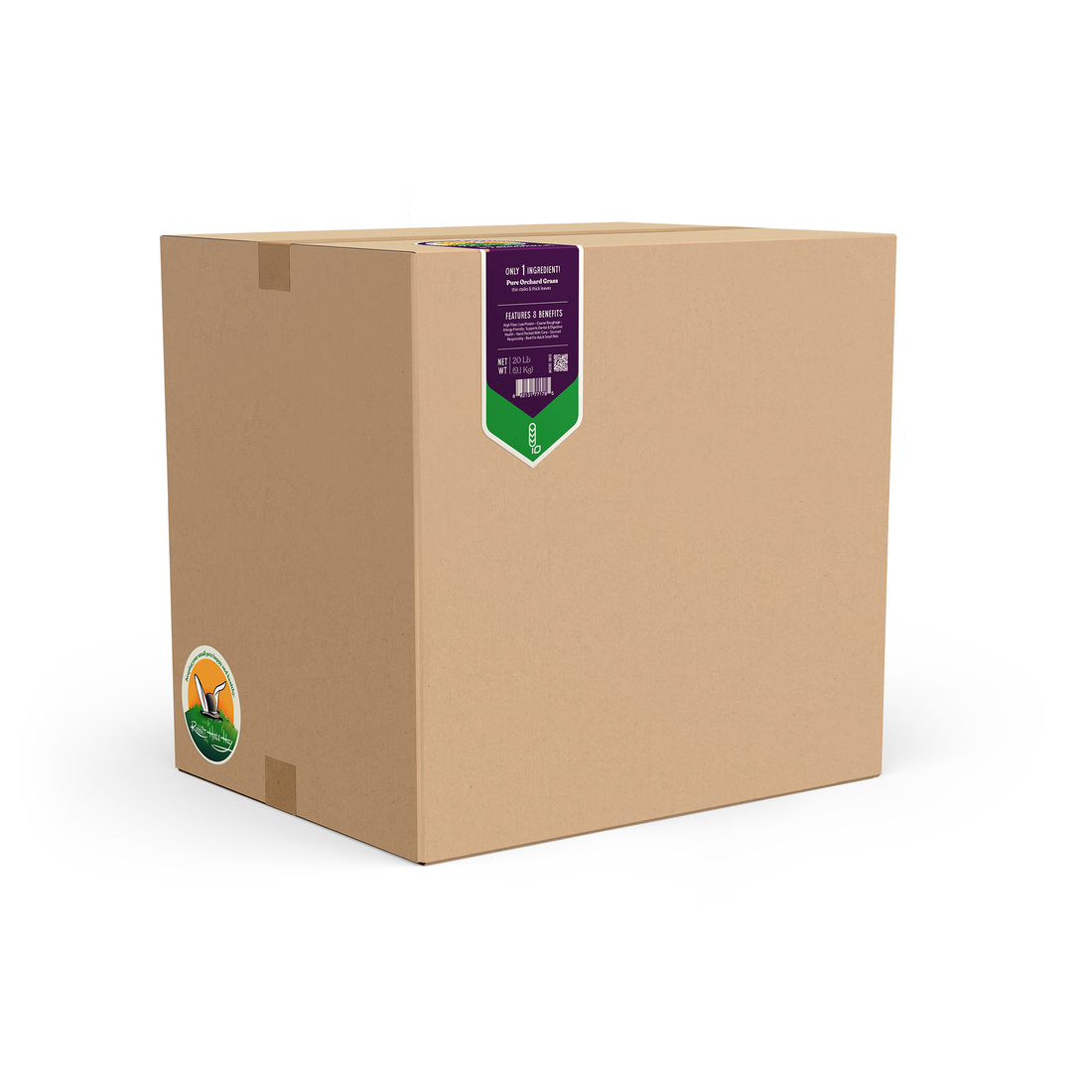
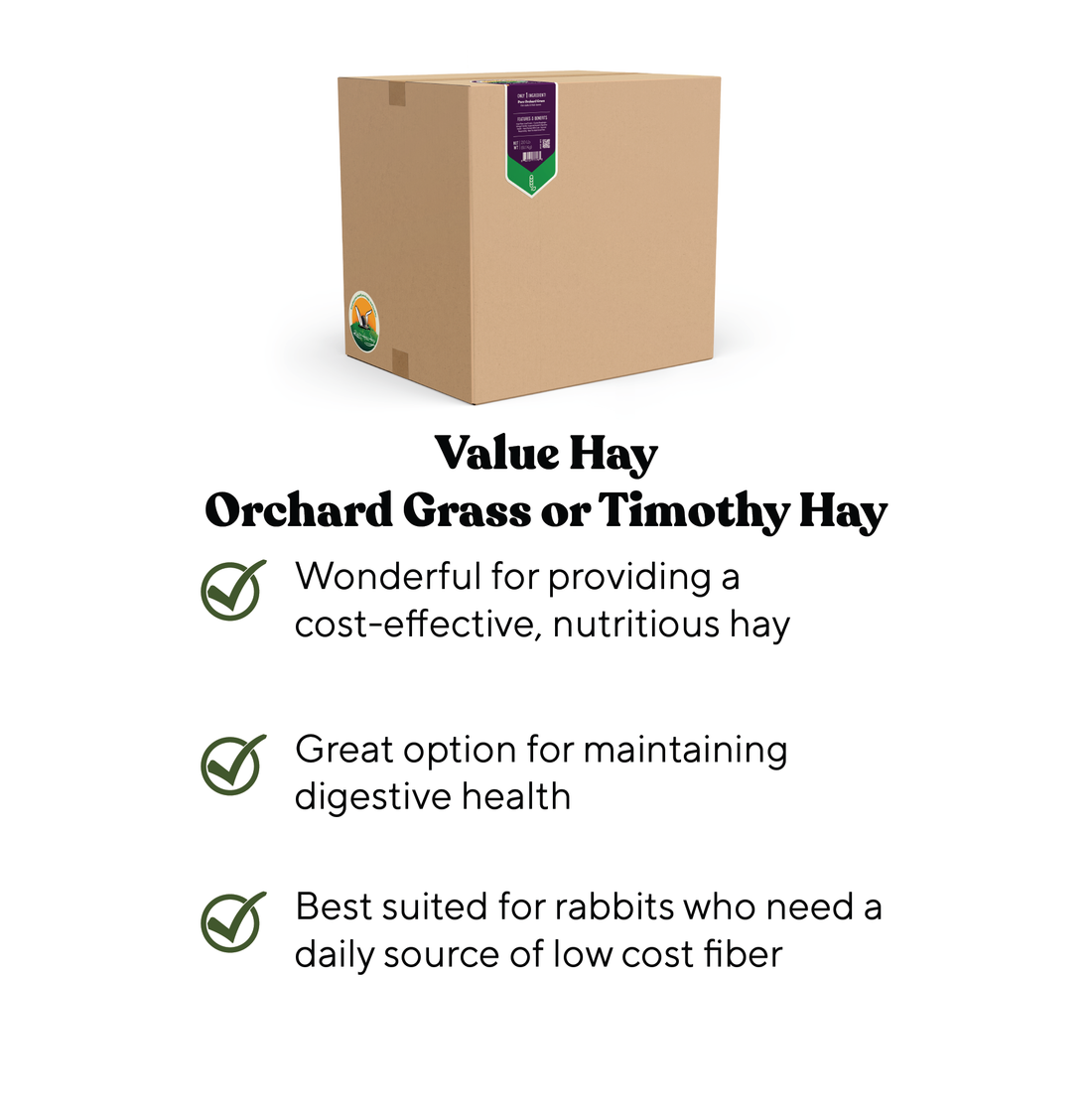
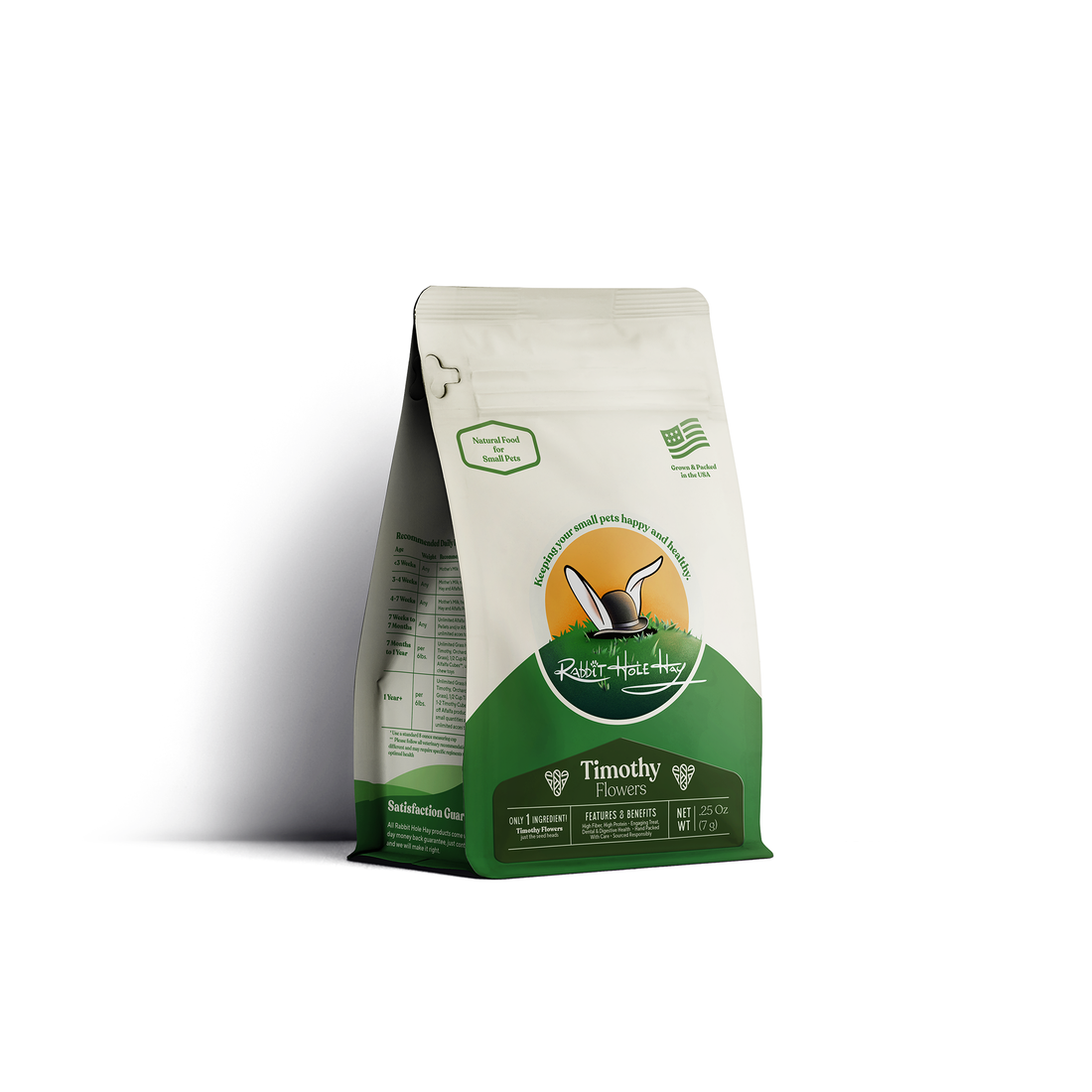
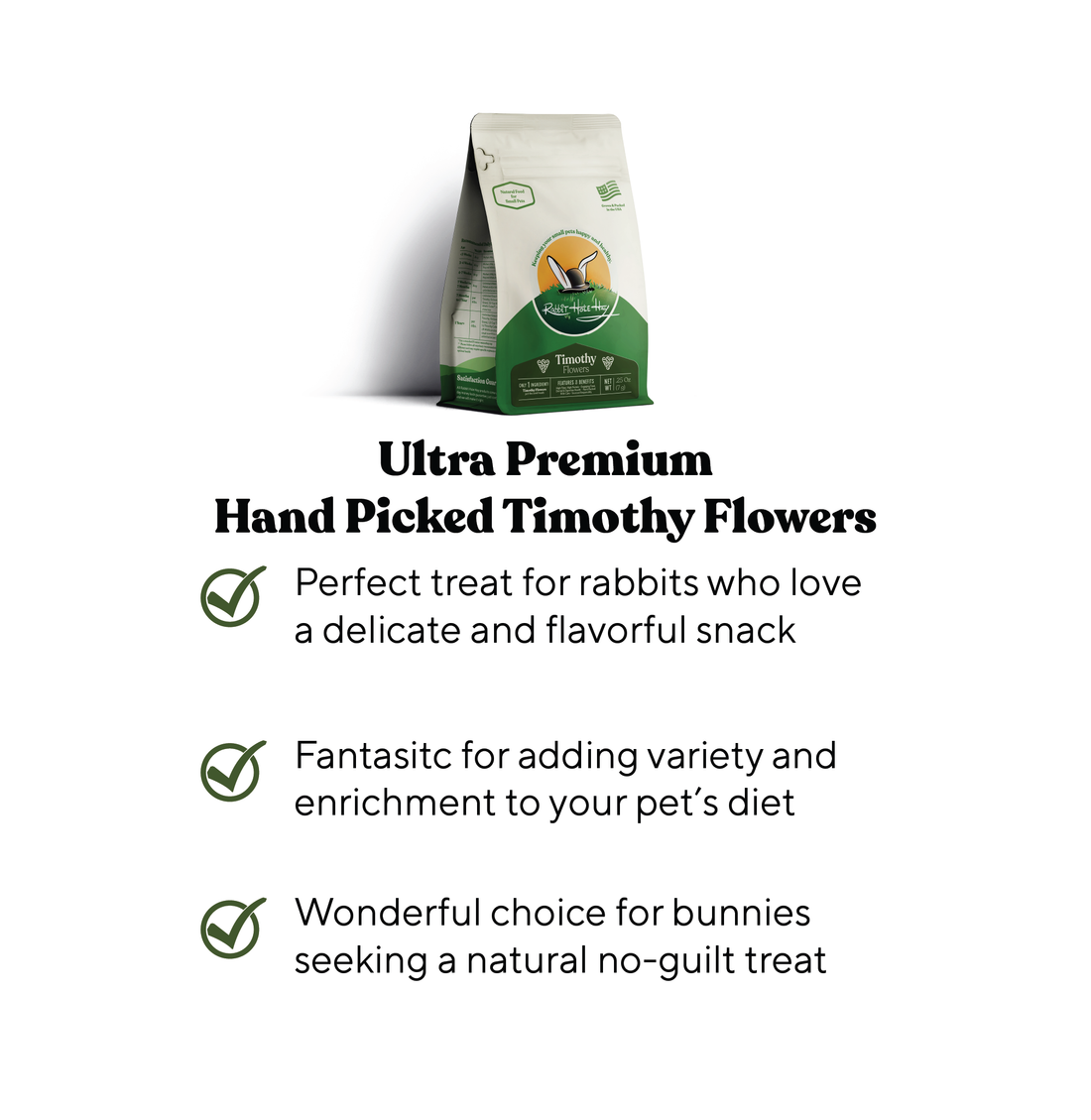
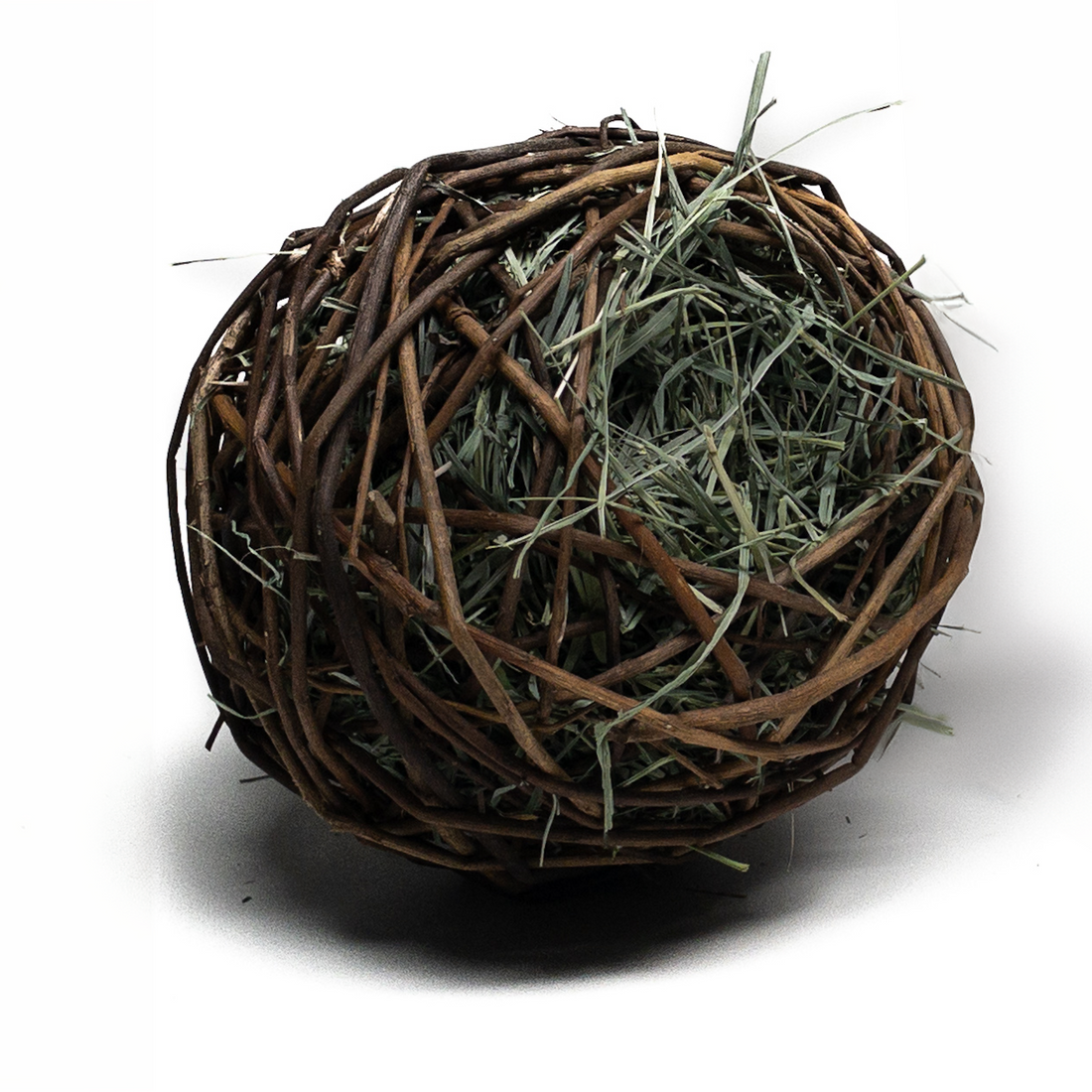
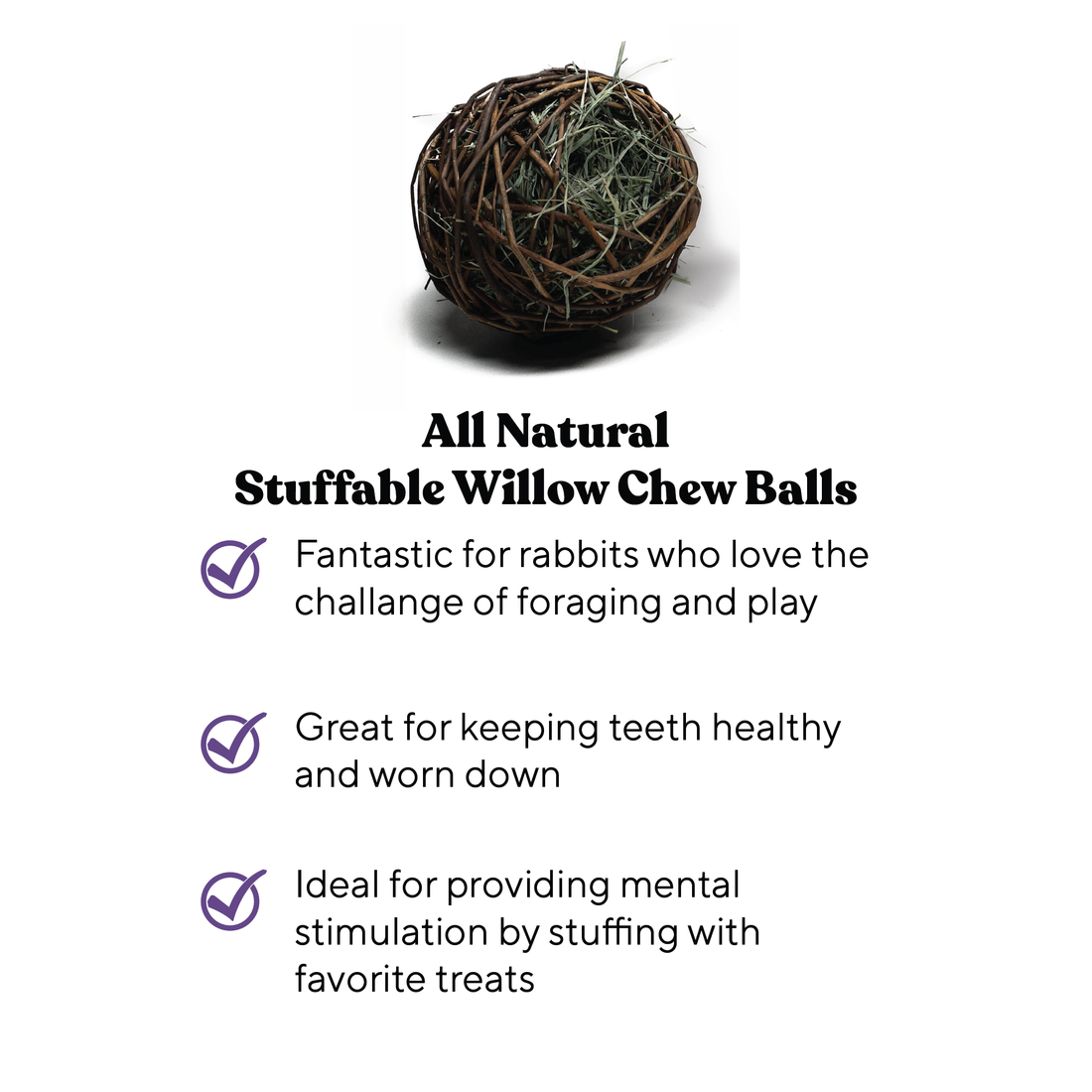
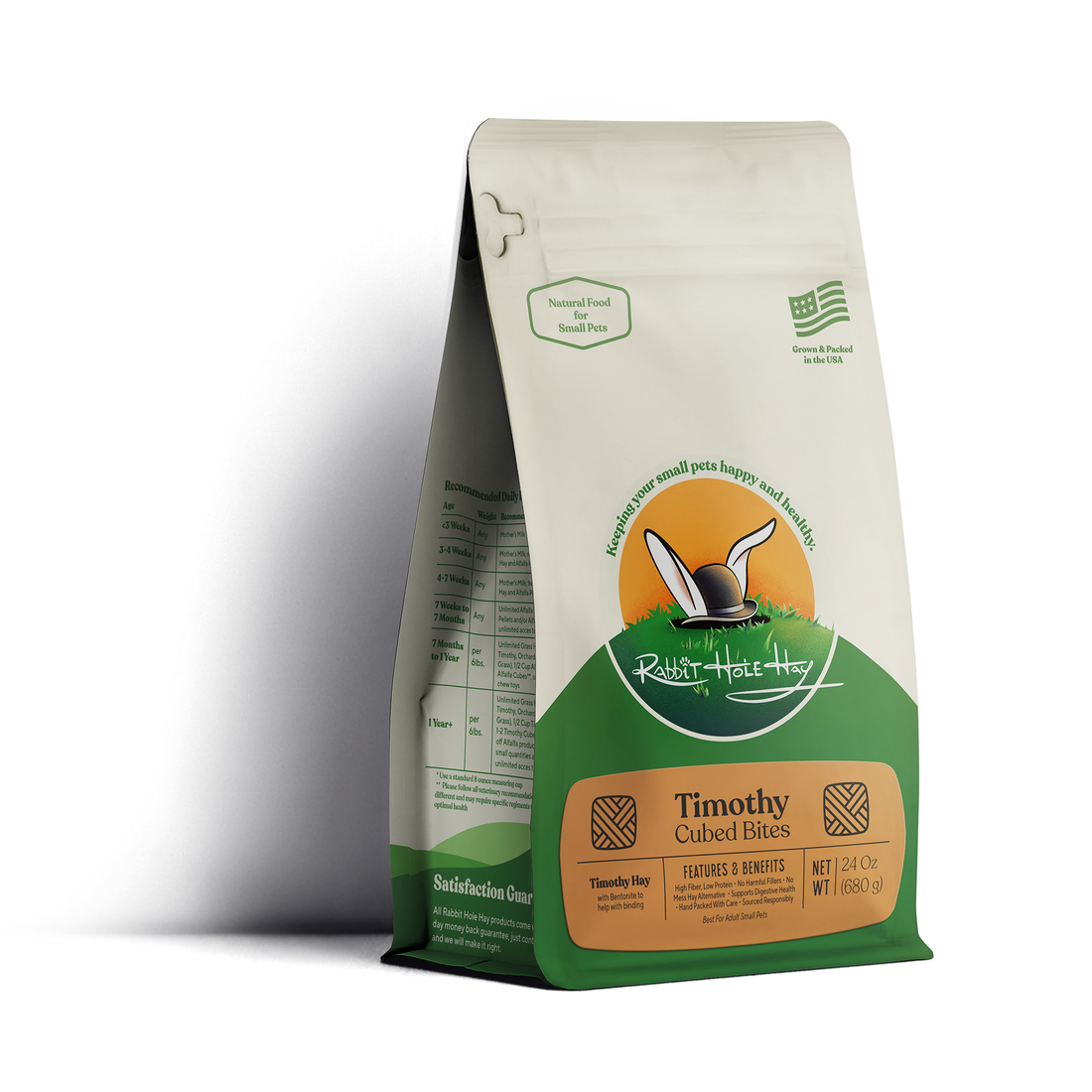


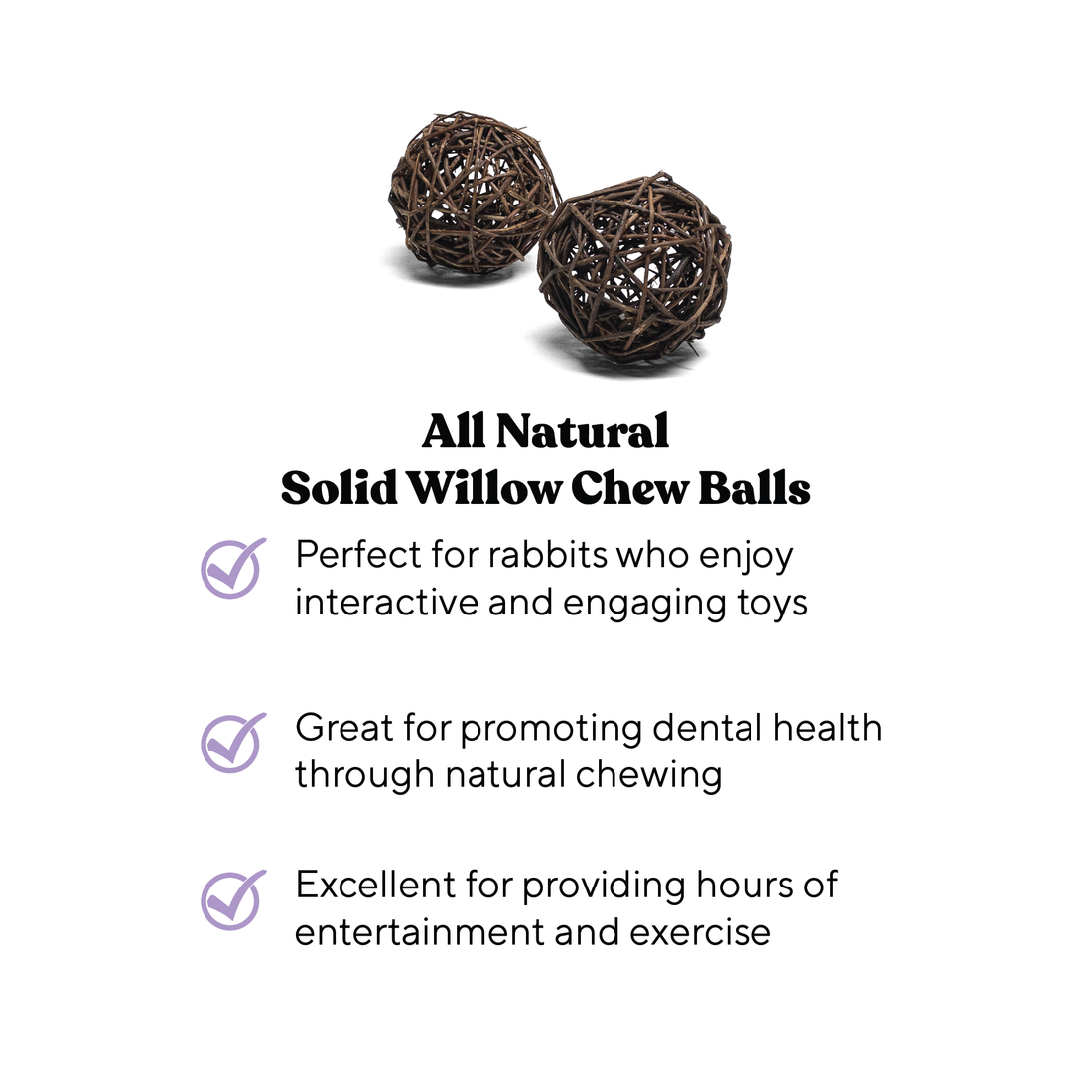
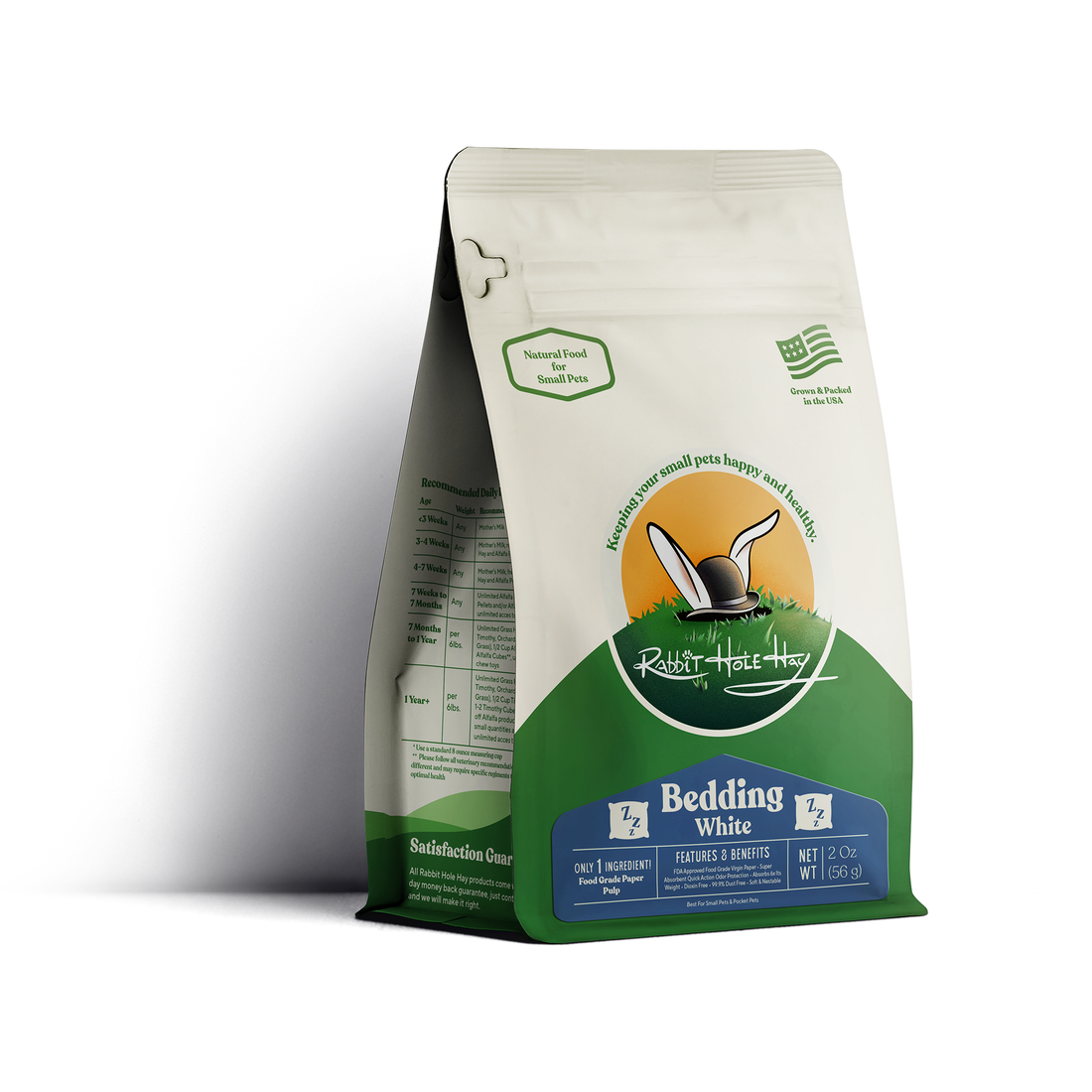
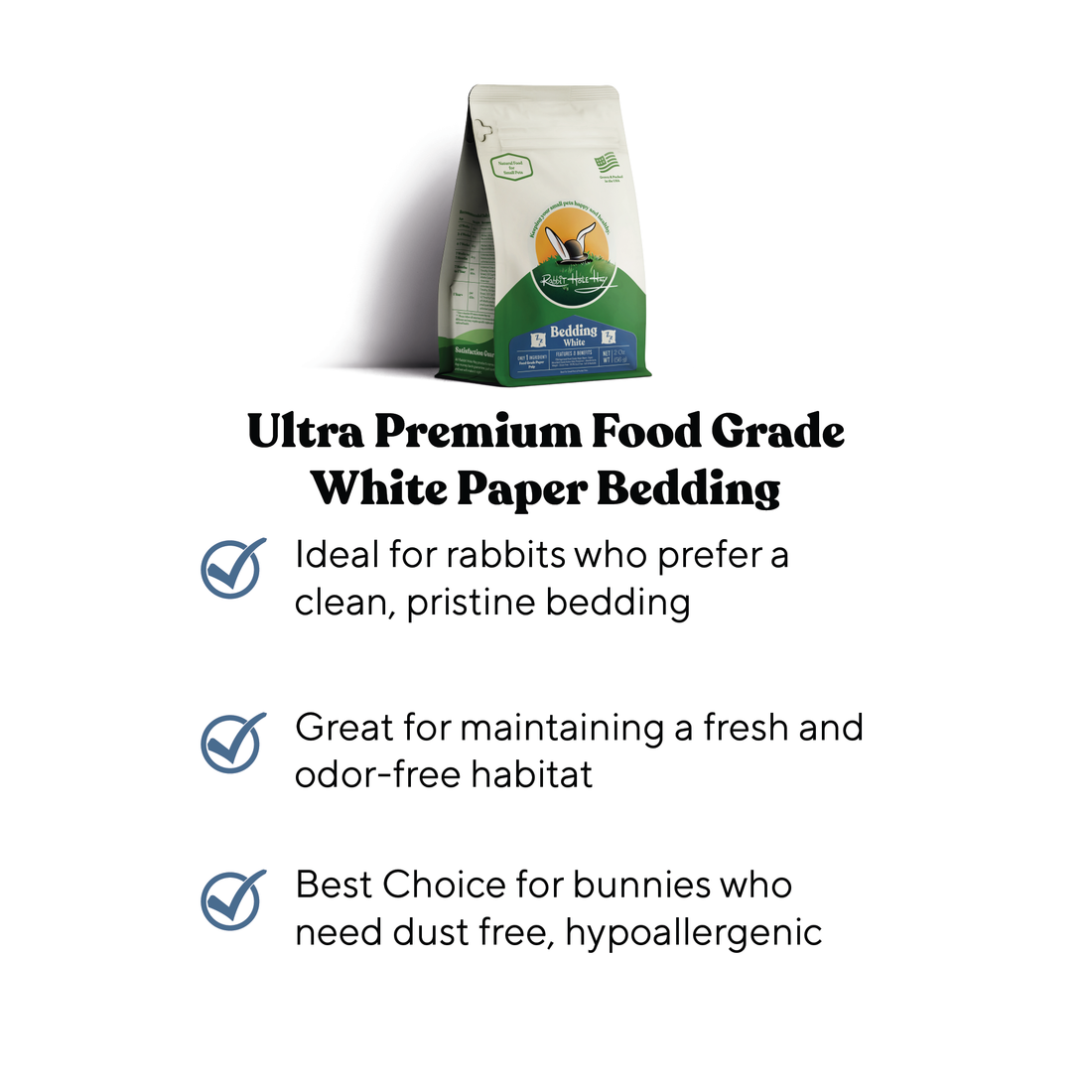

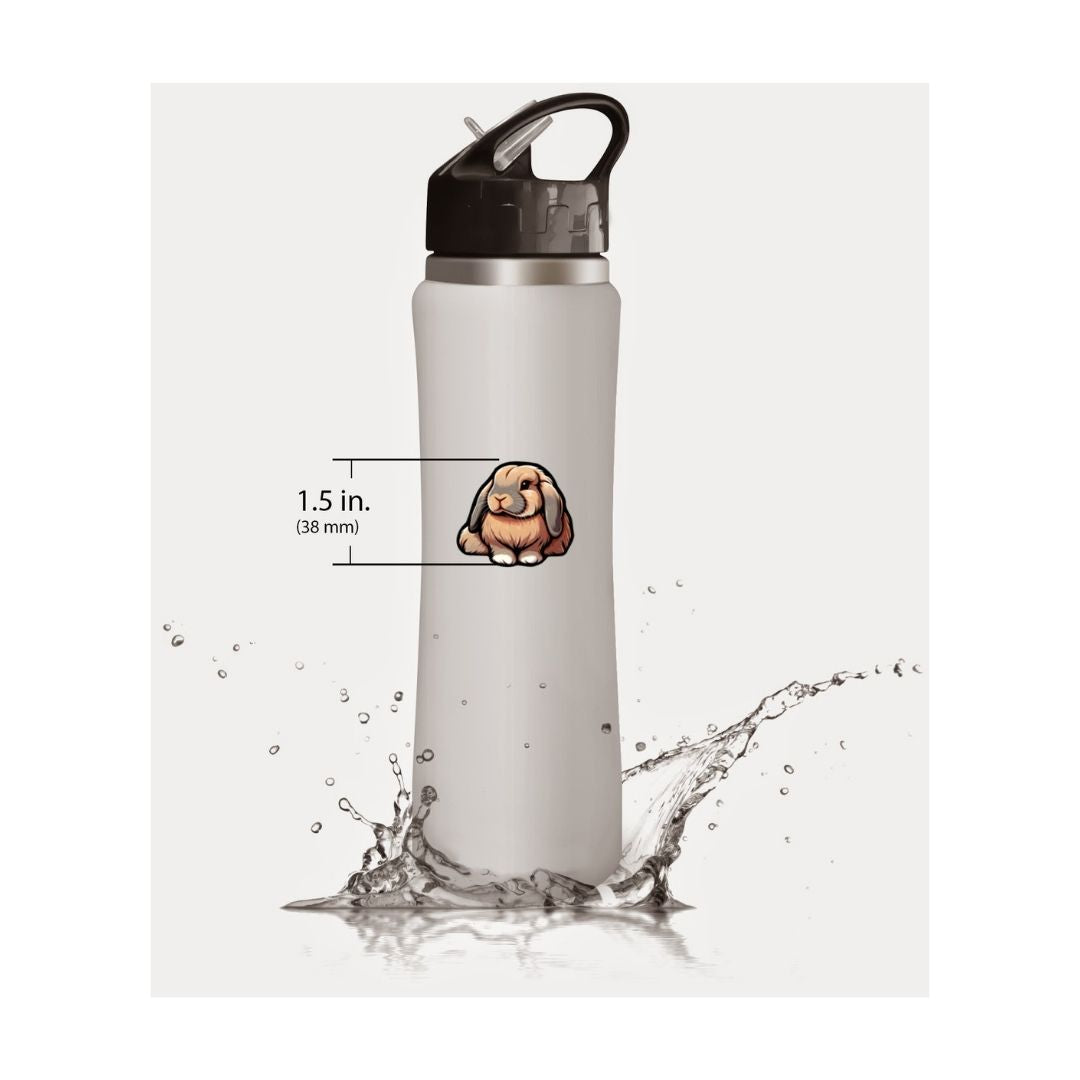
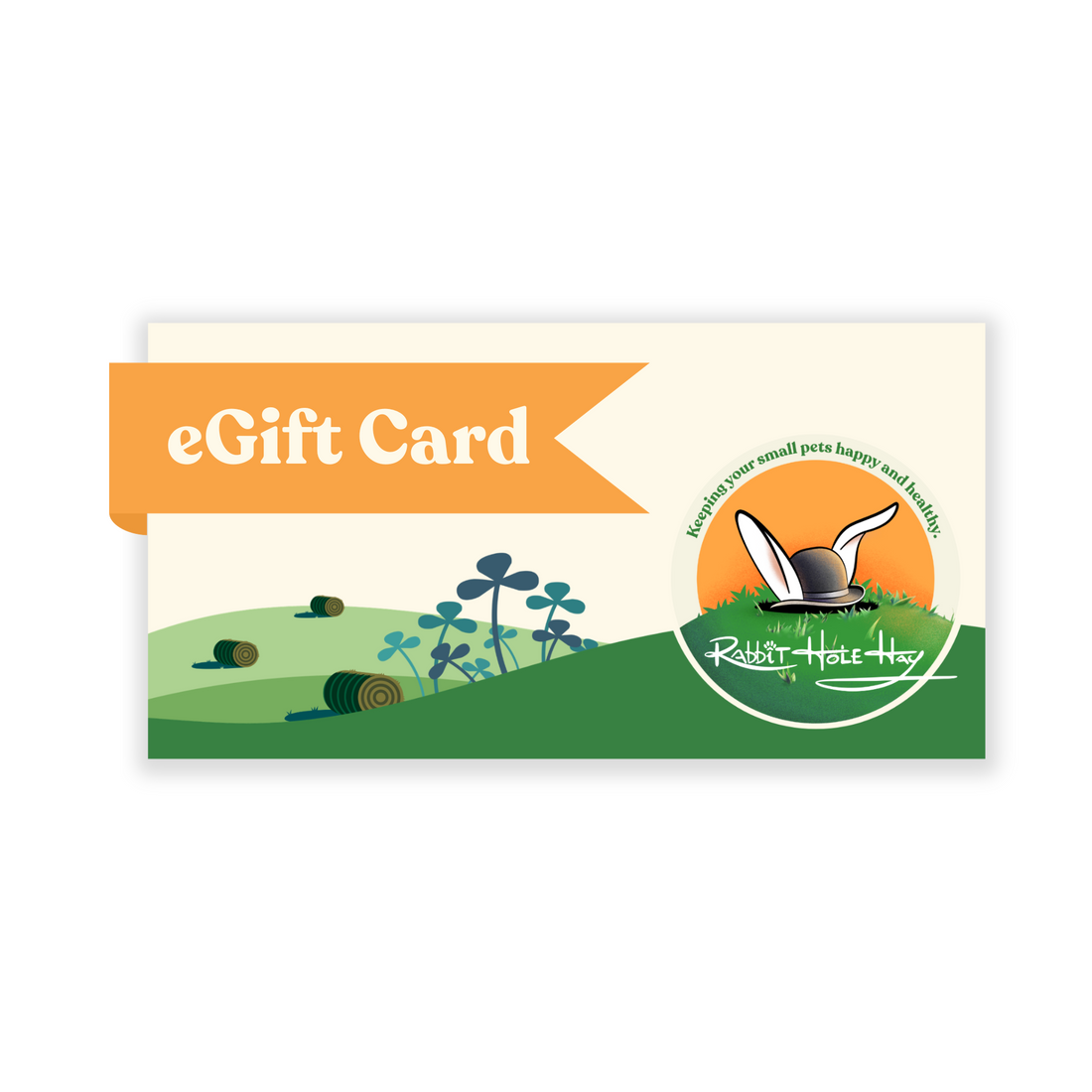
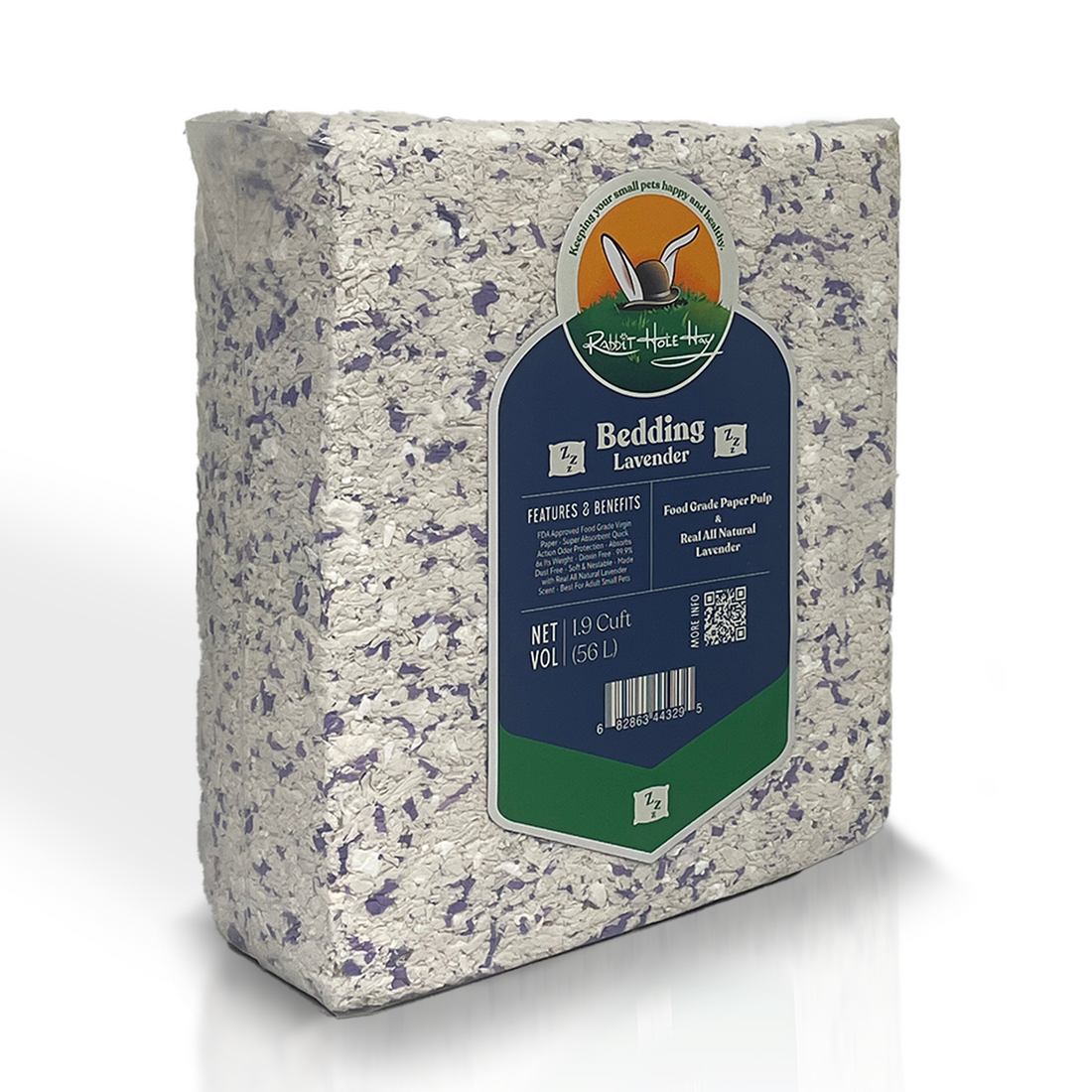
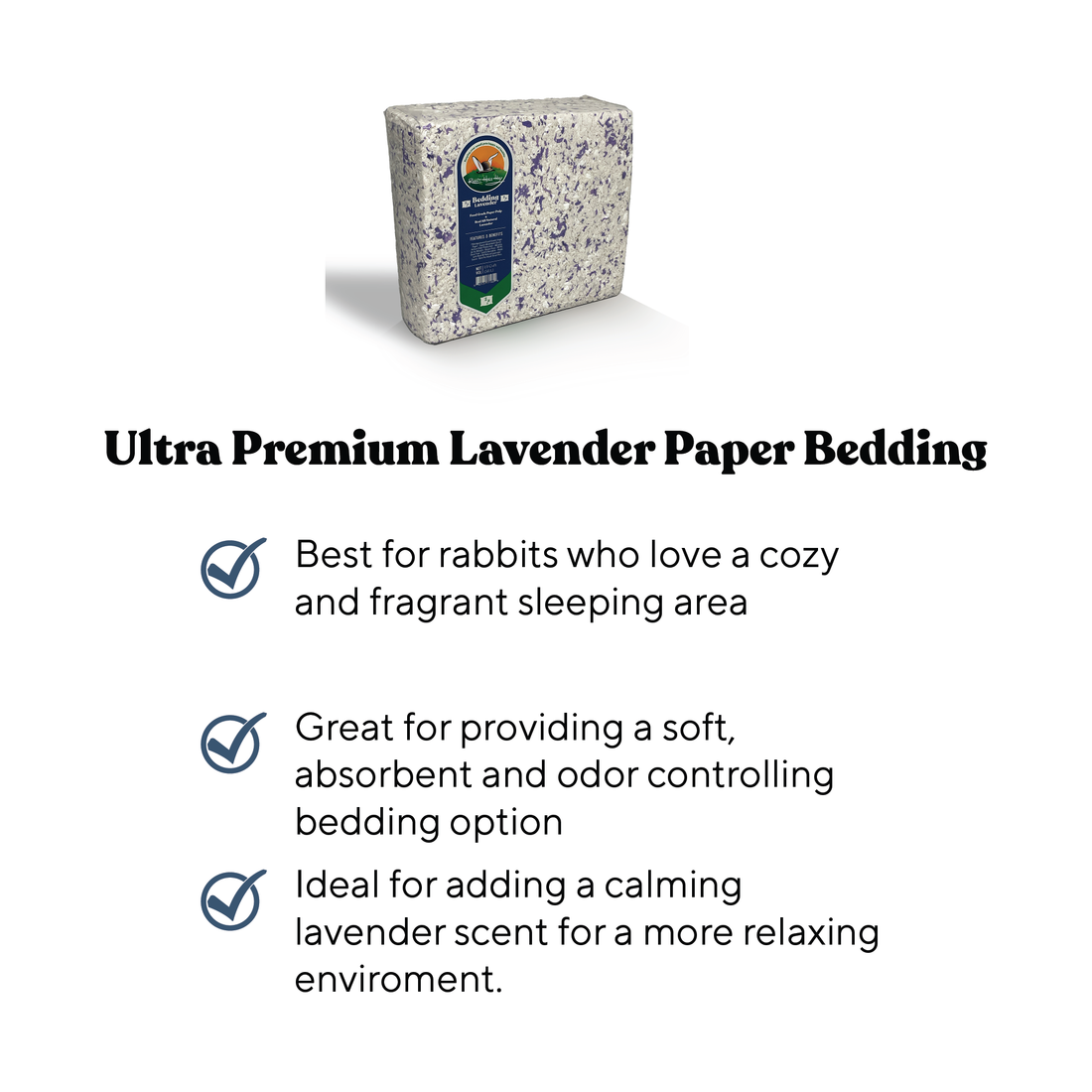
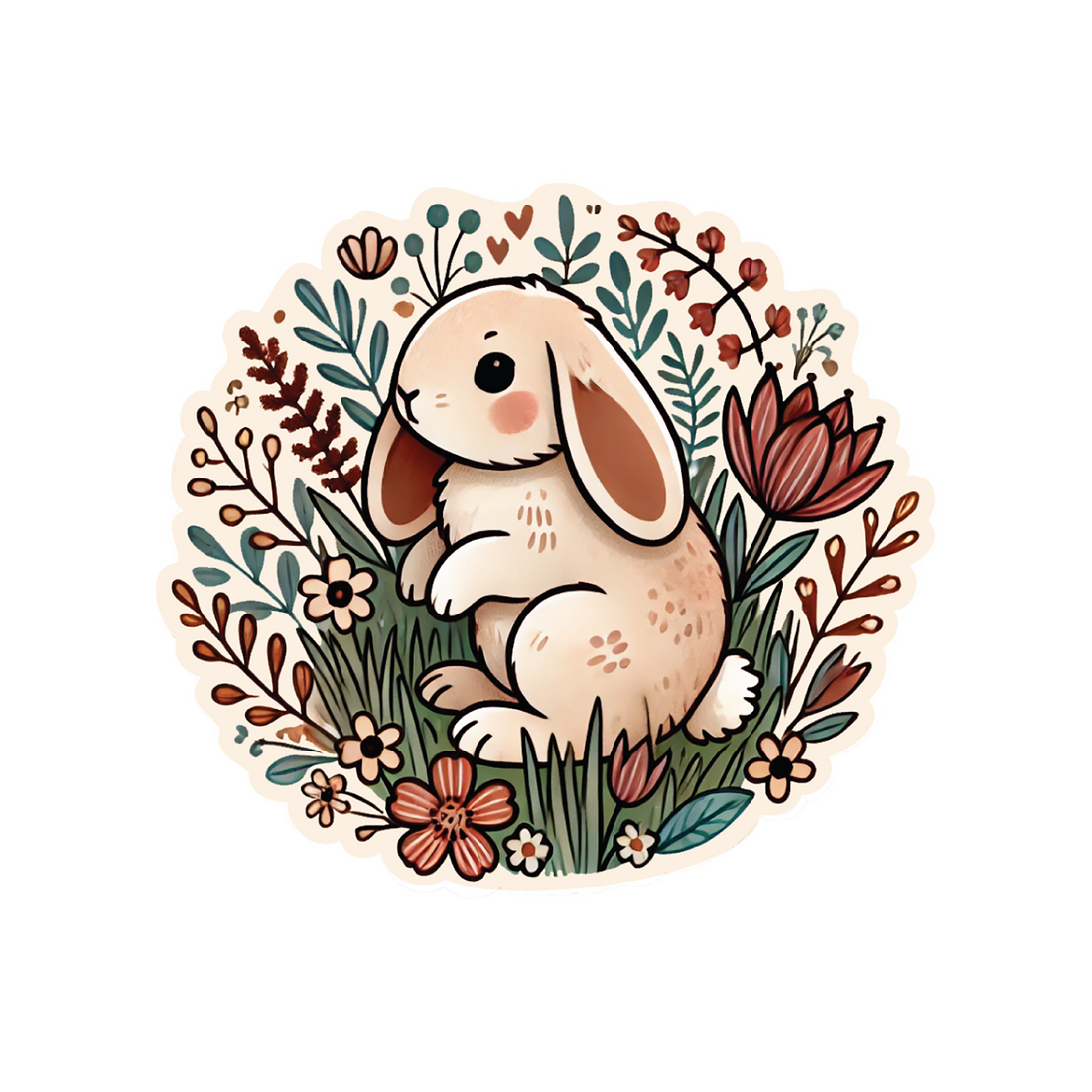
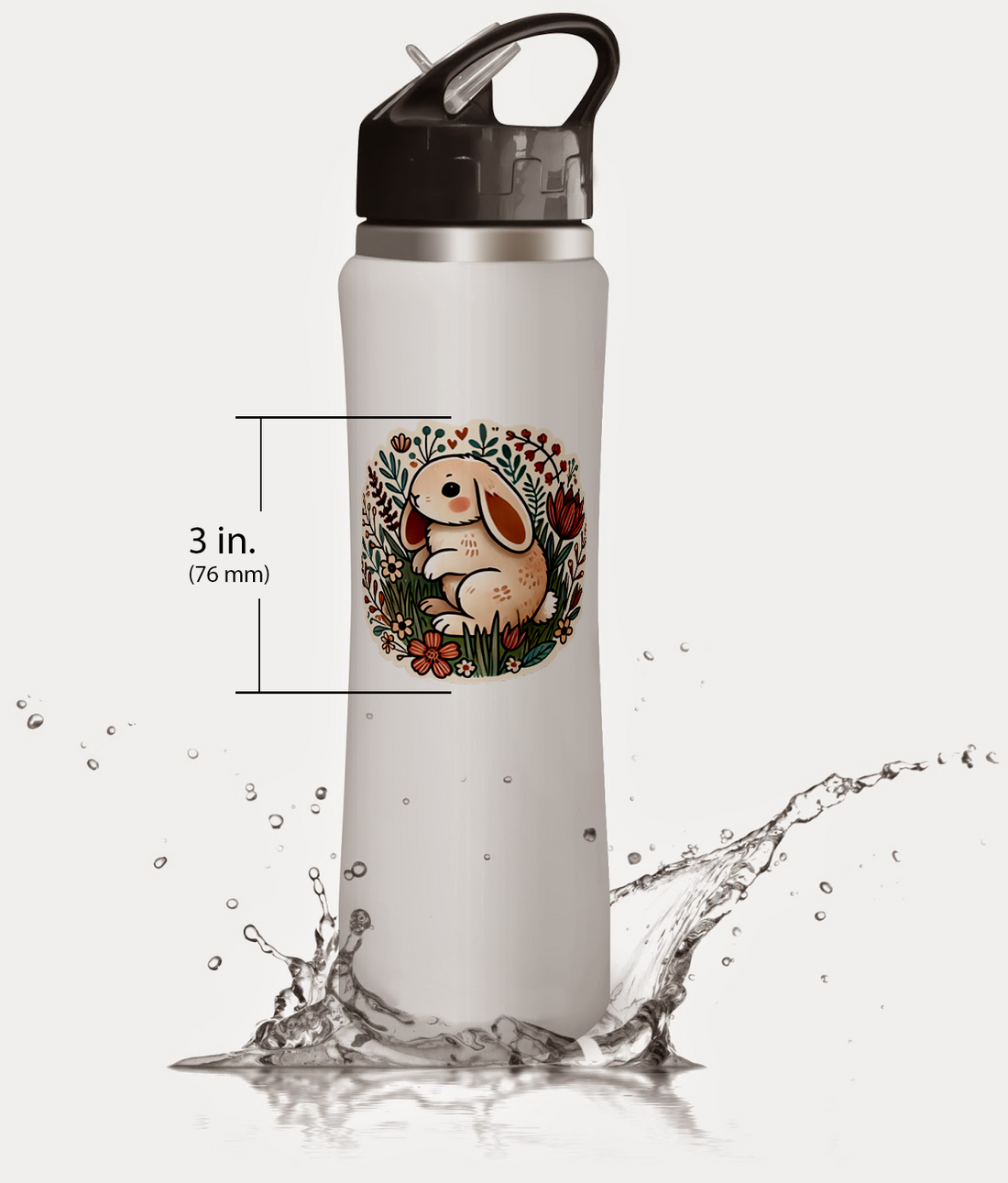
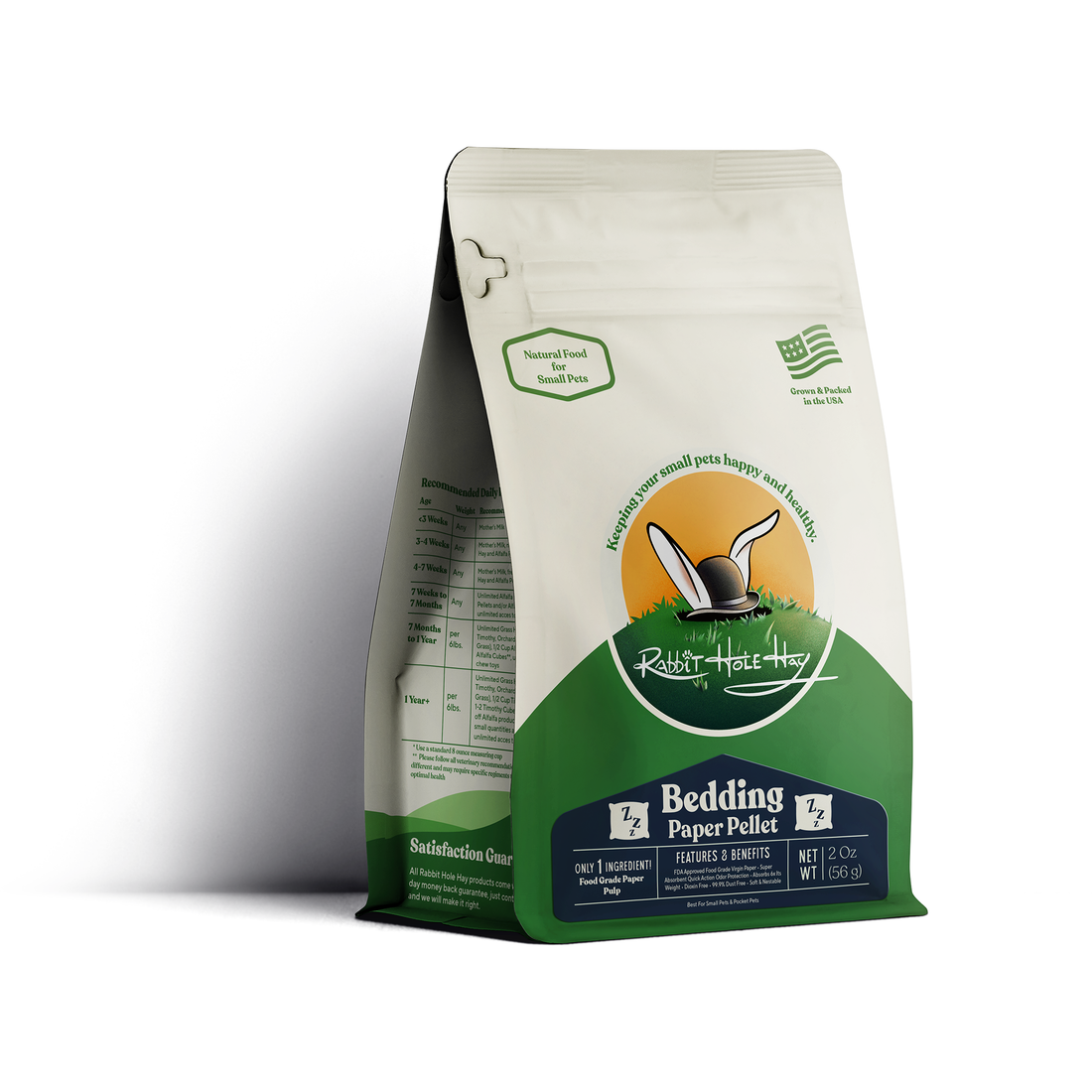
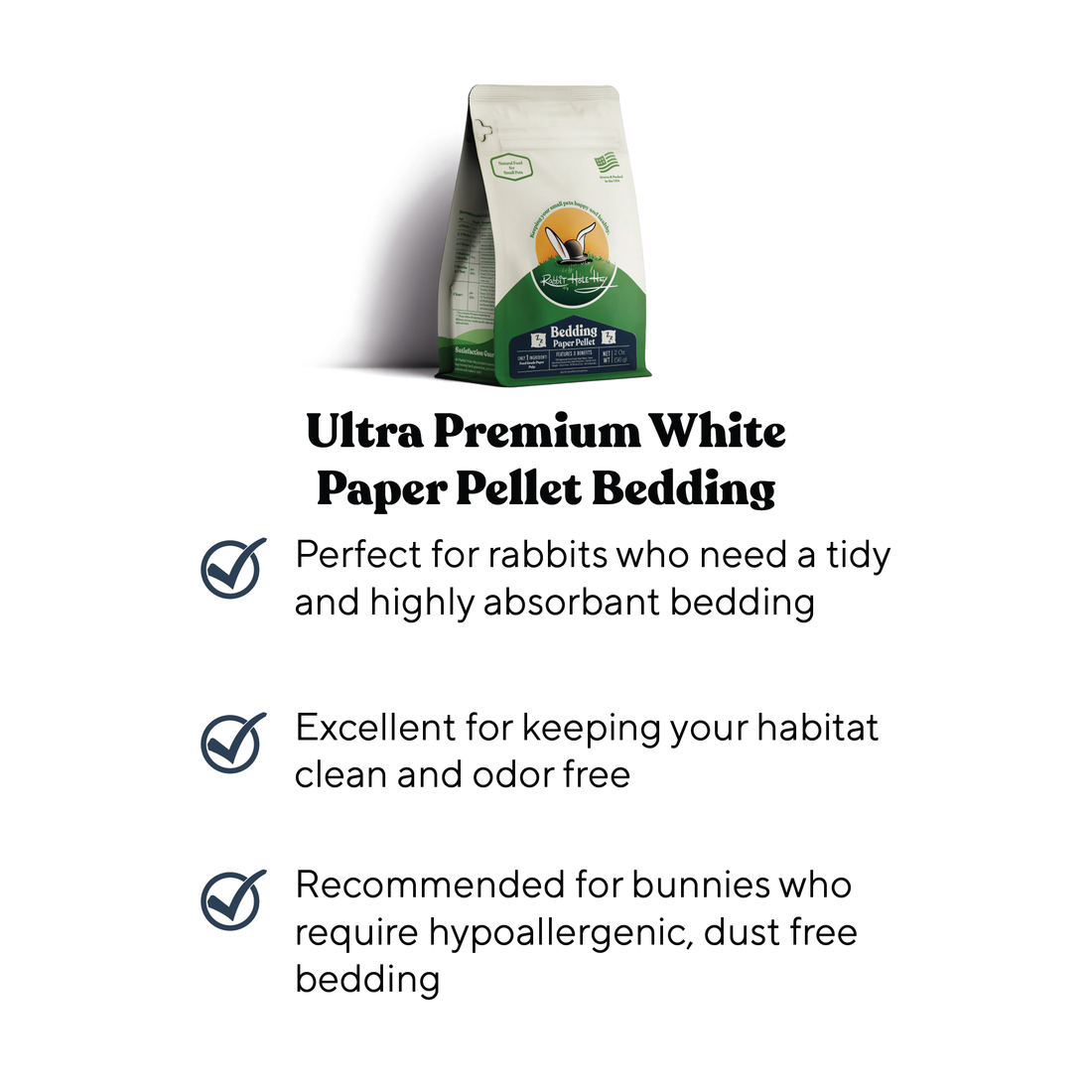
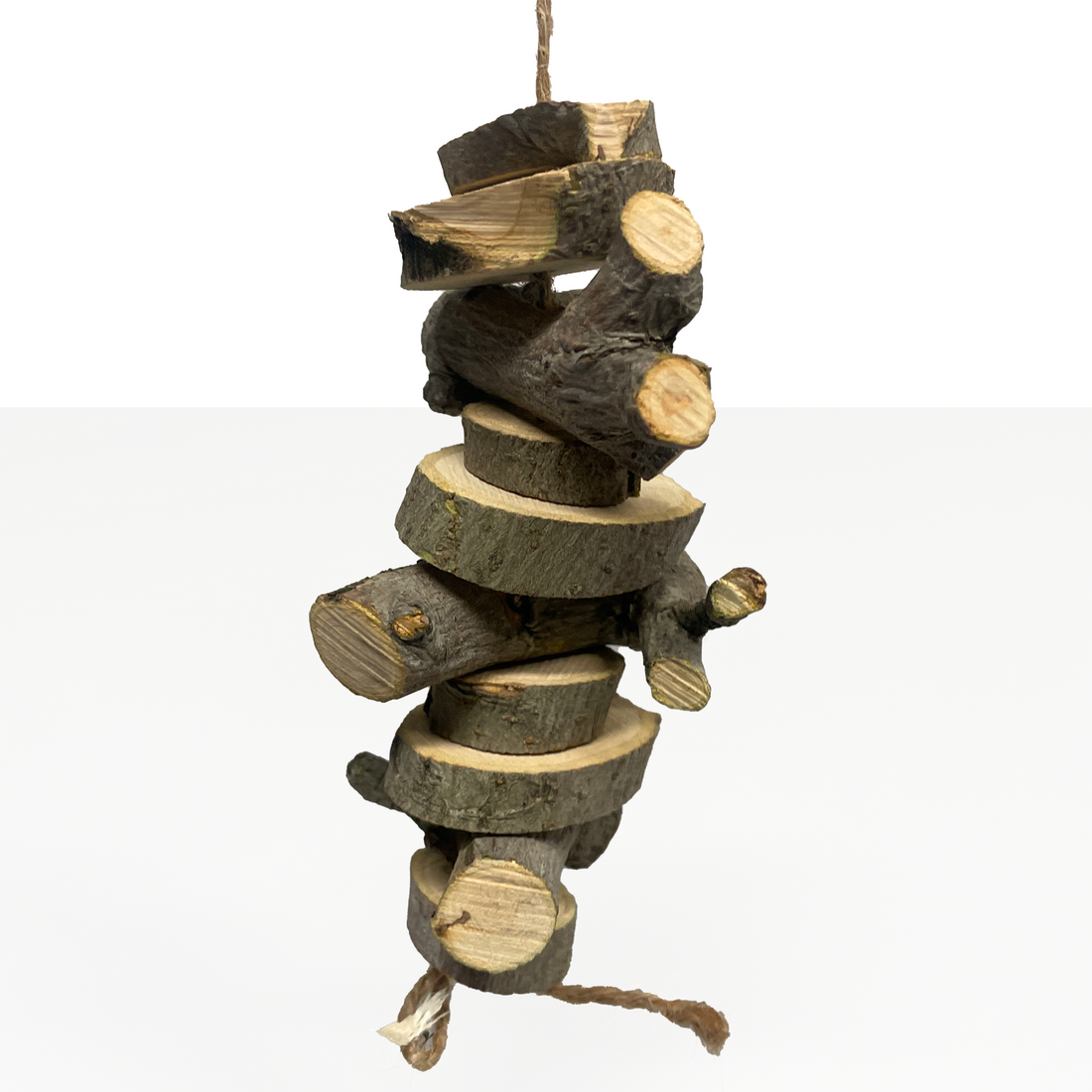


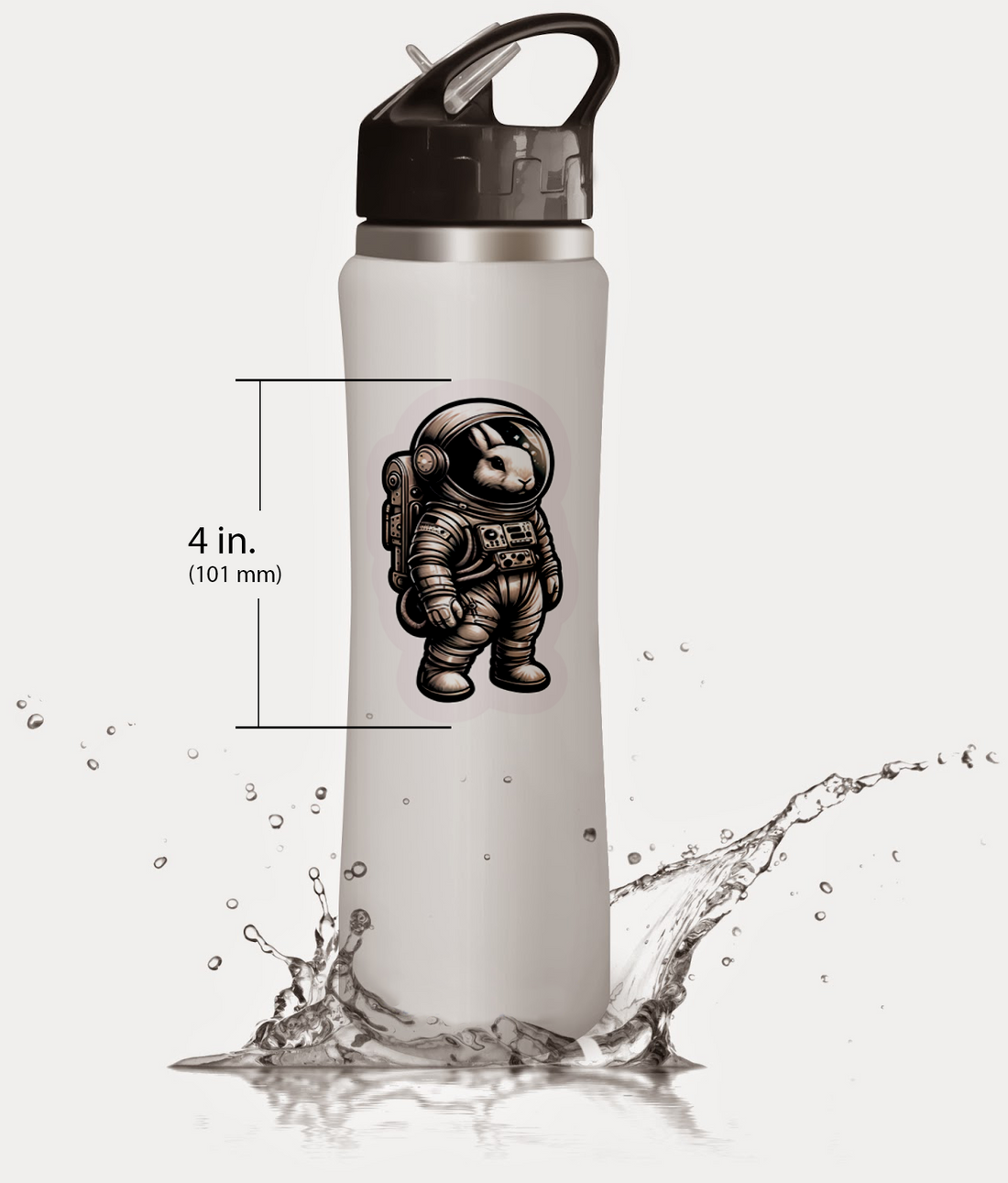
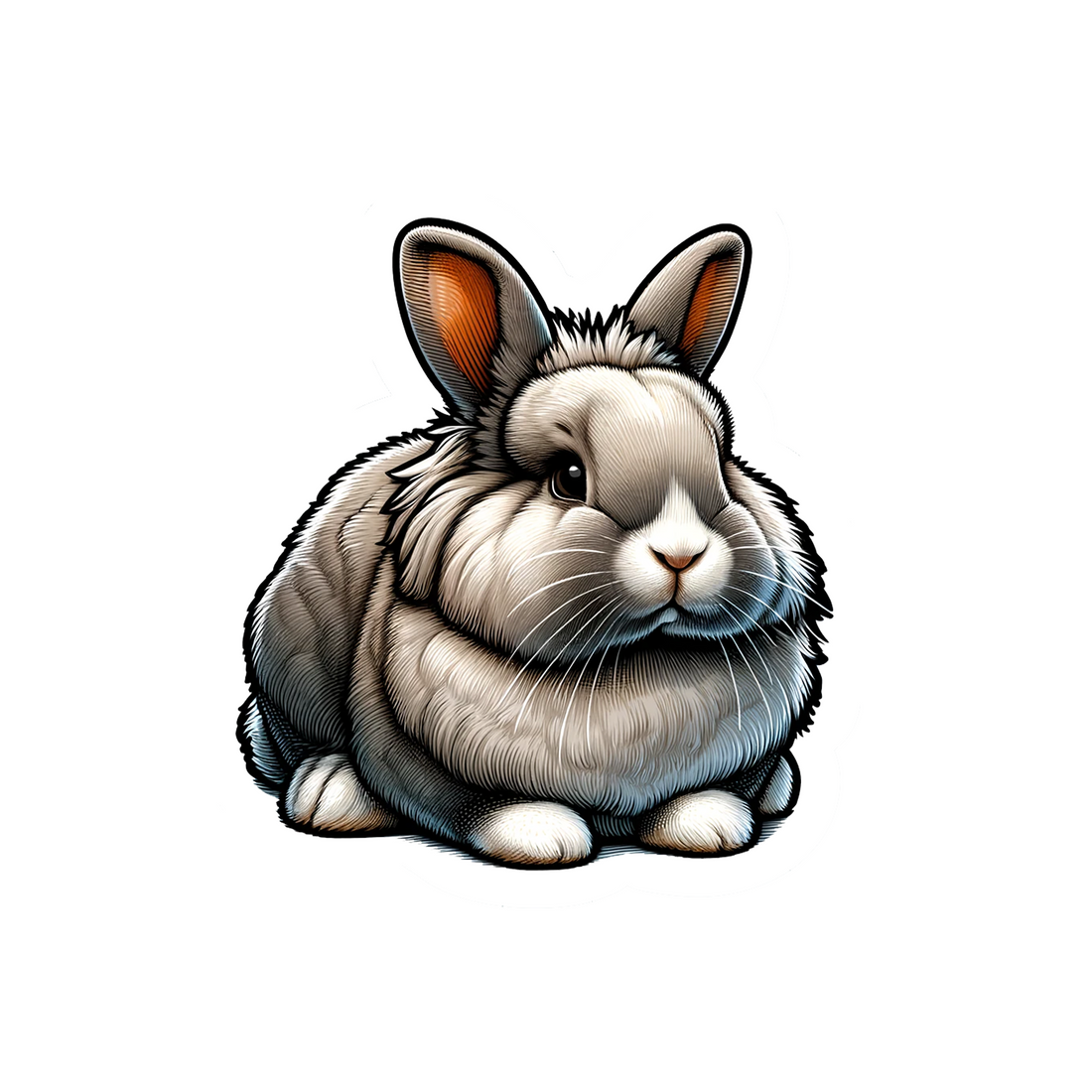
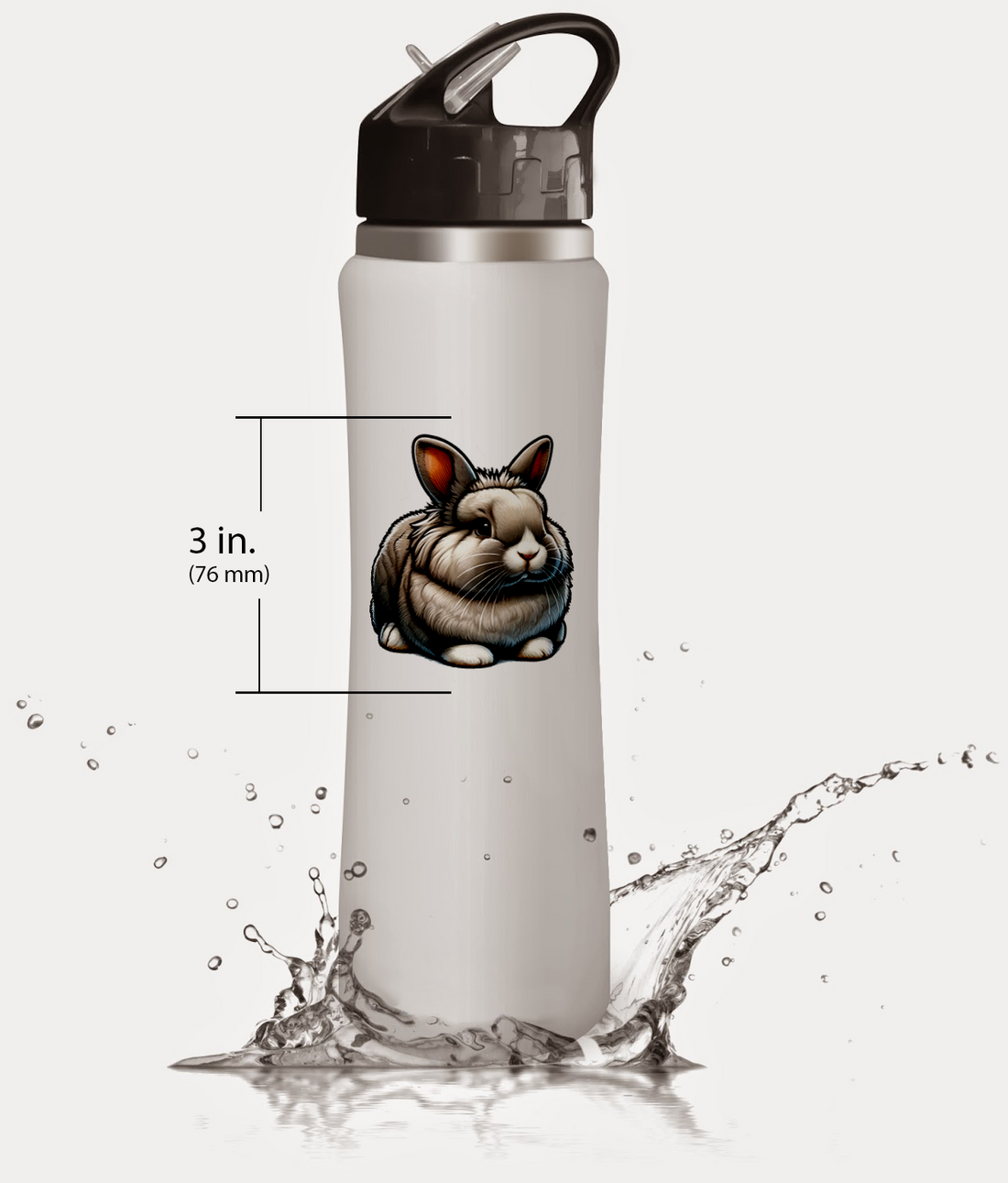

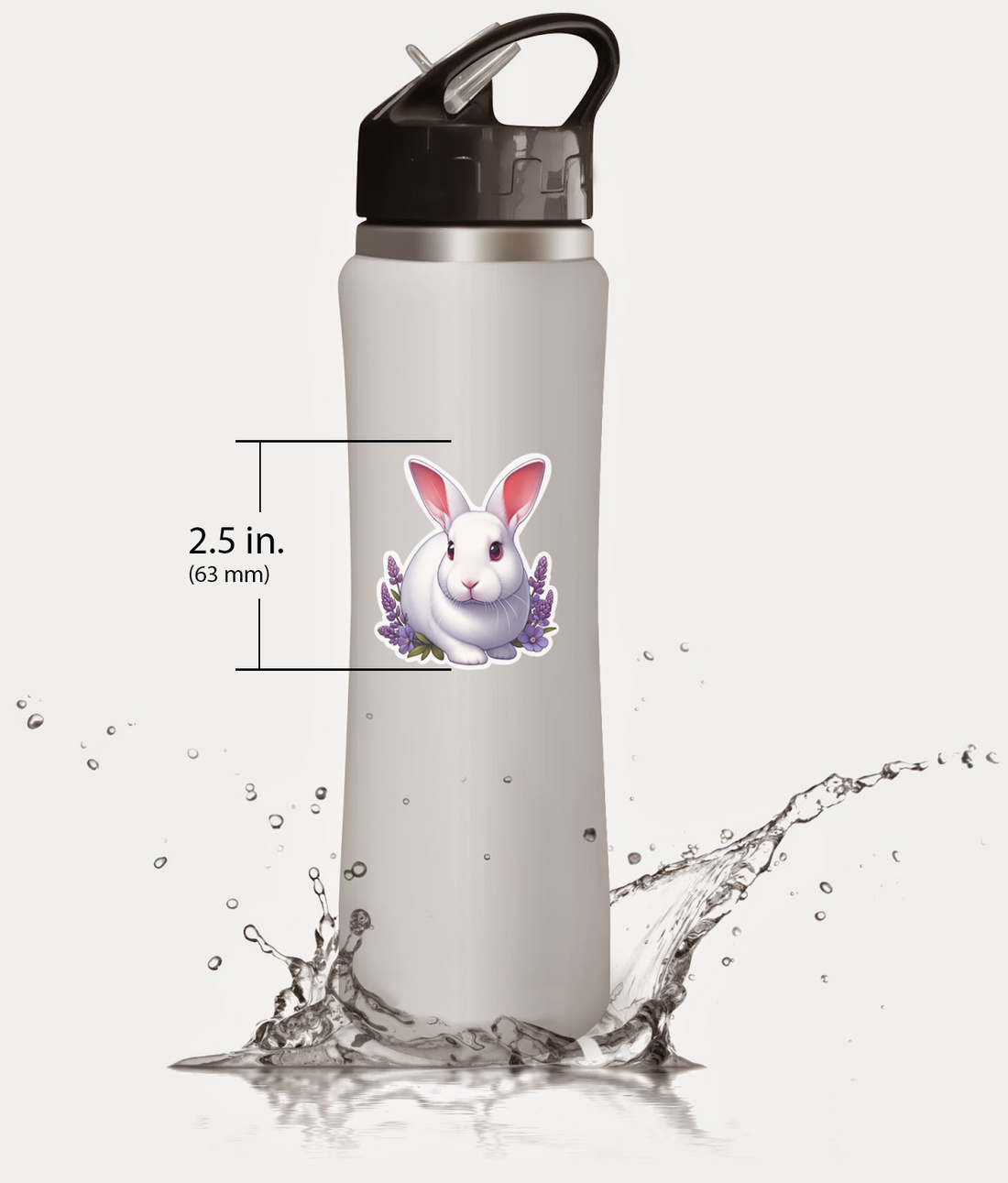

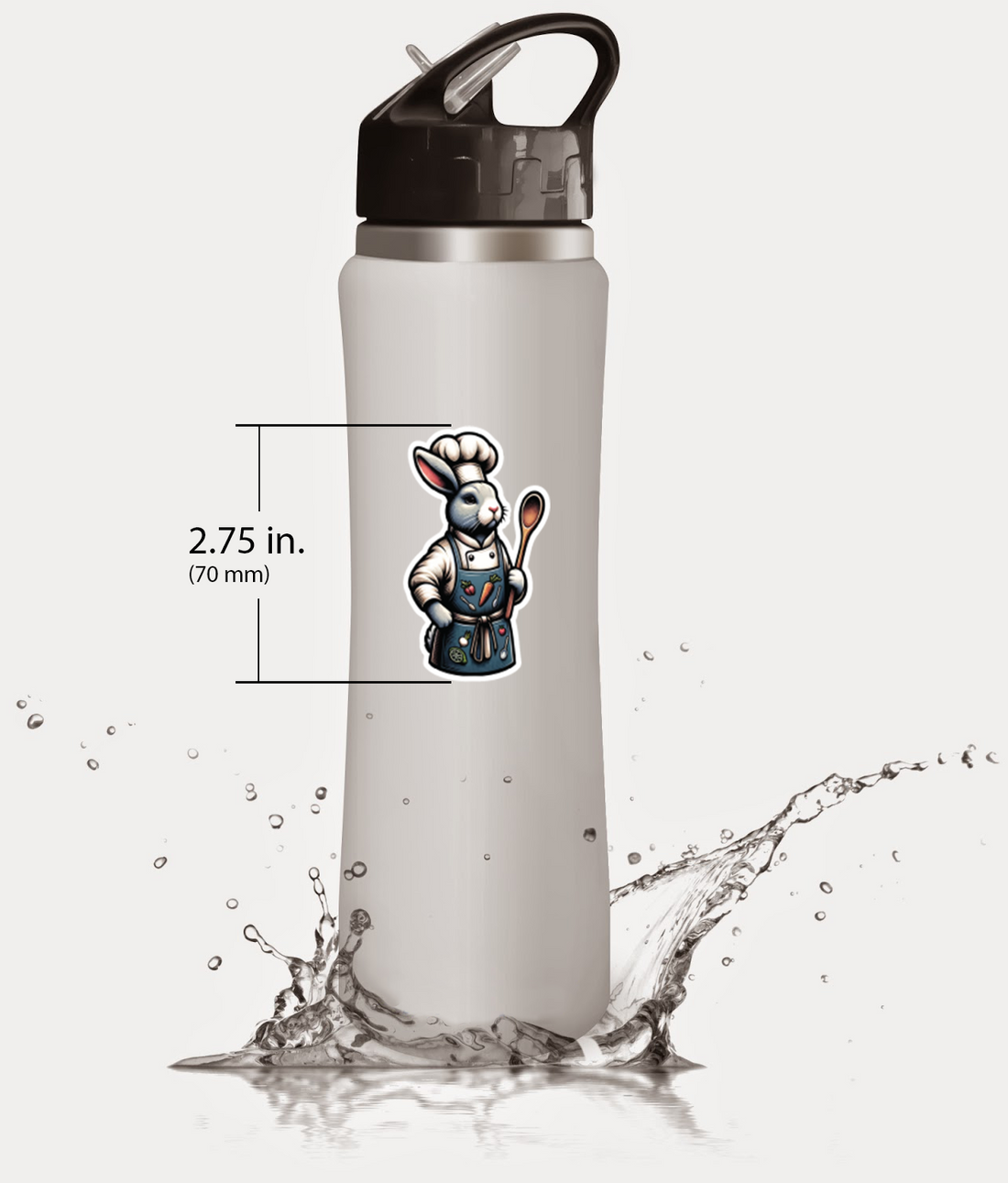
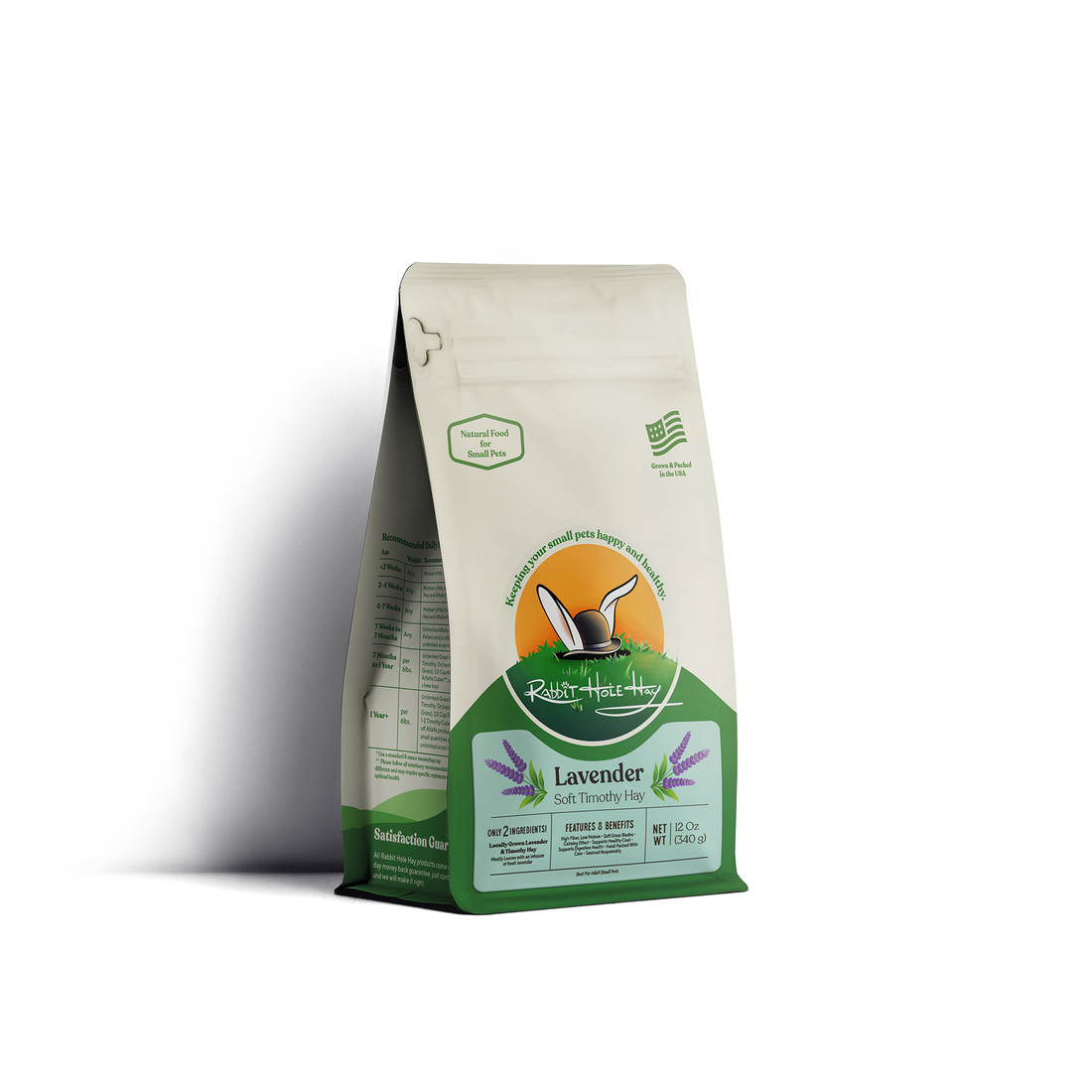
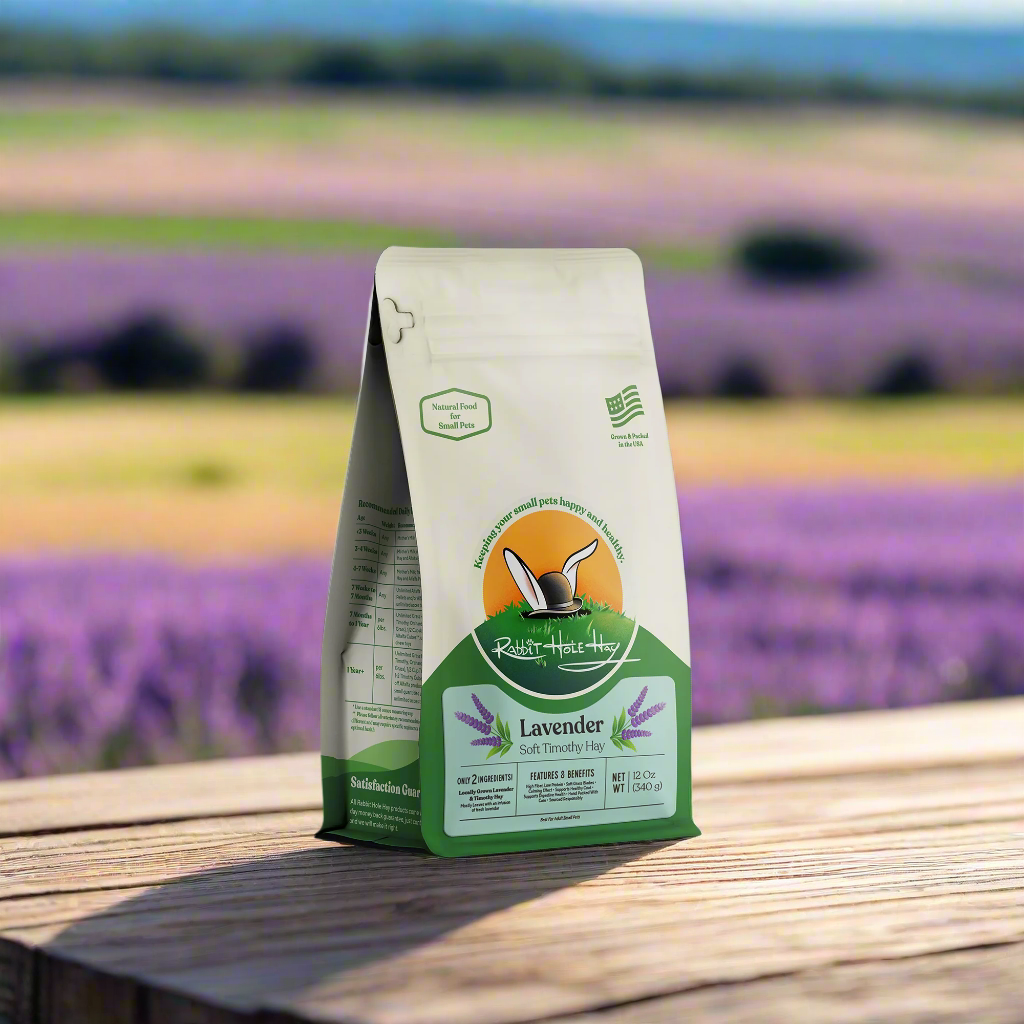

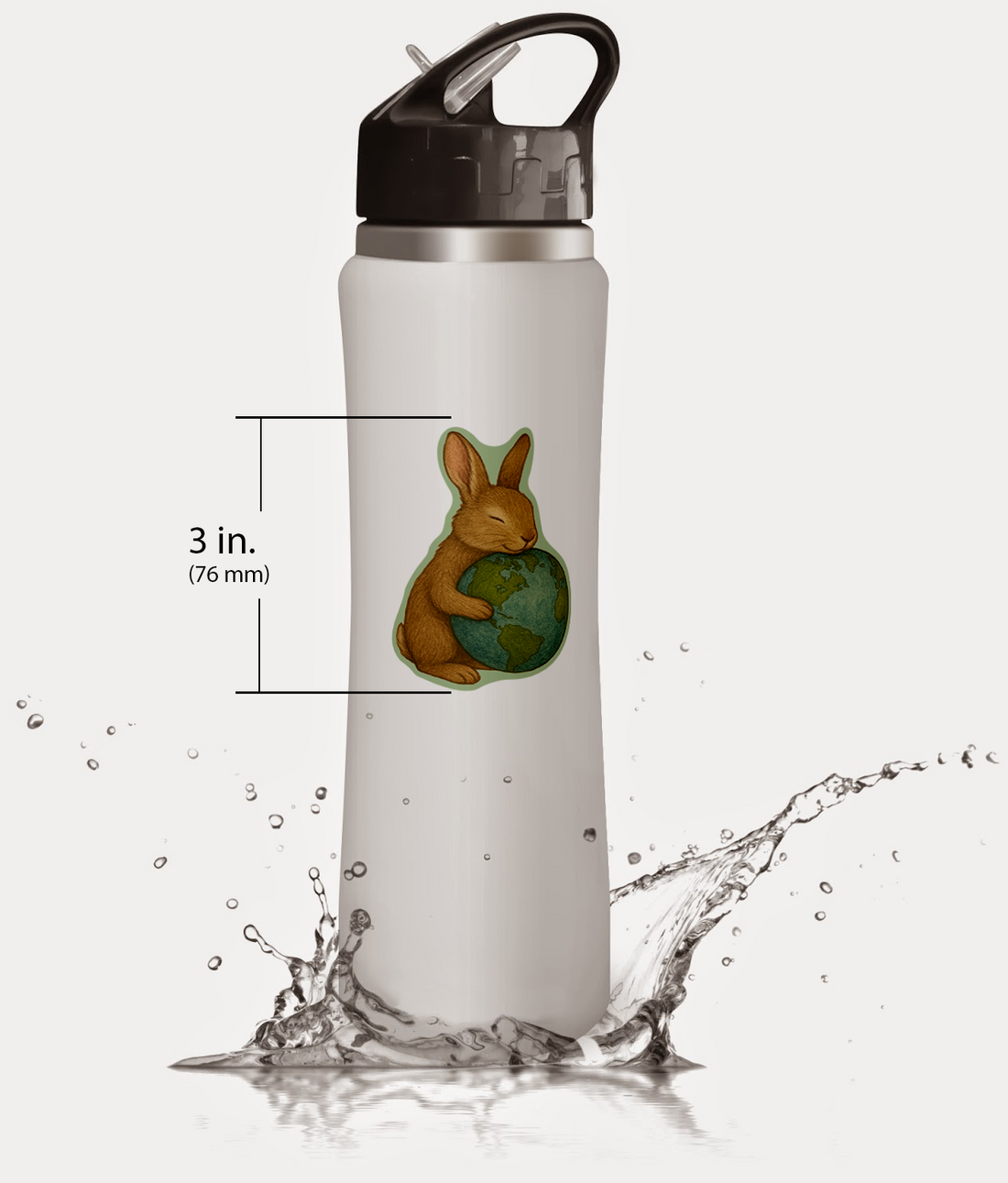


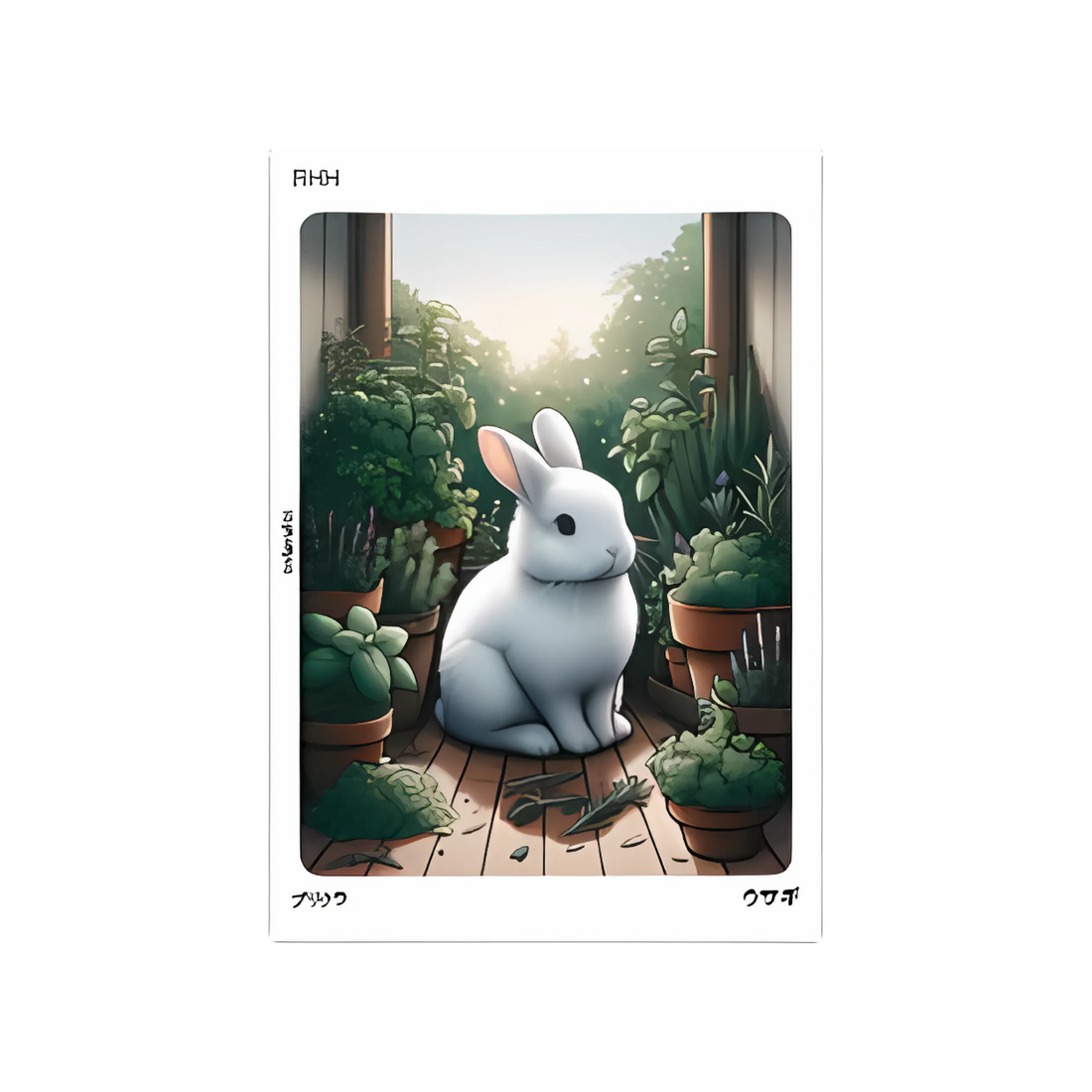

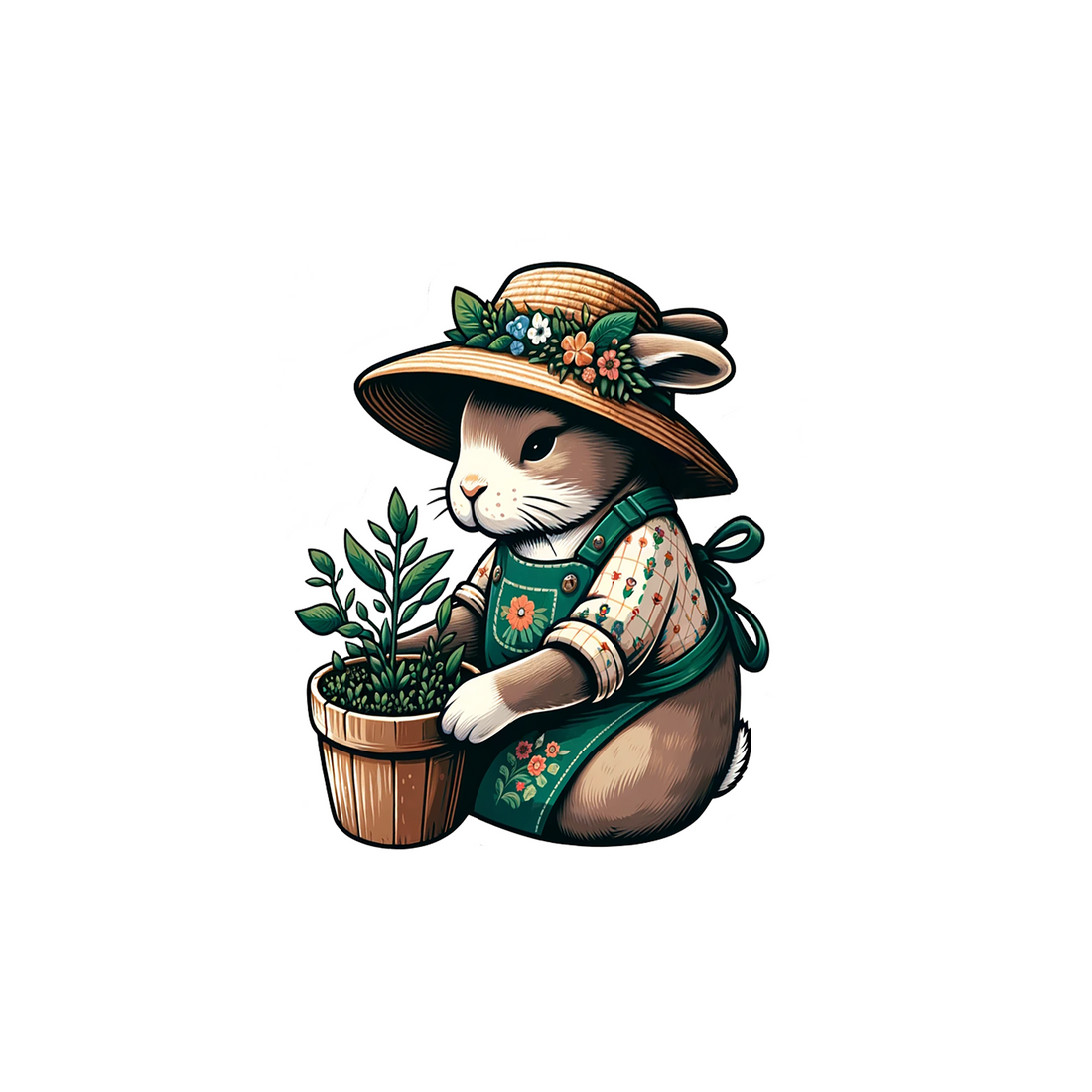
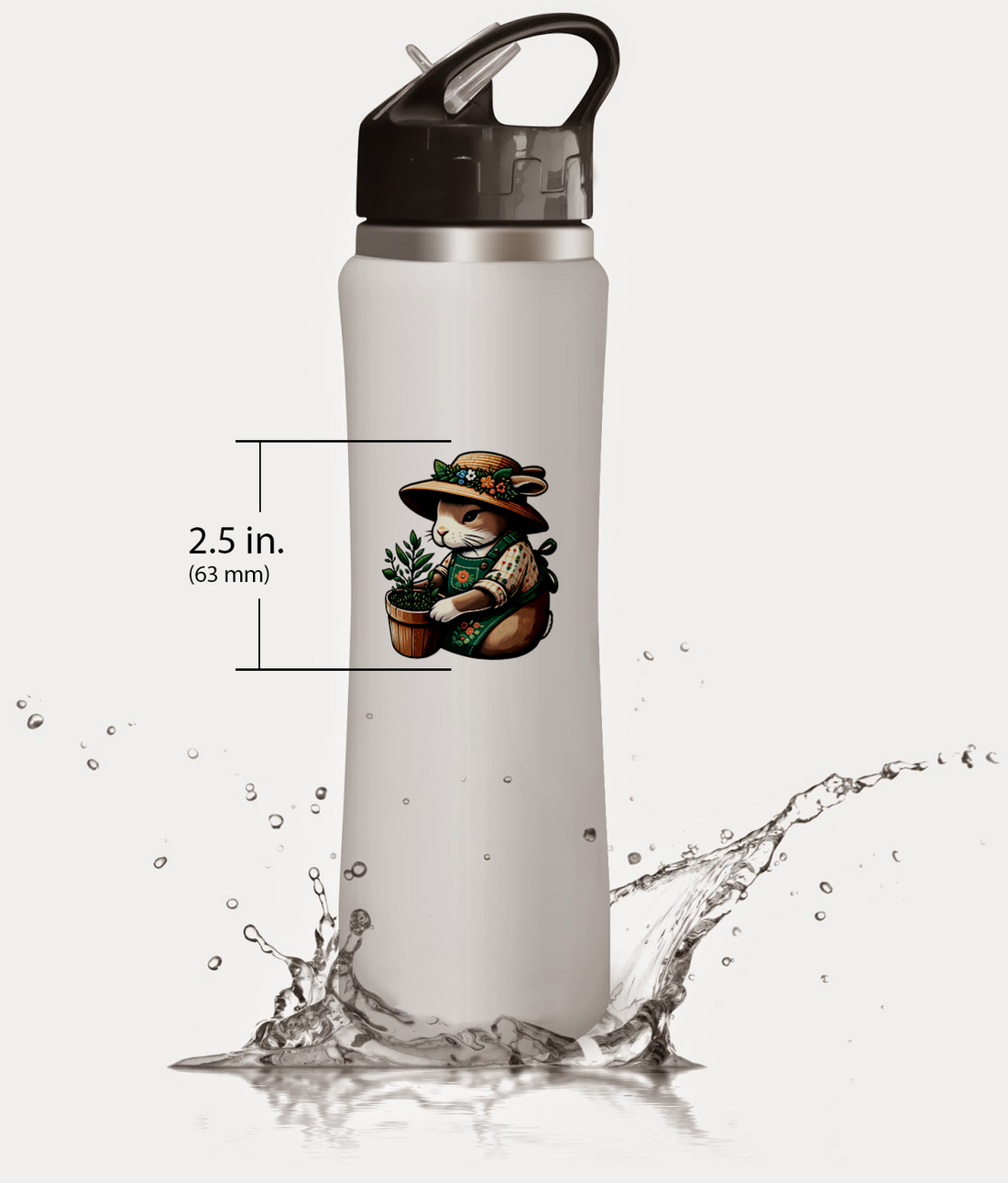





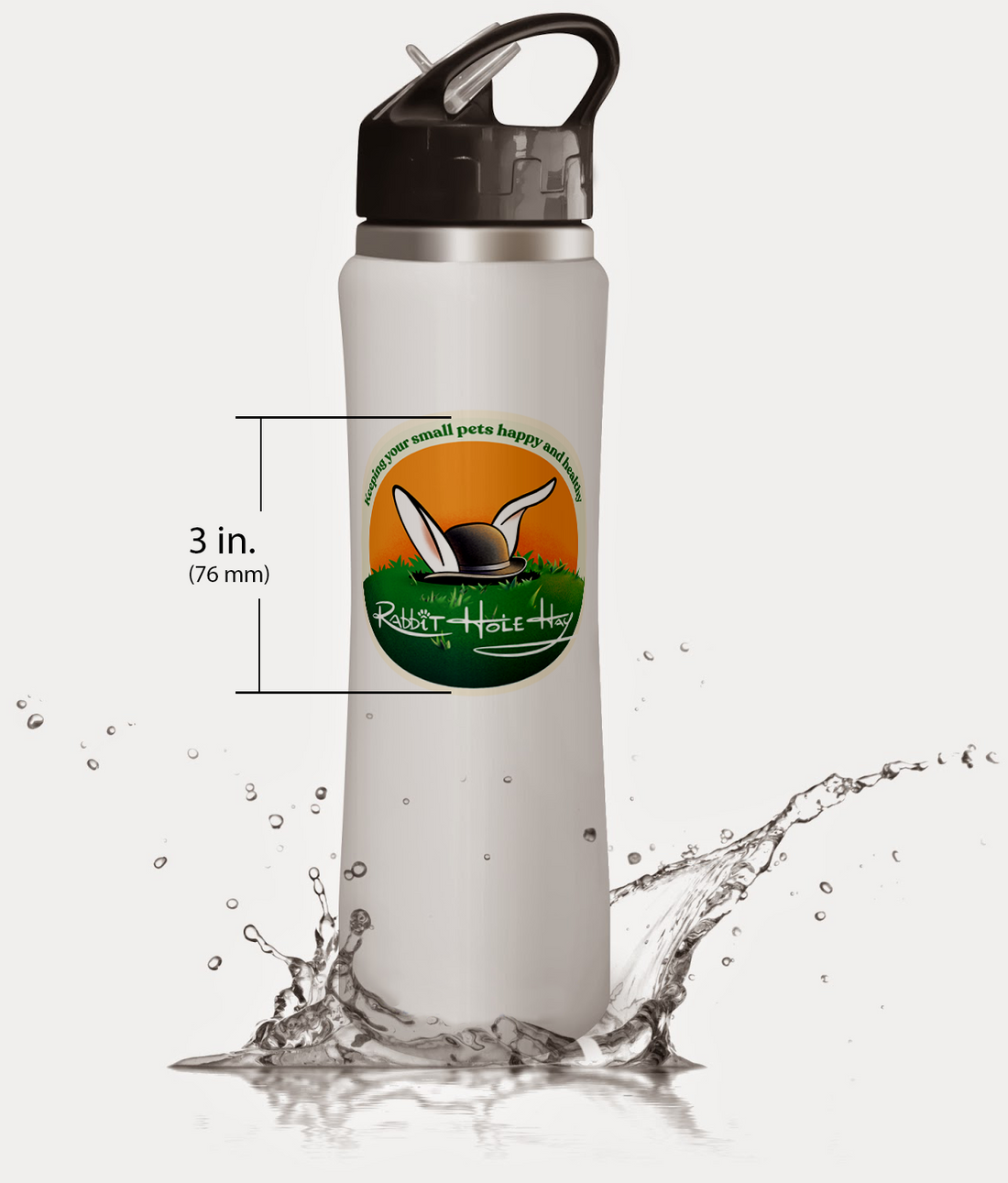





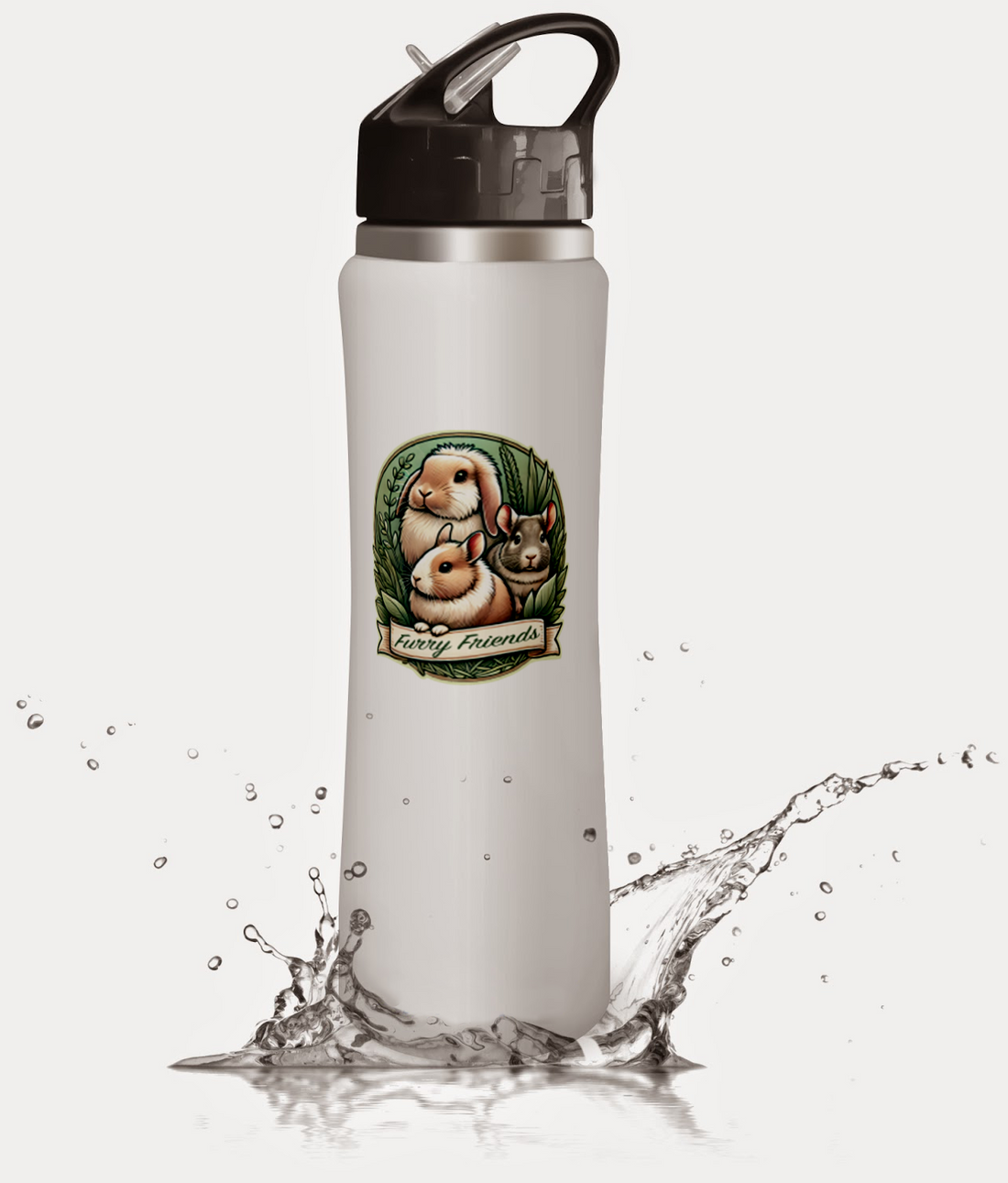

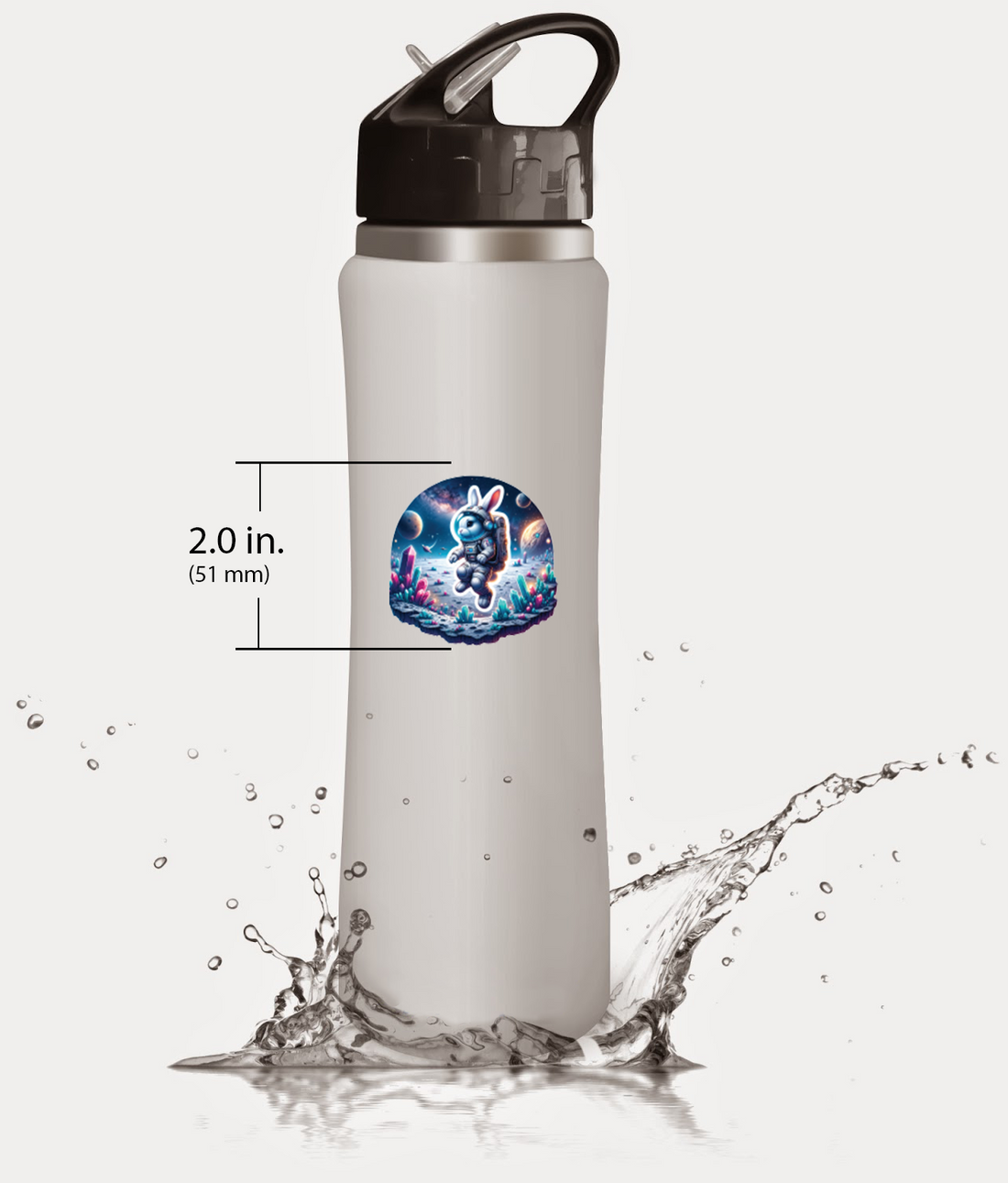



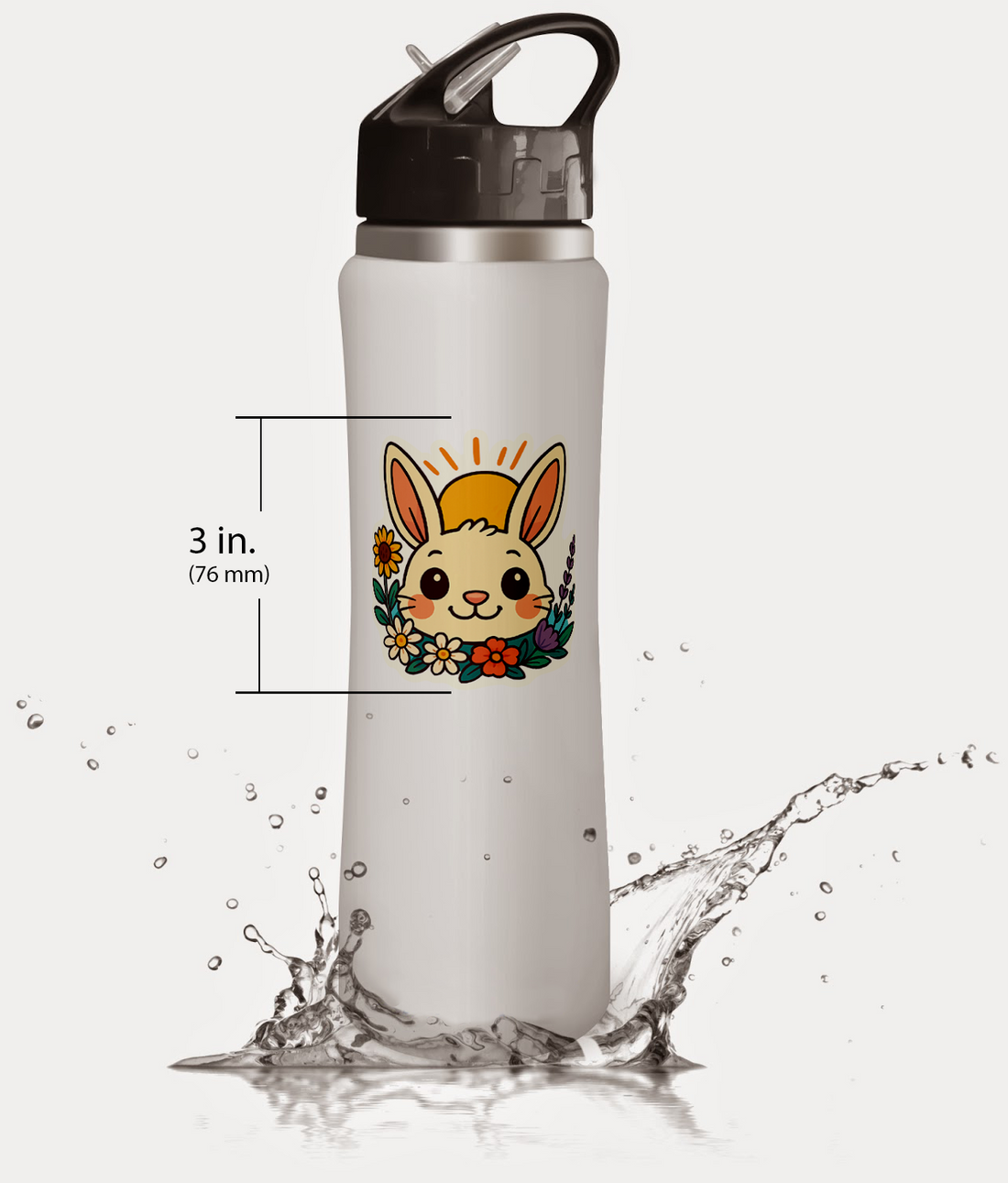

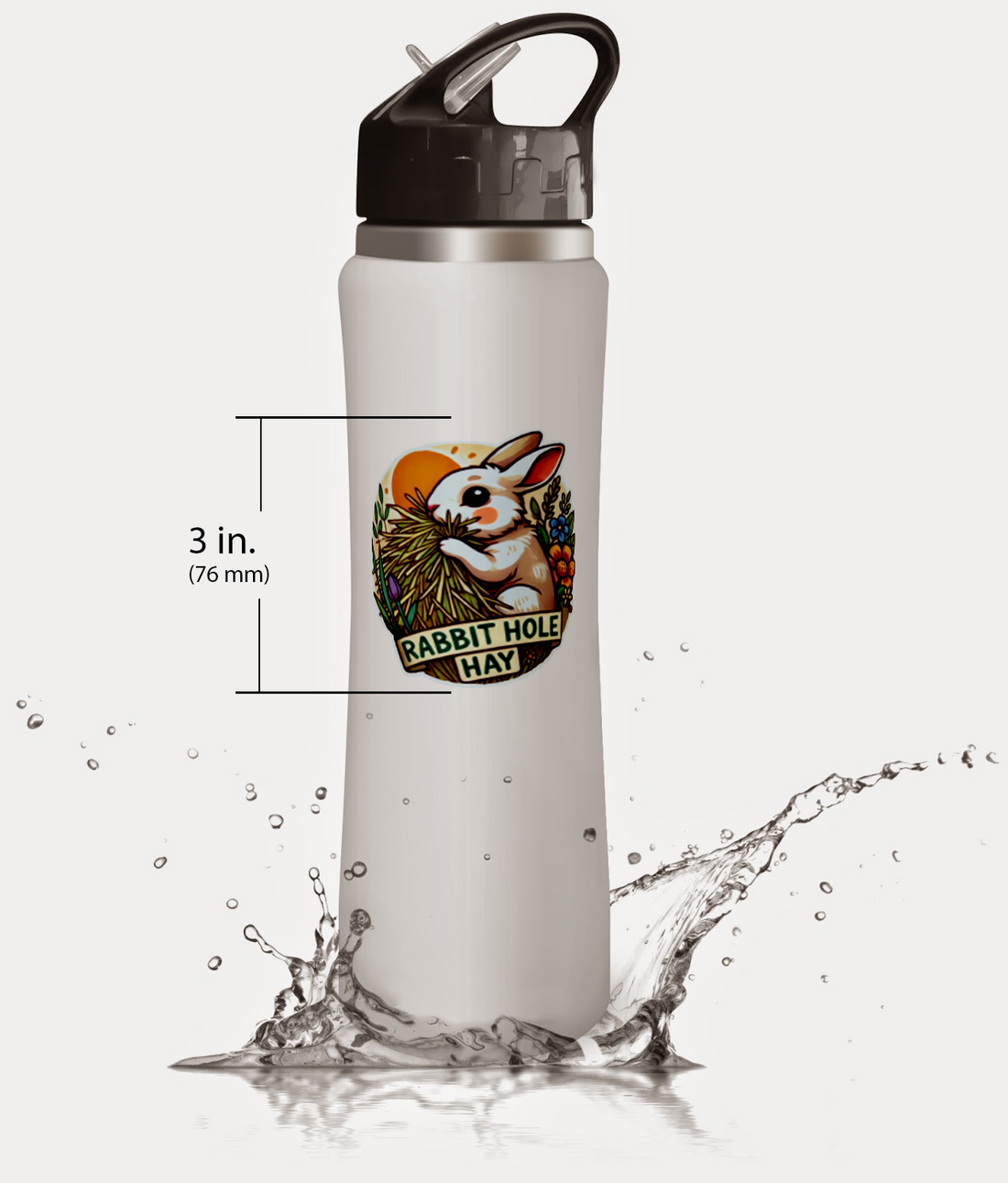
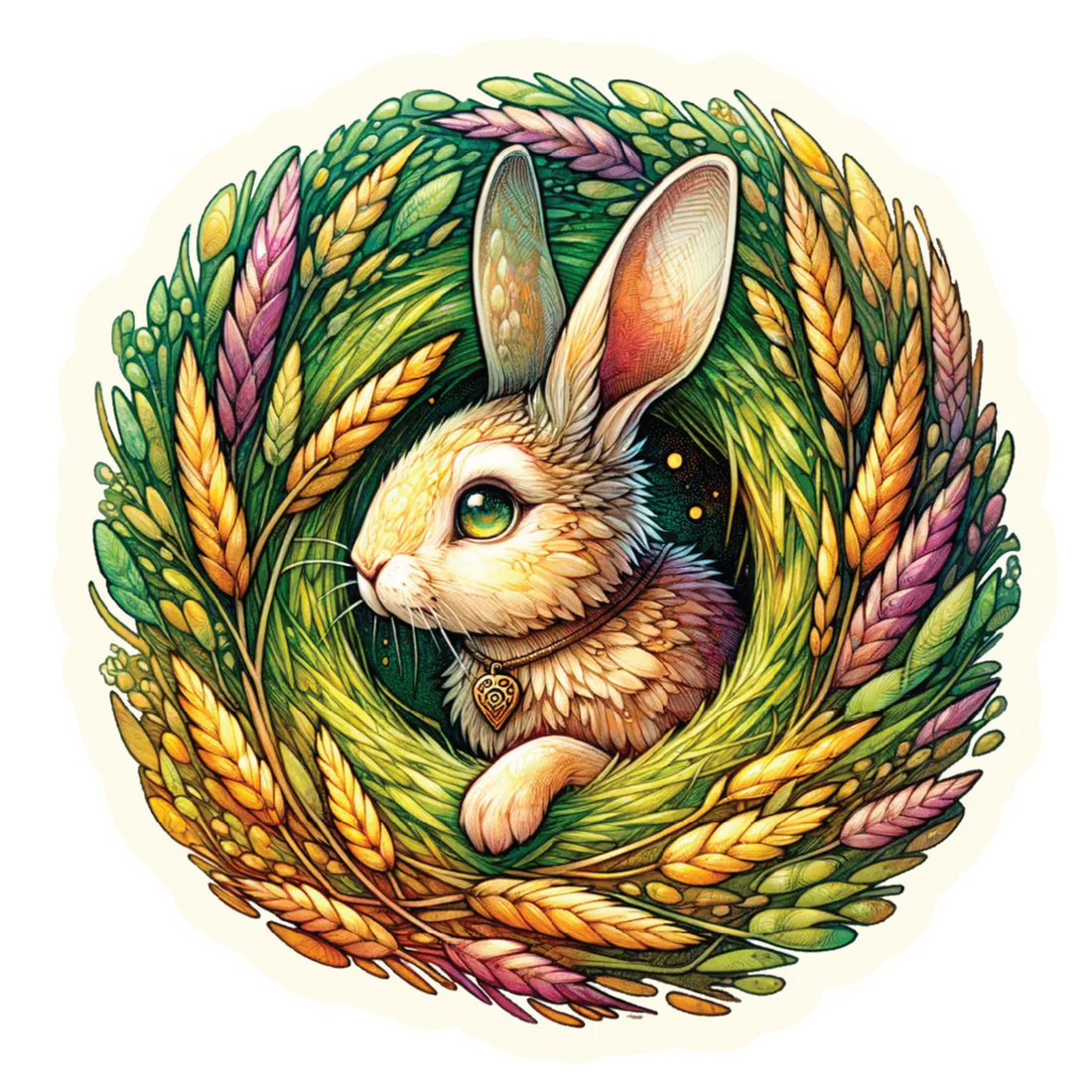


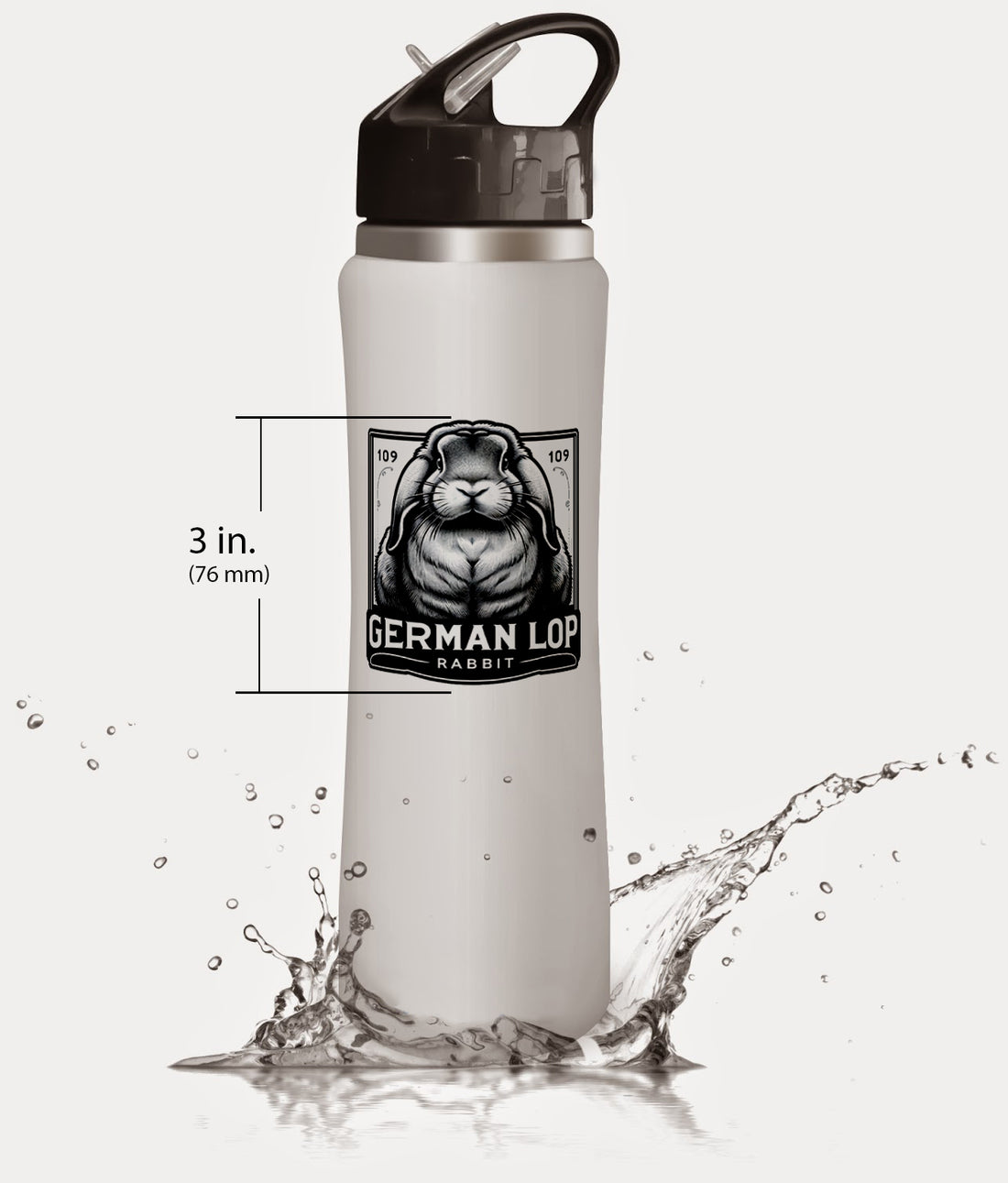

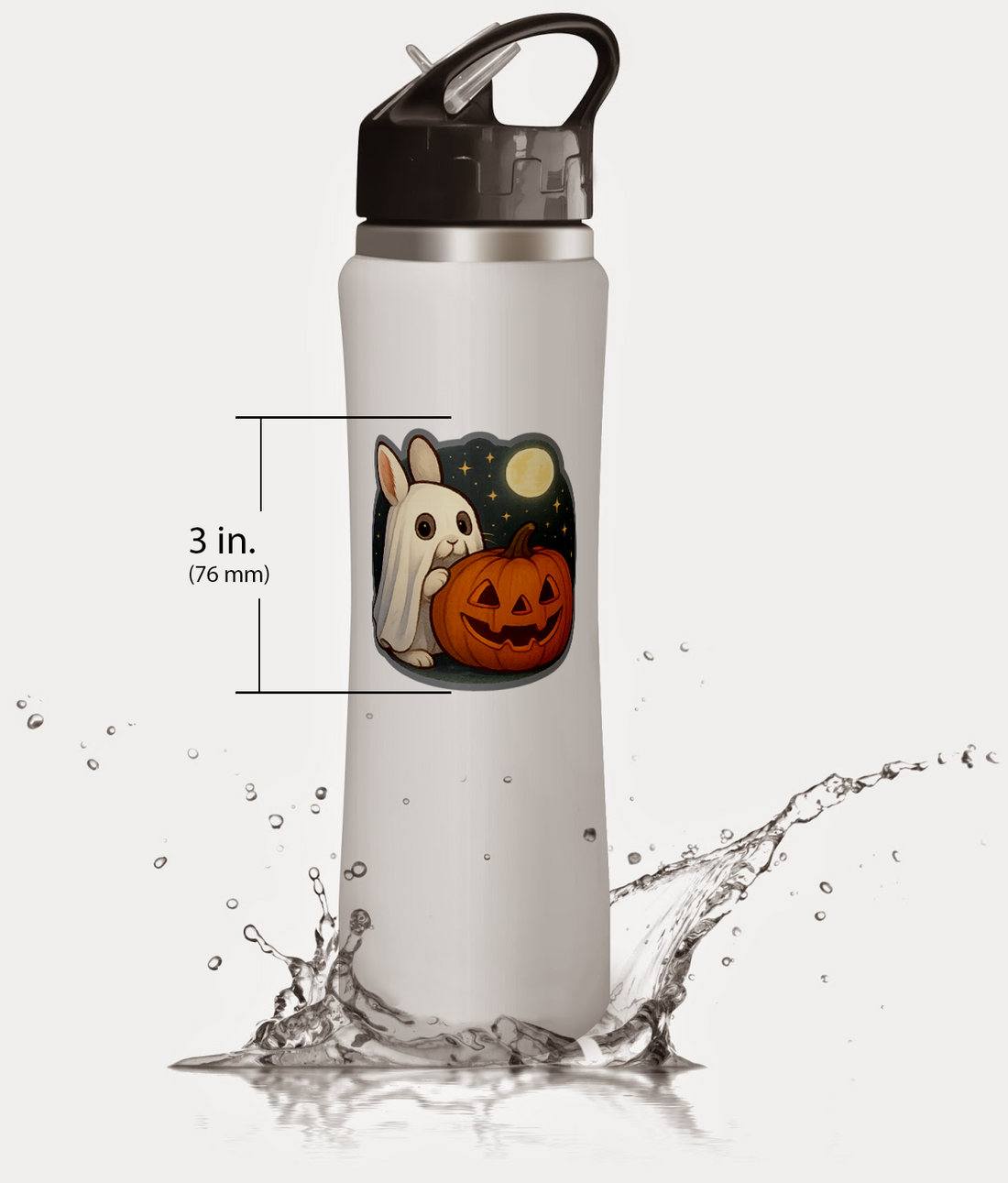
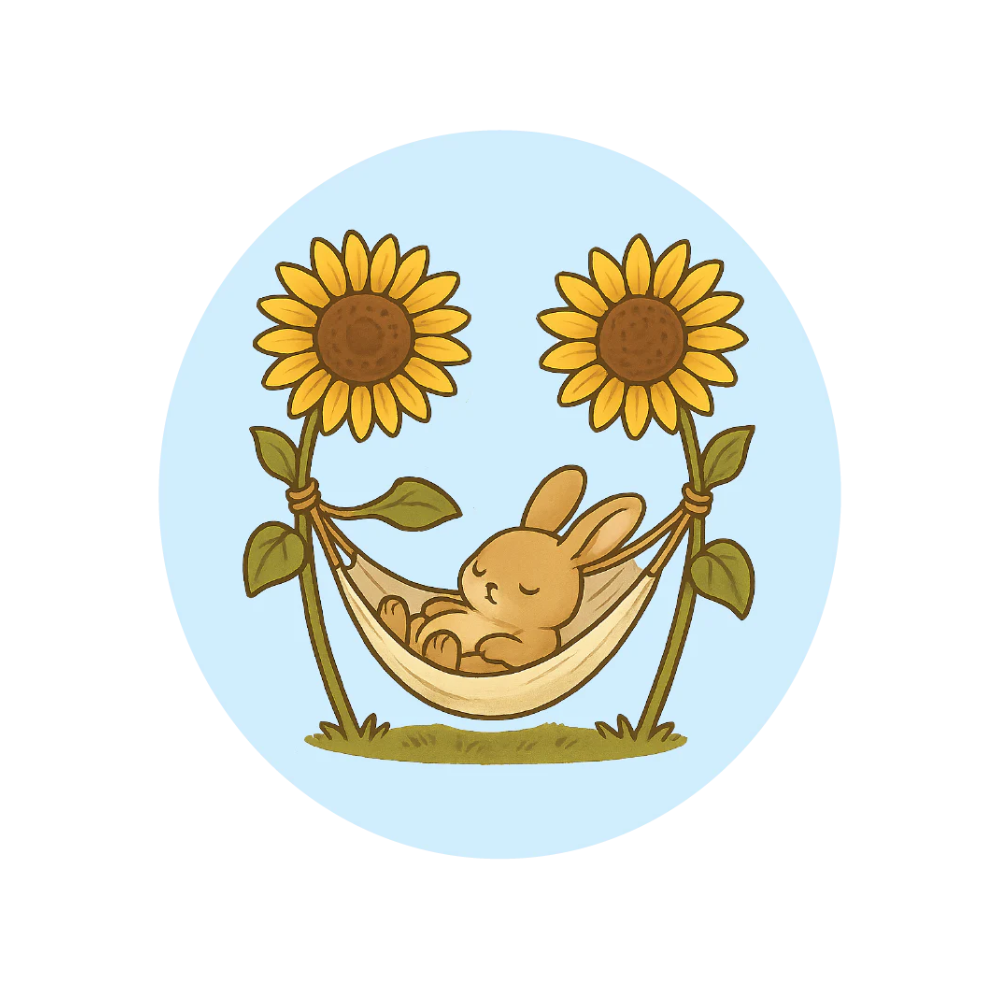




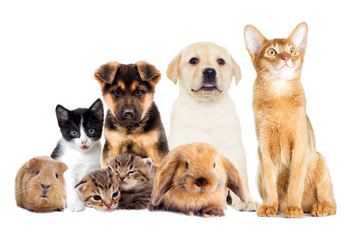
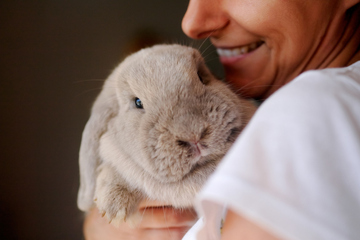
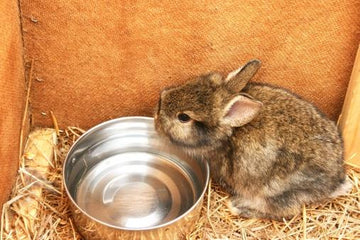
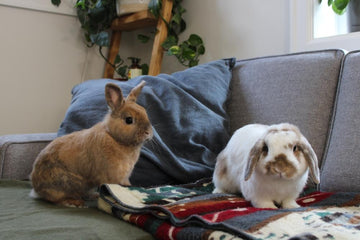


Comments